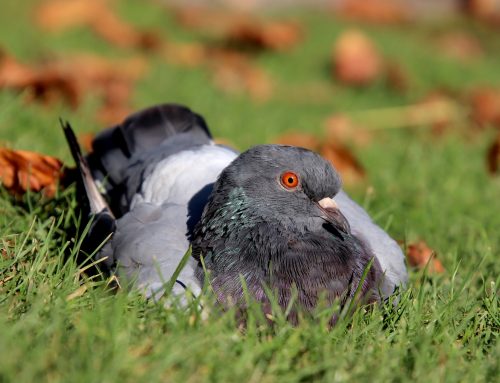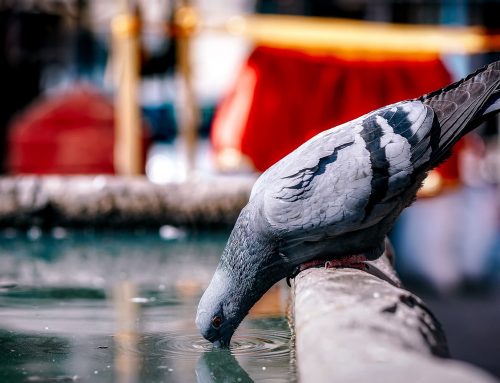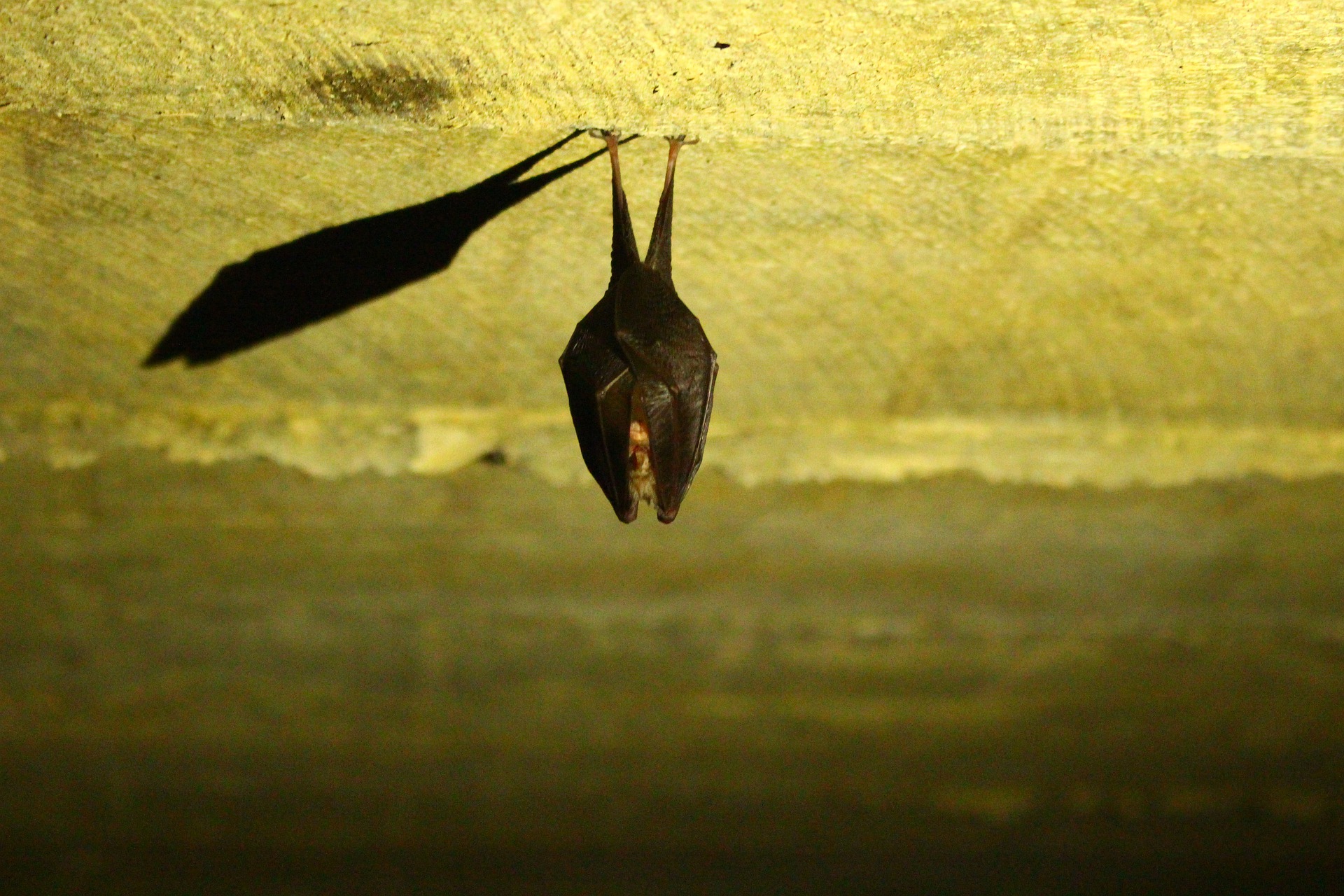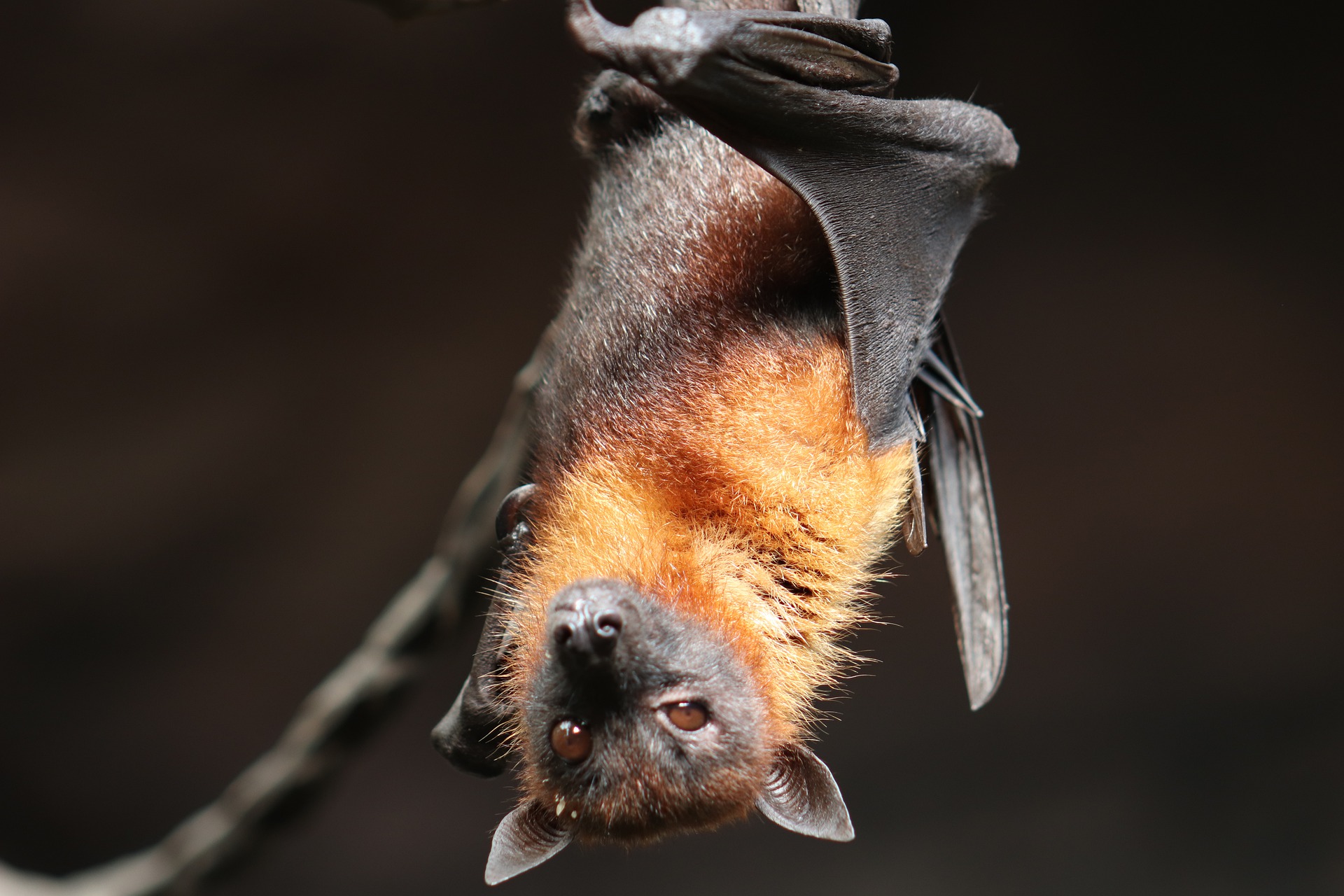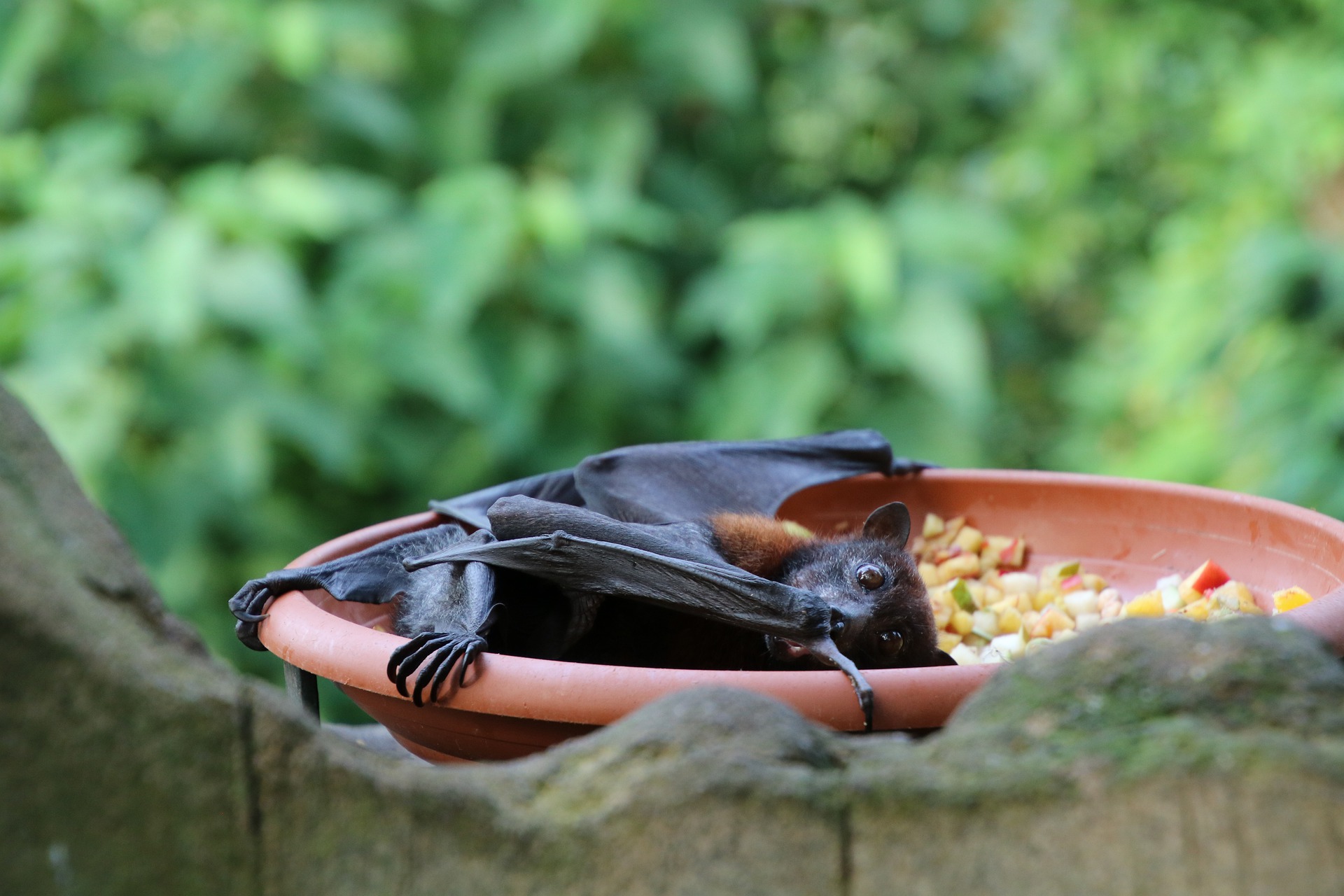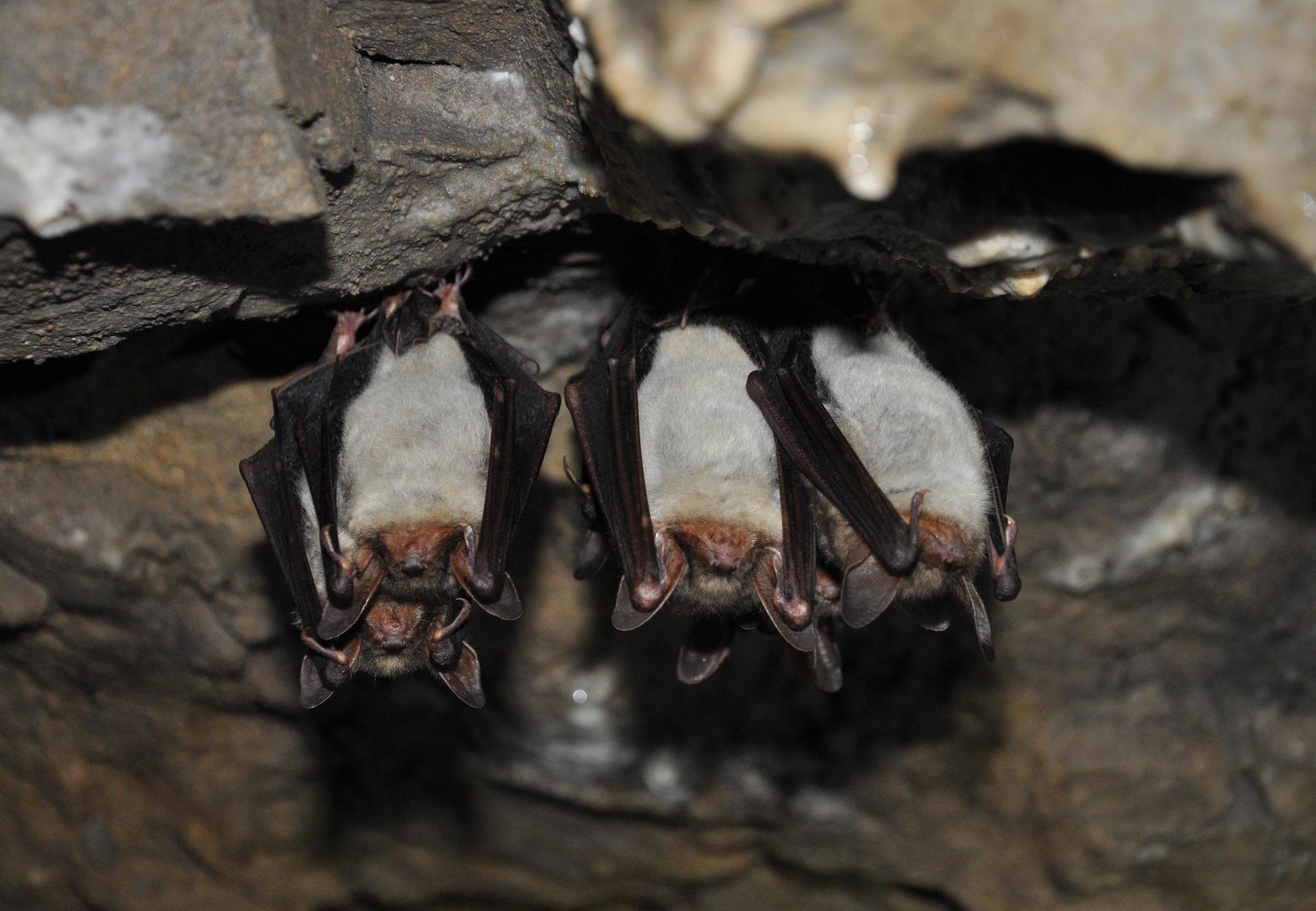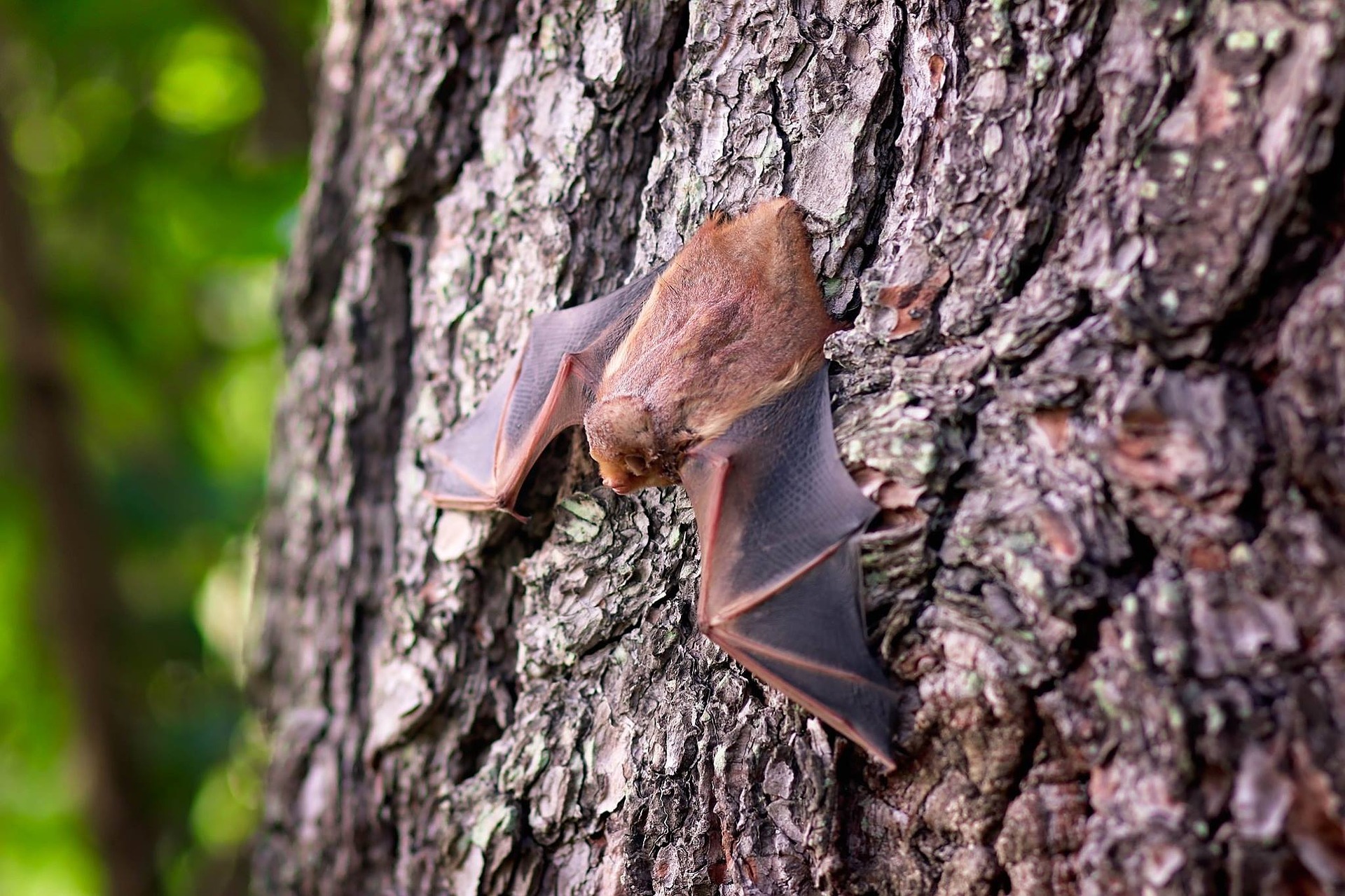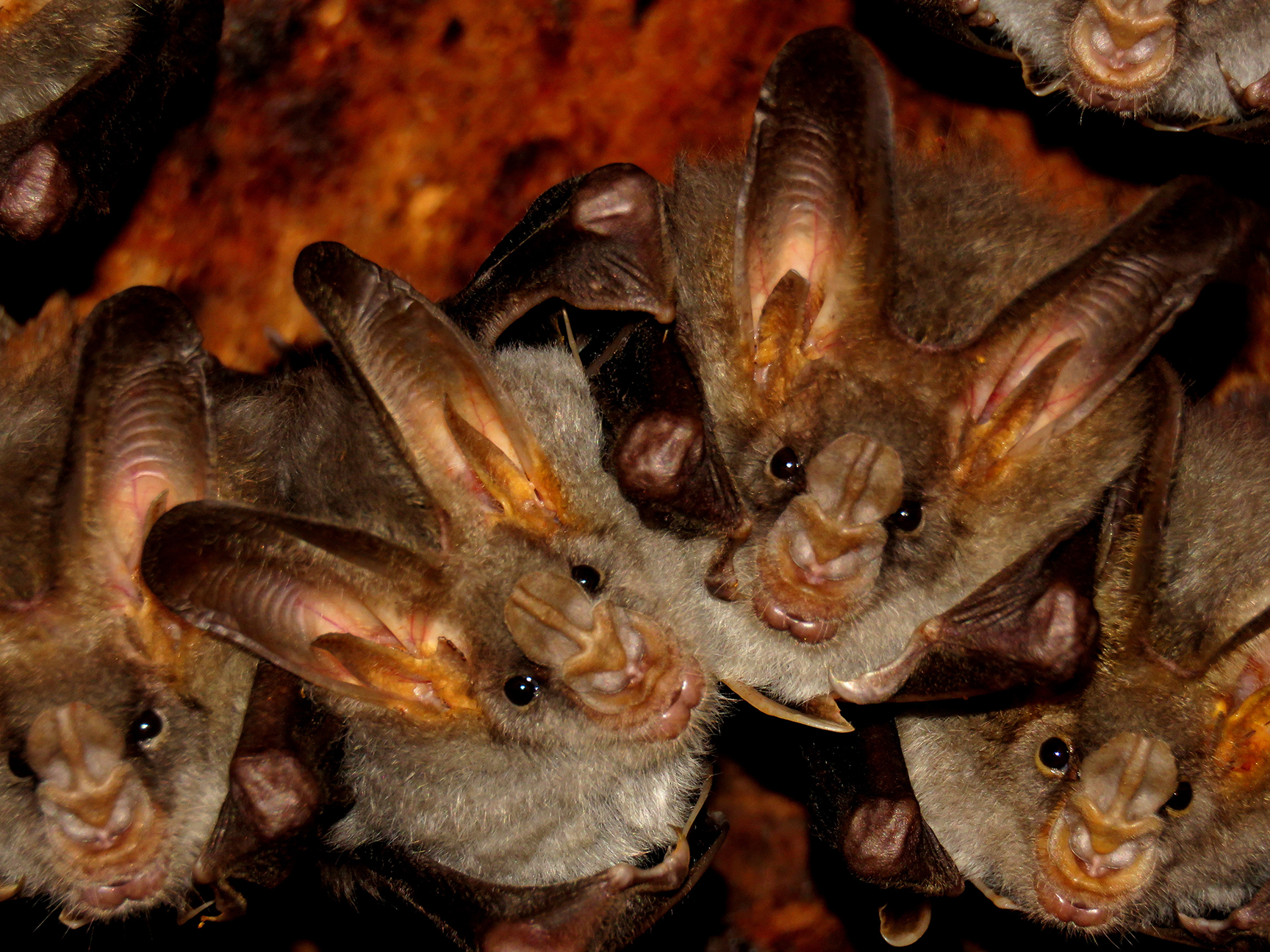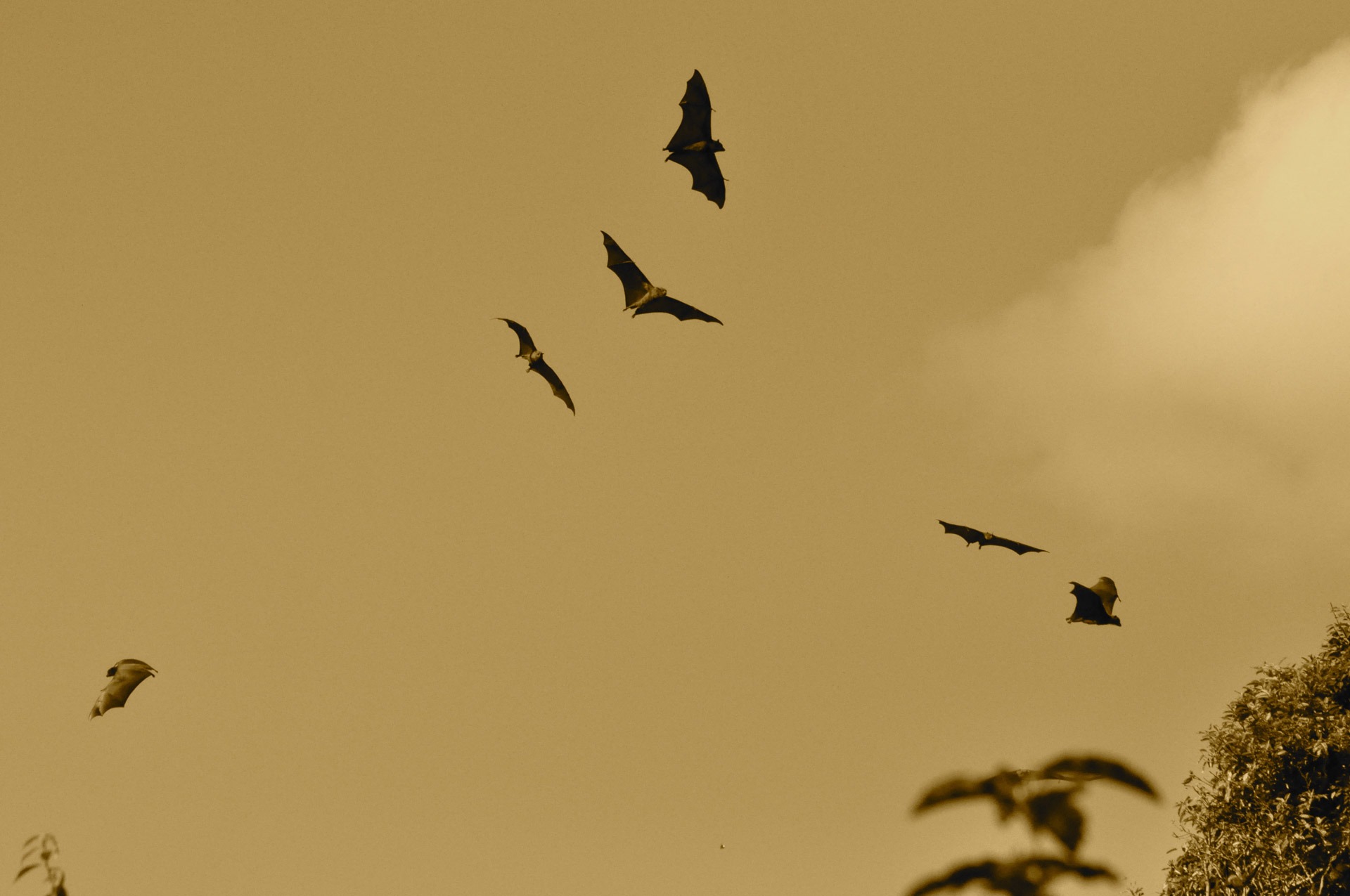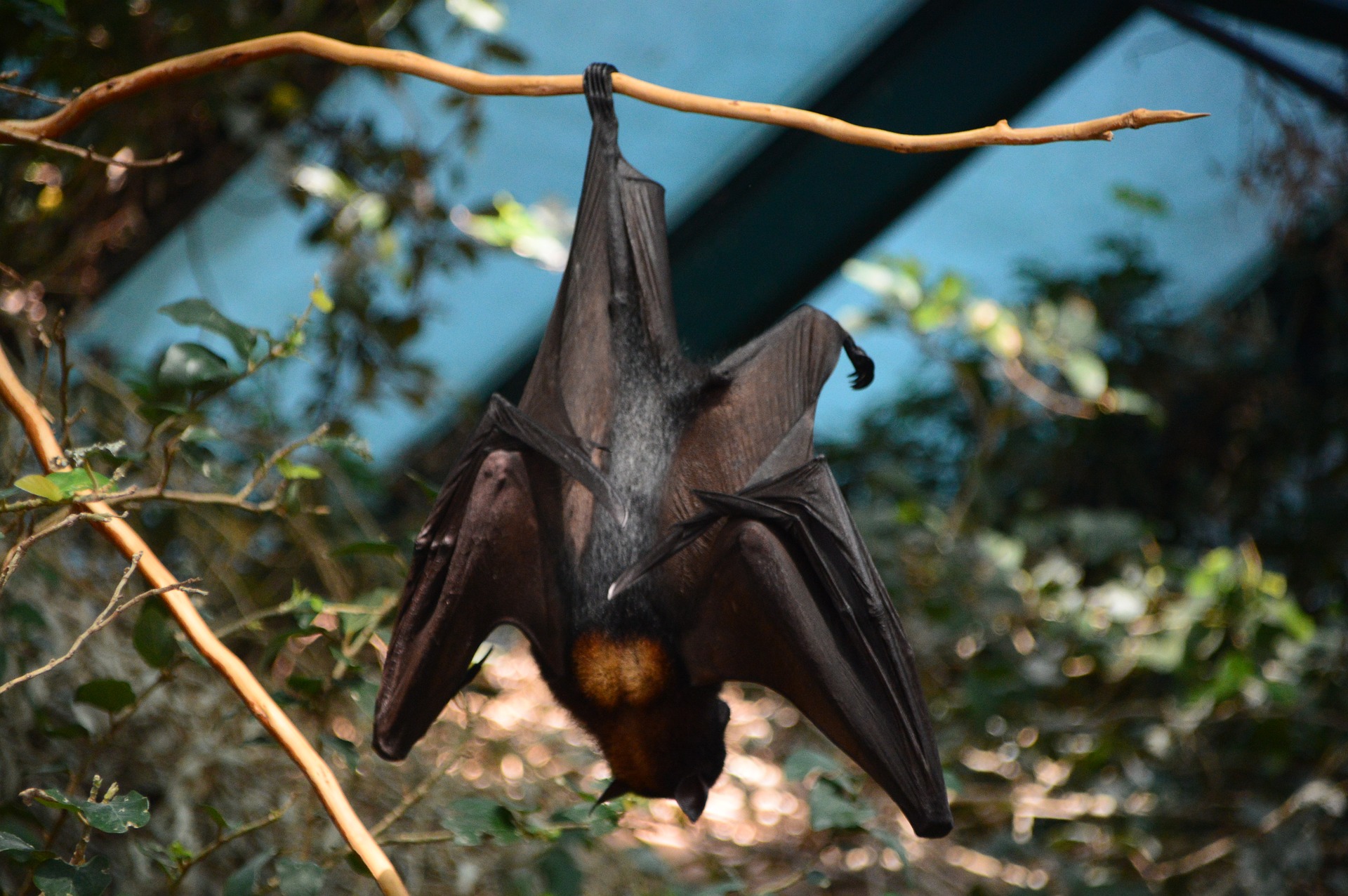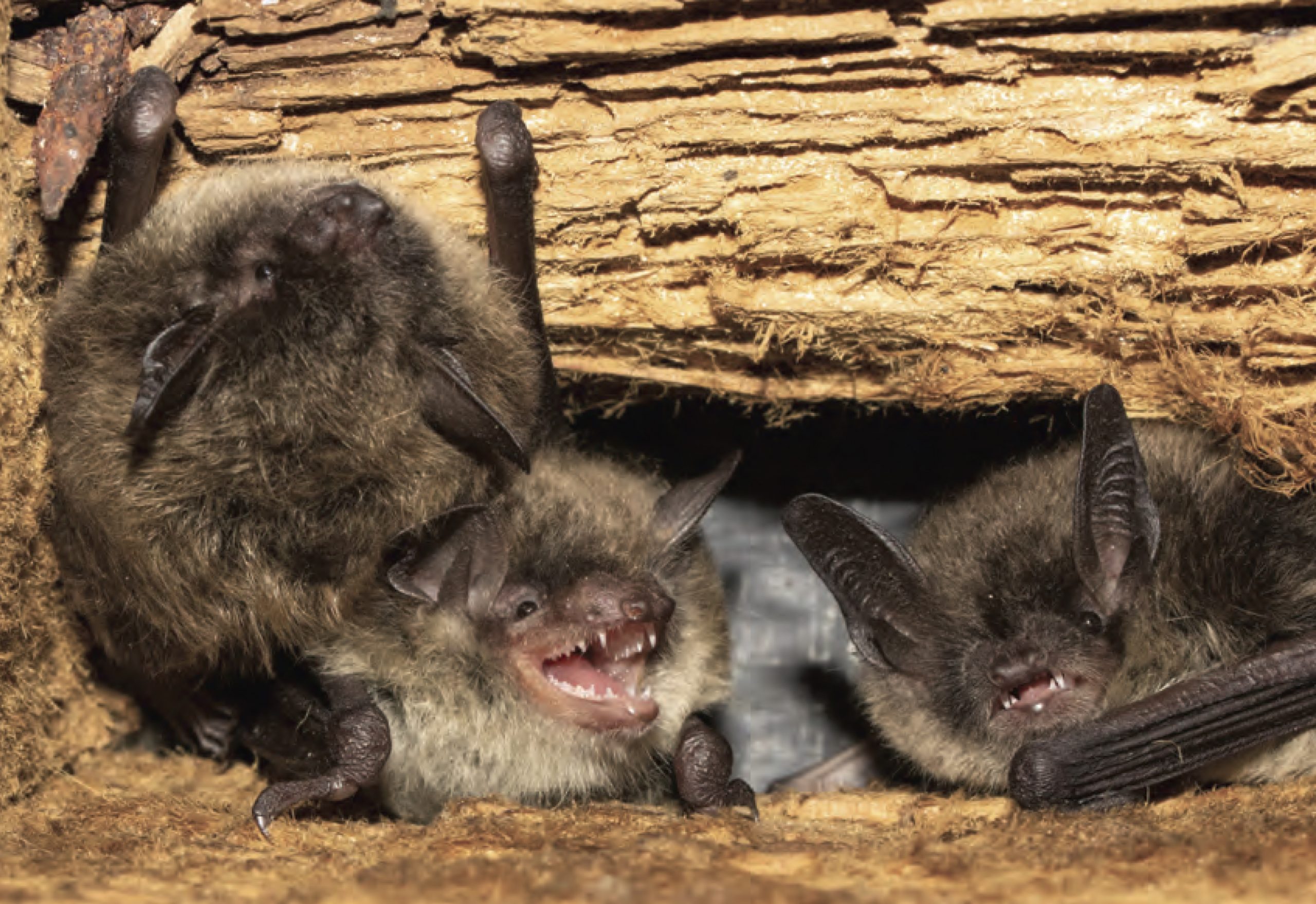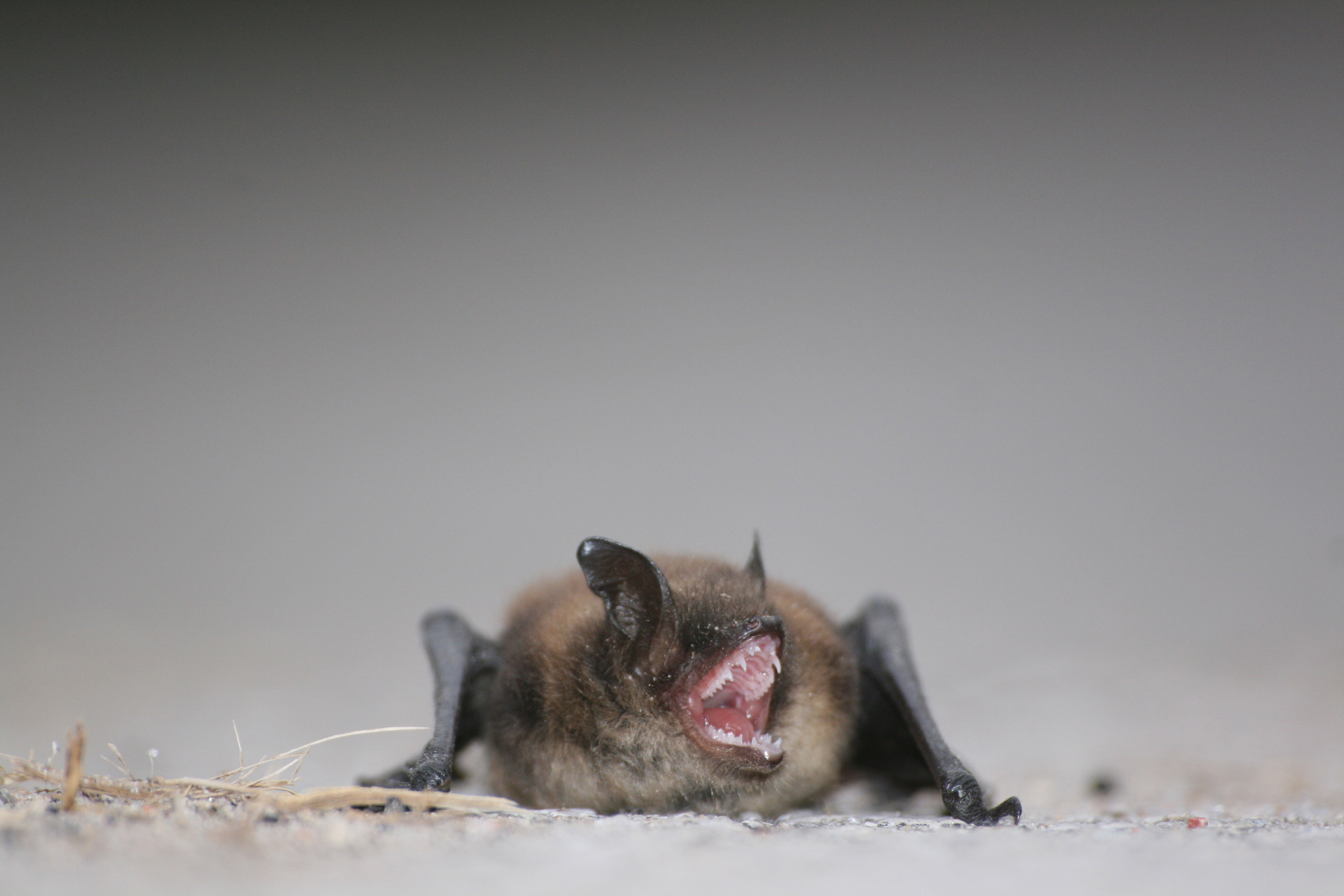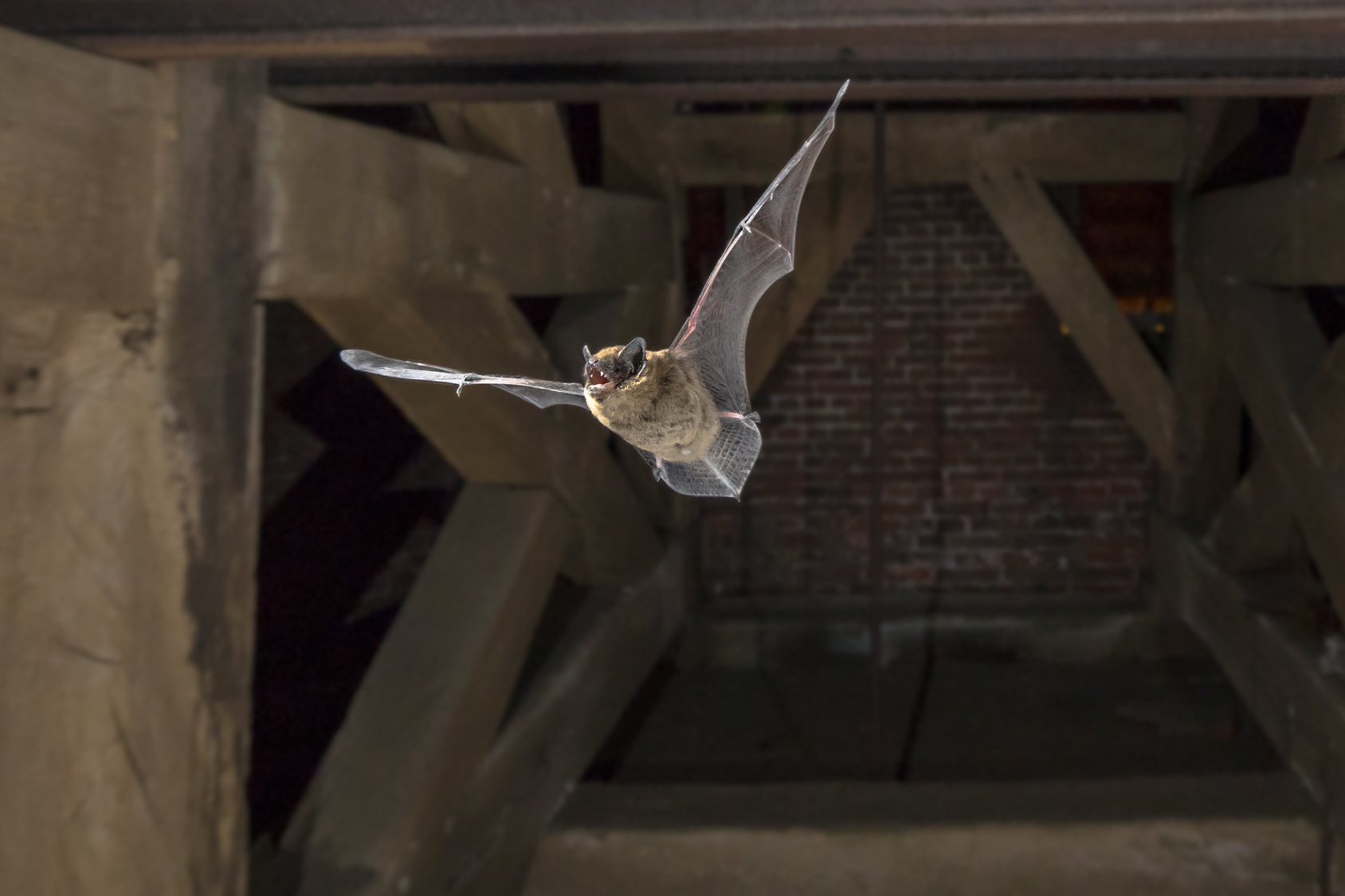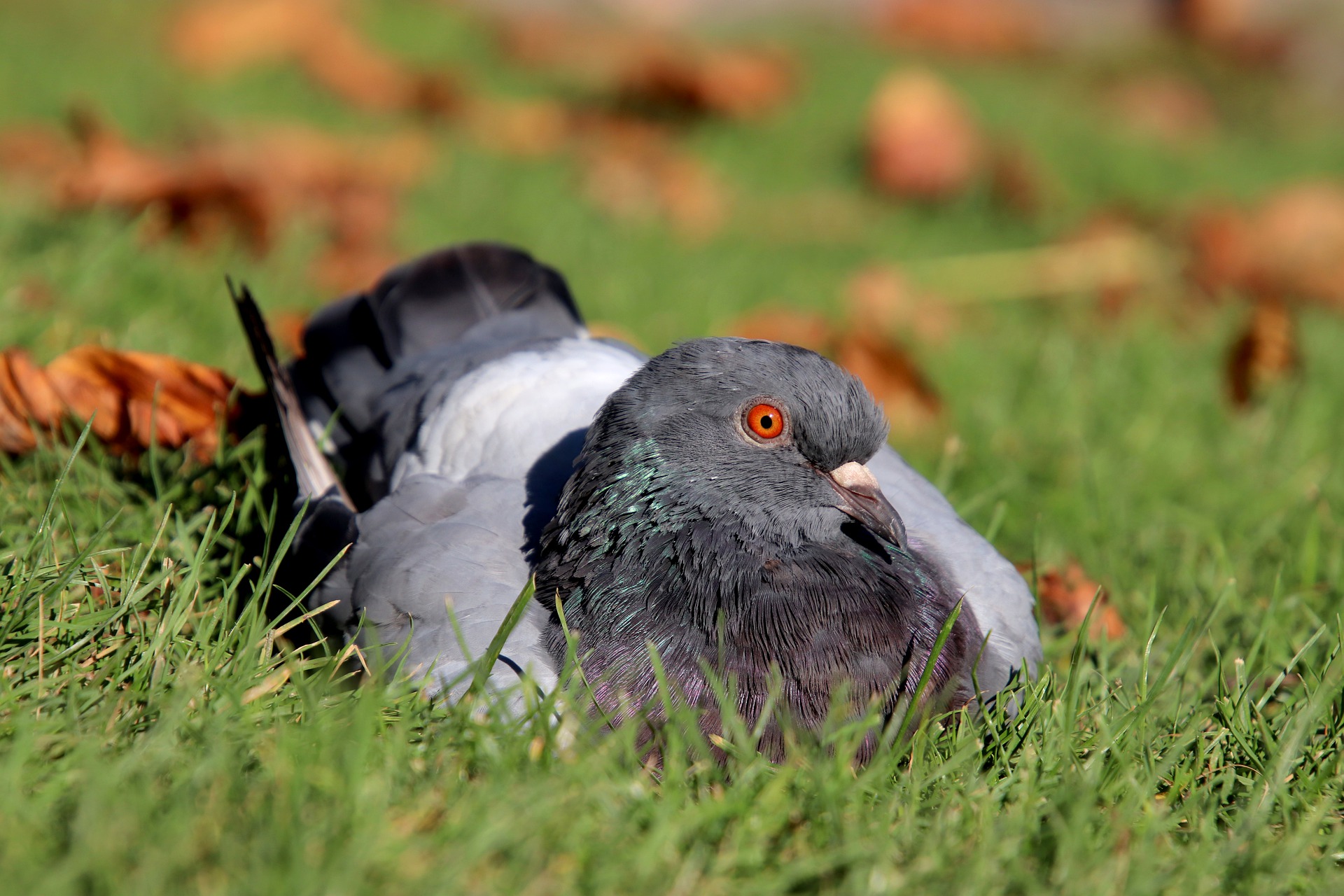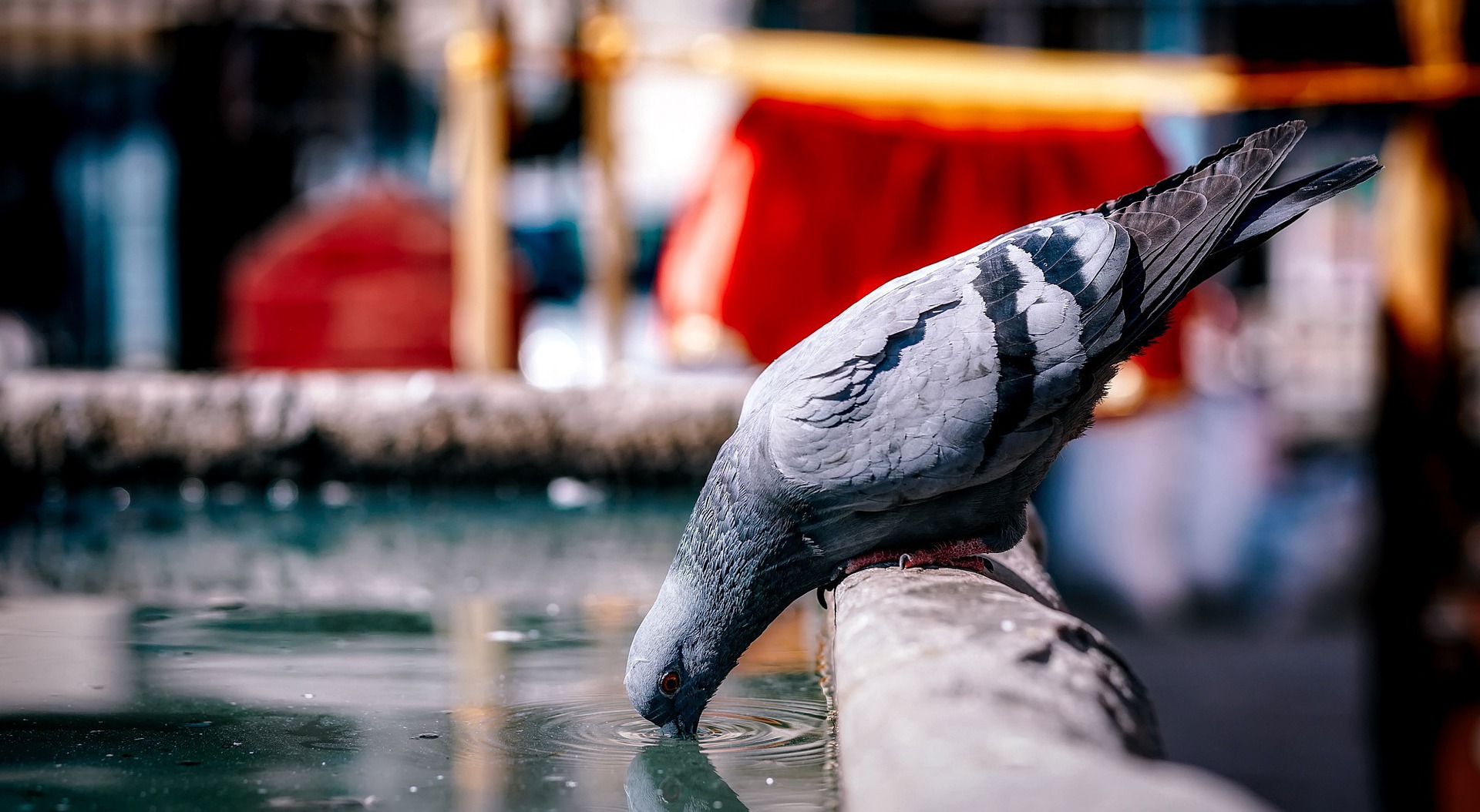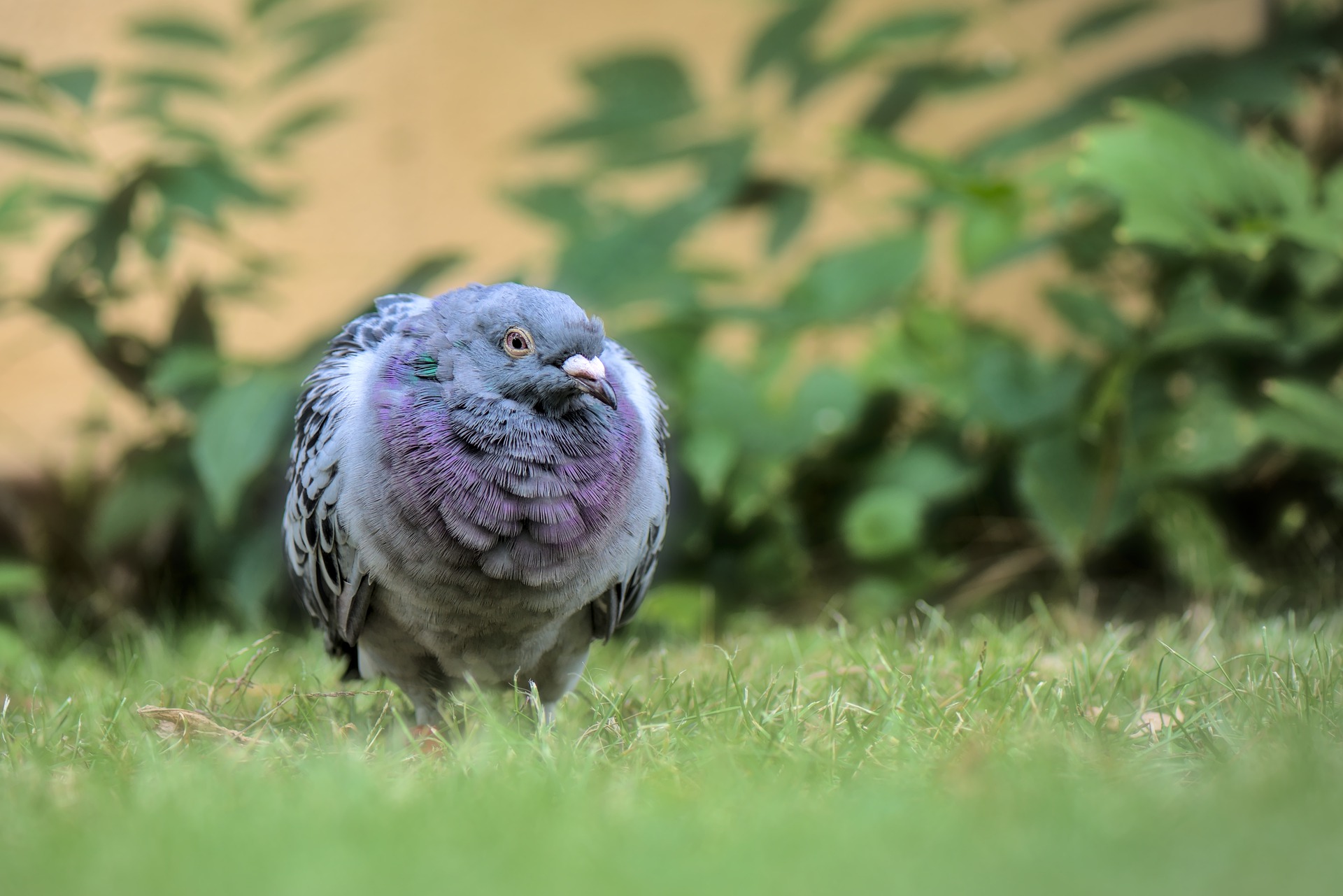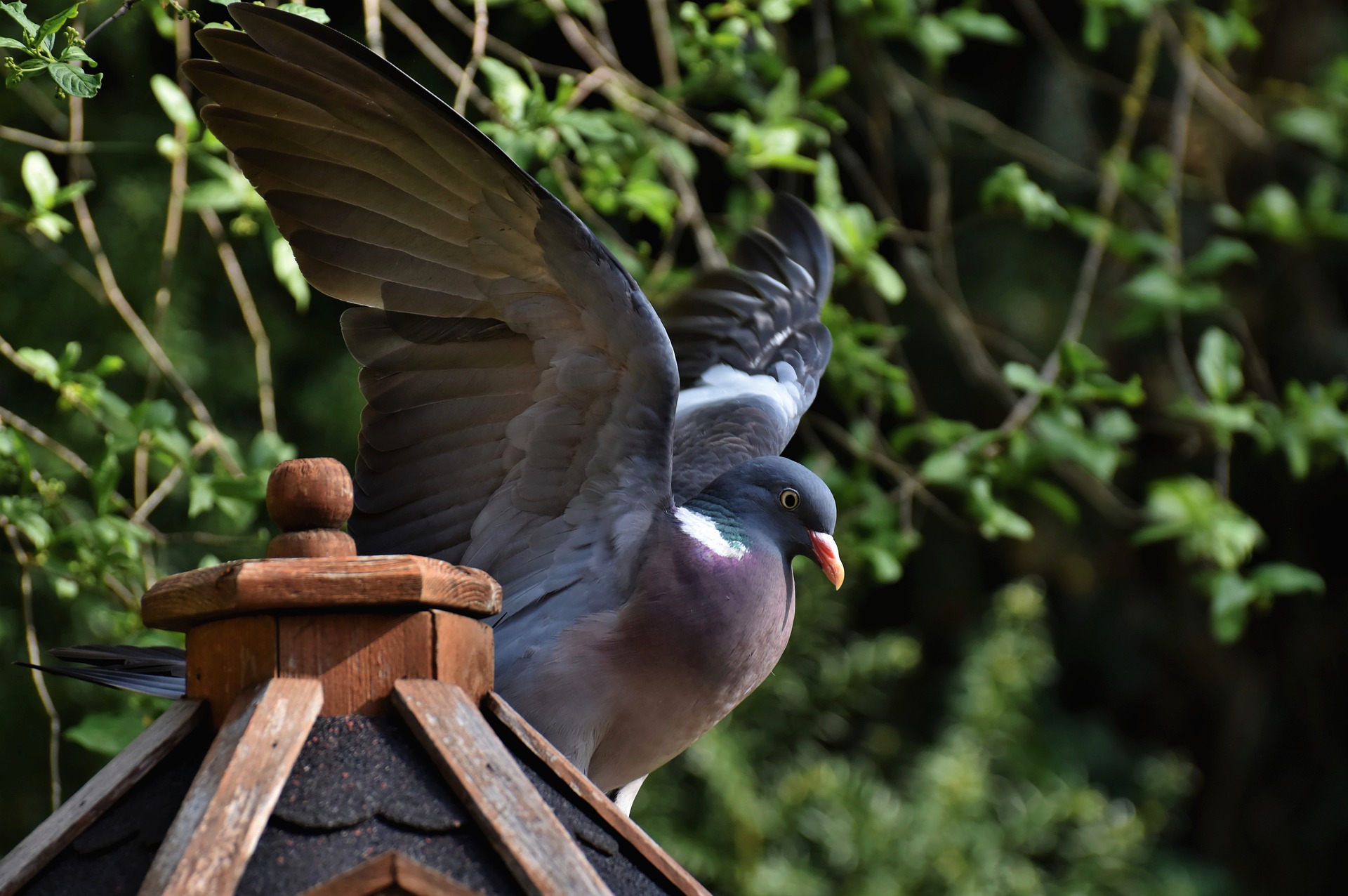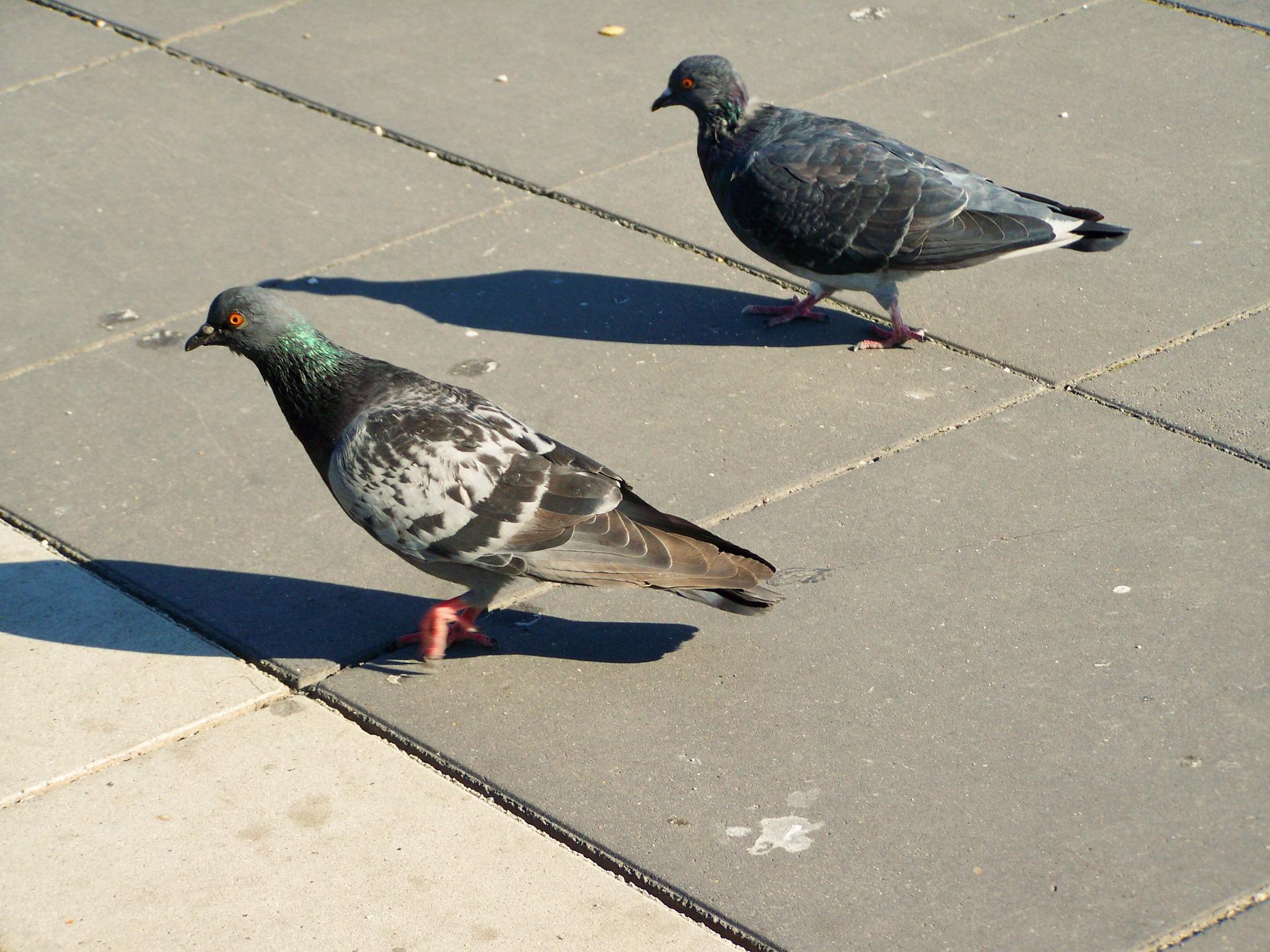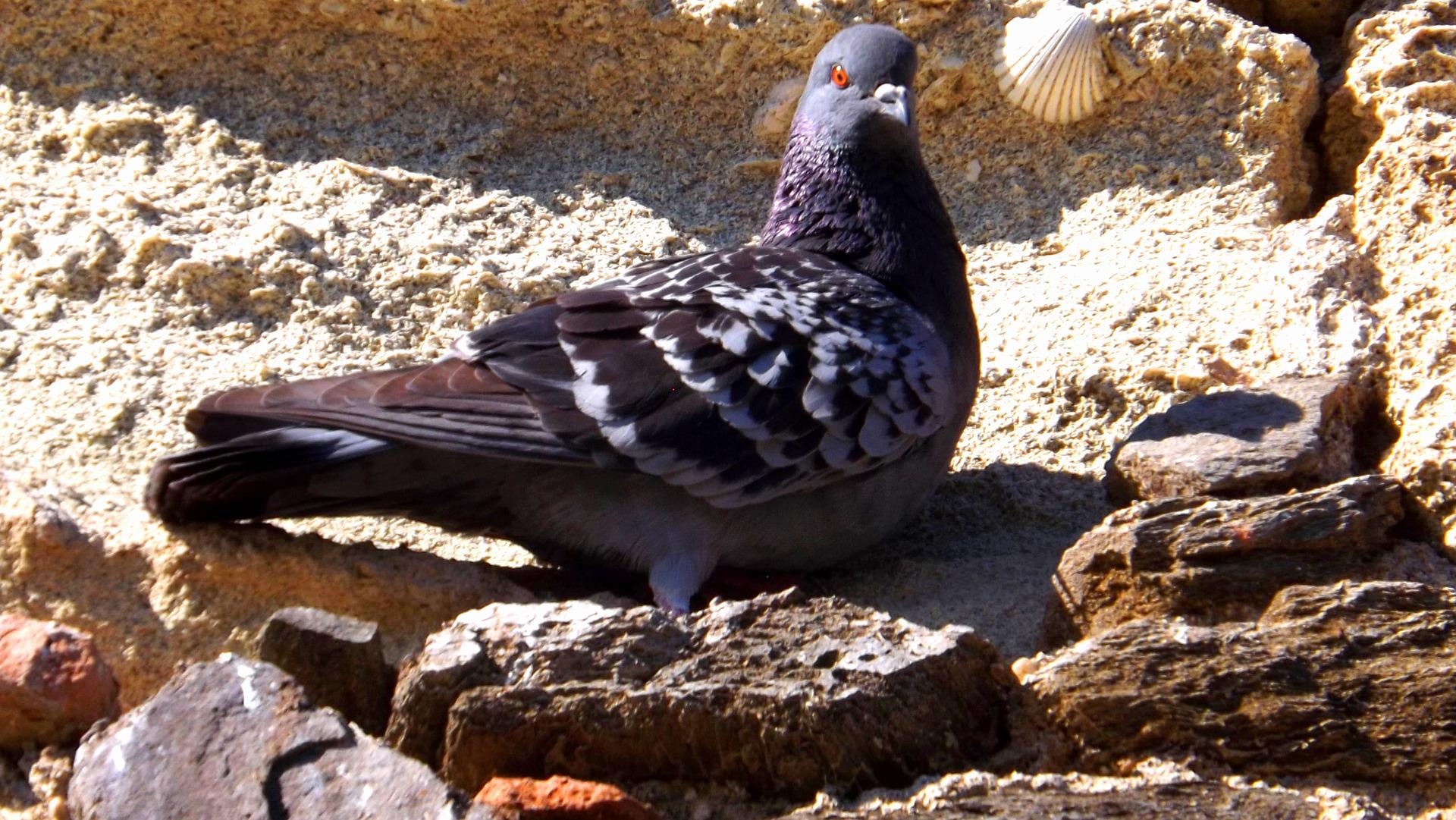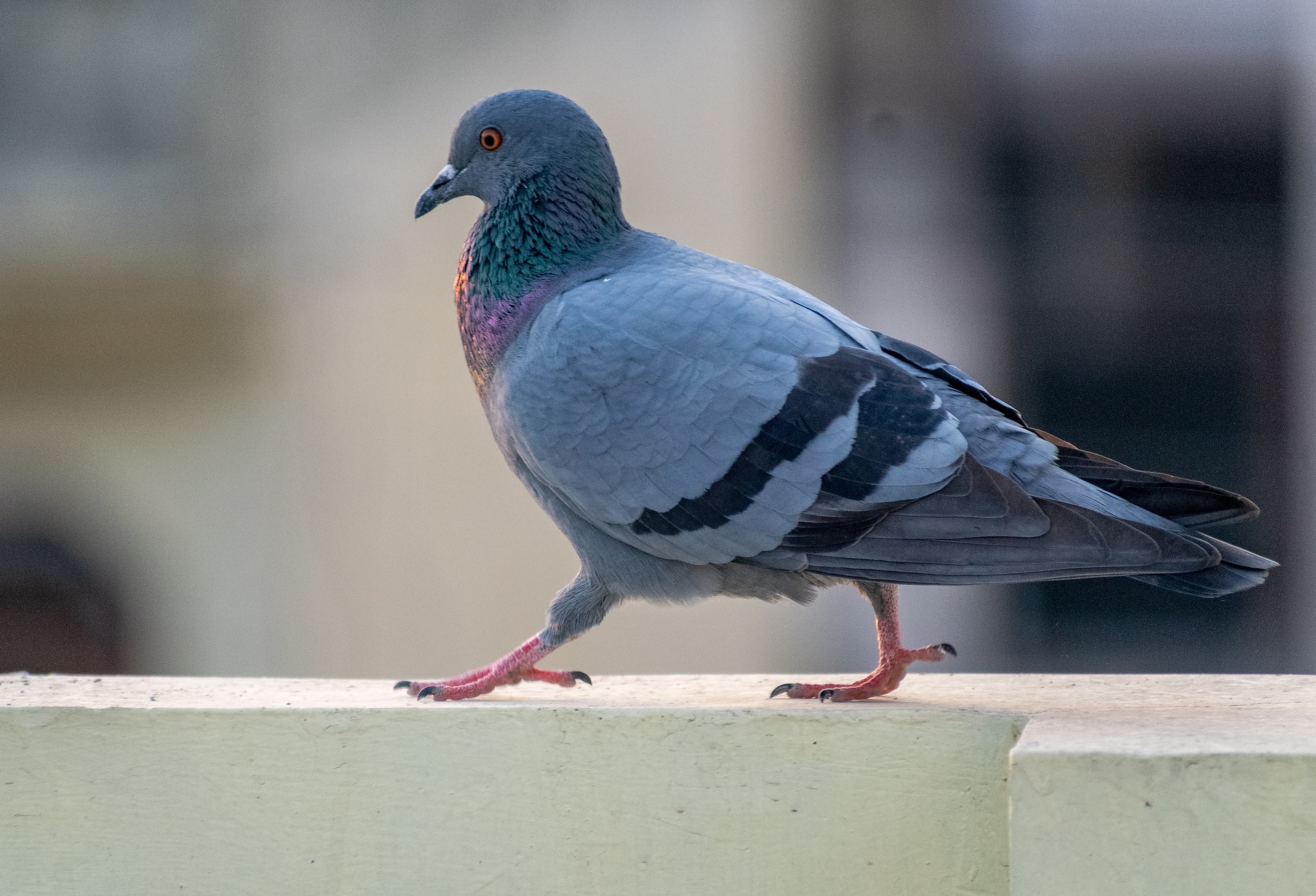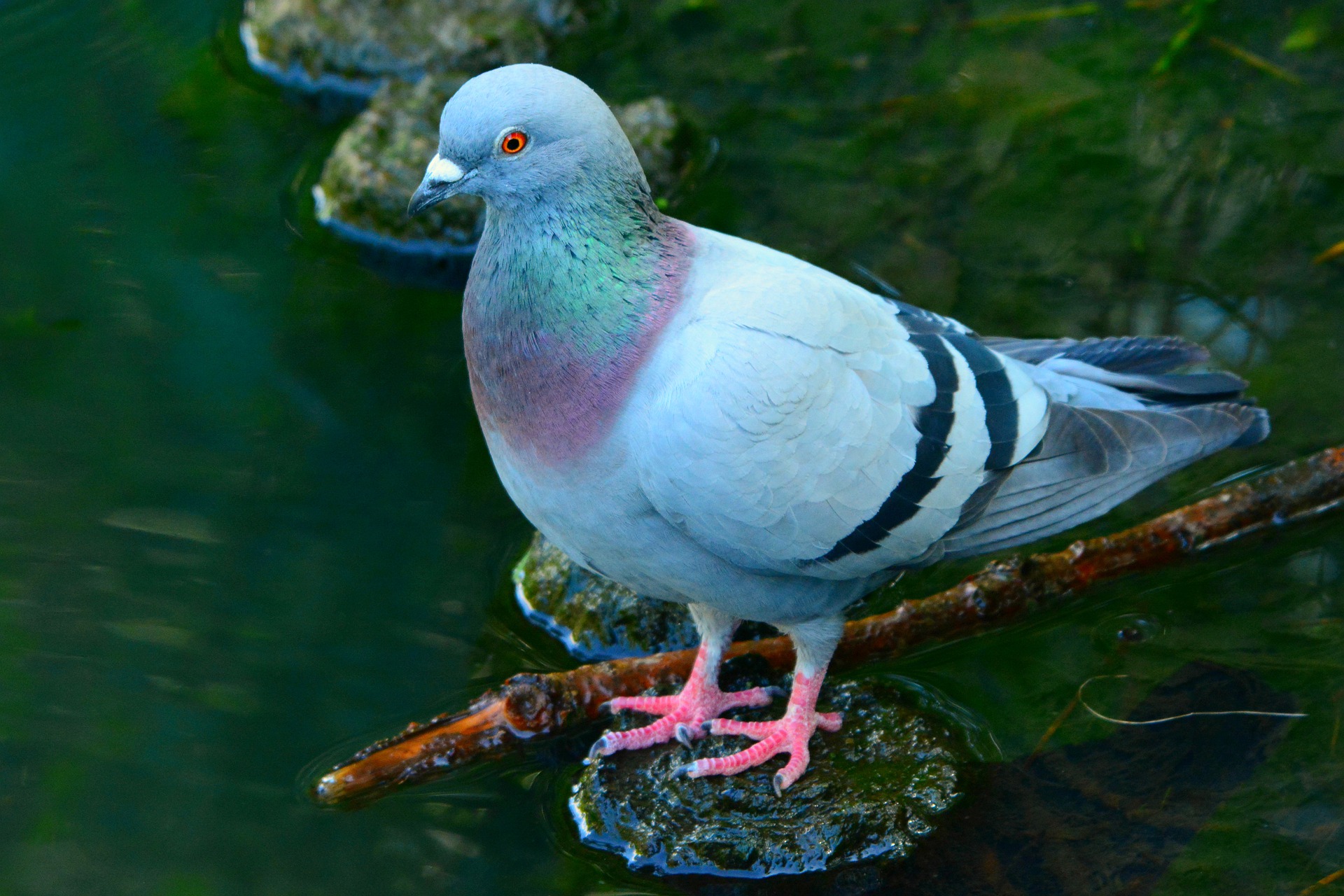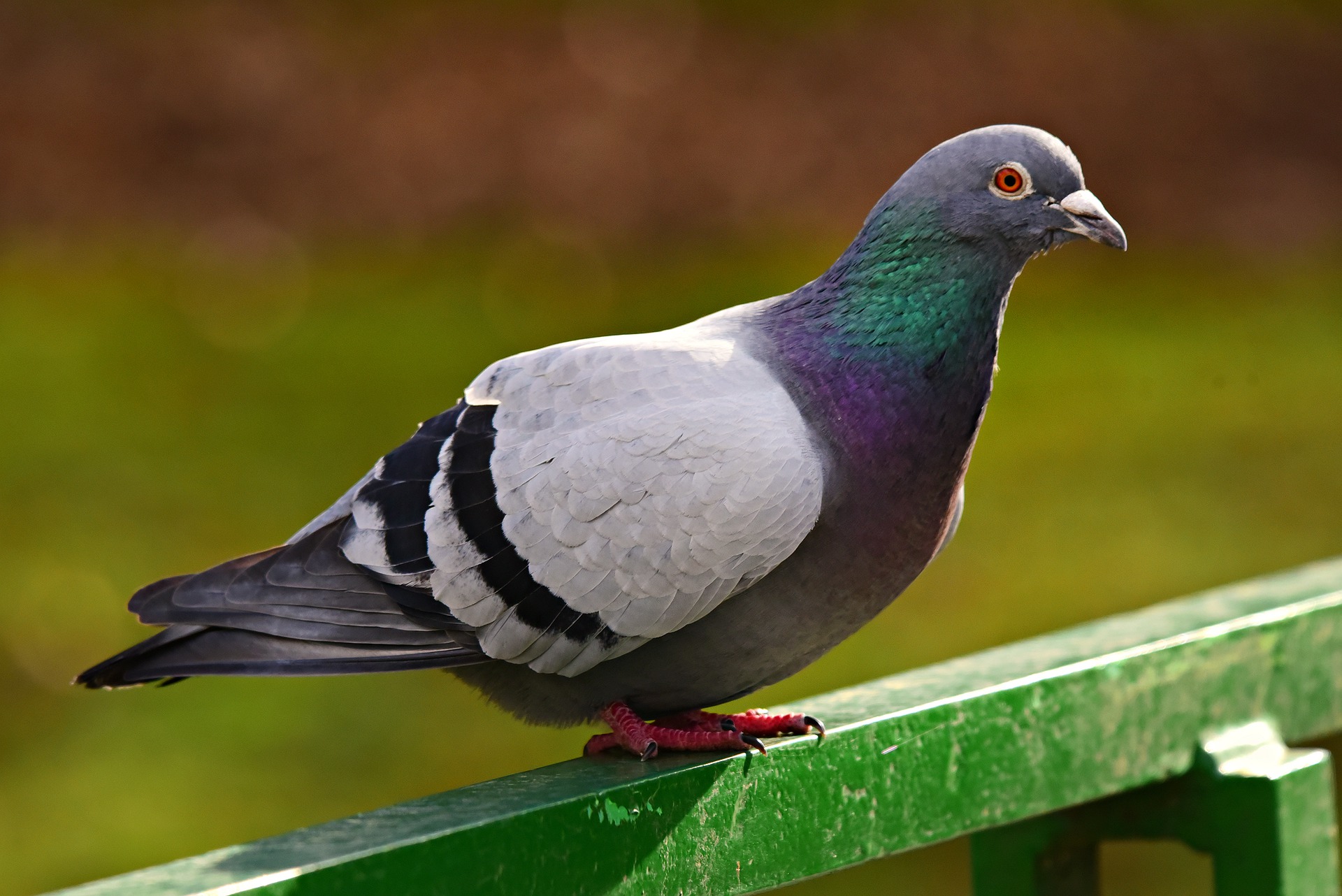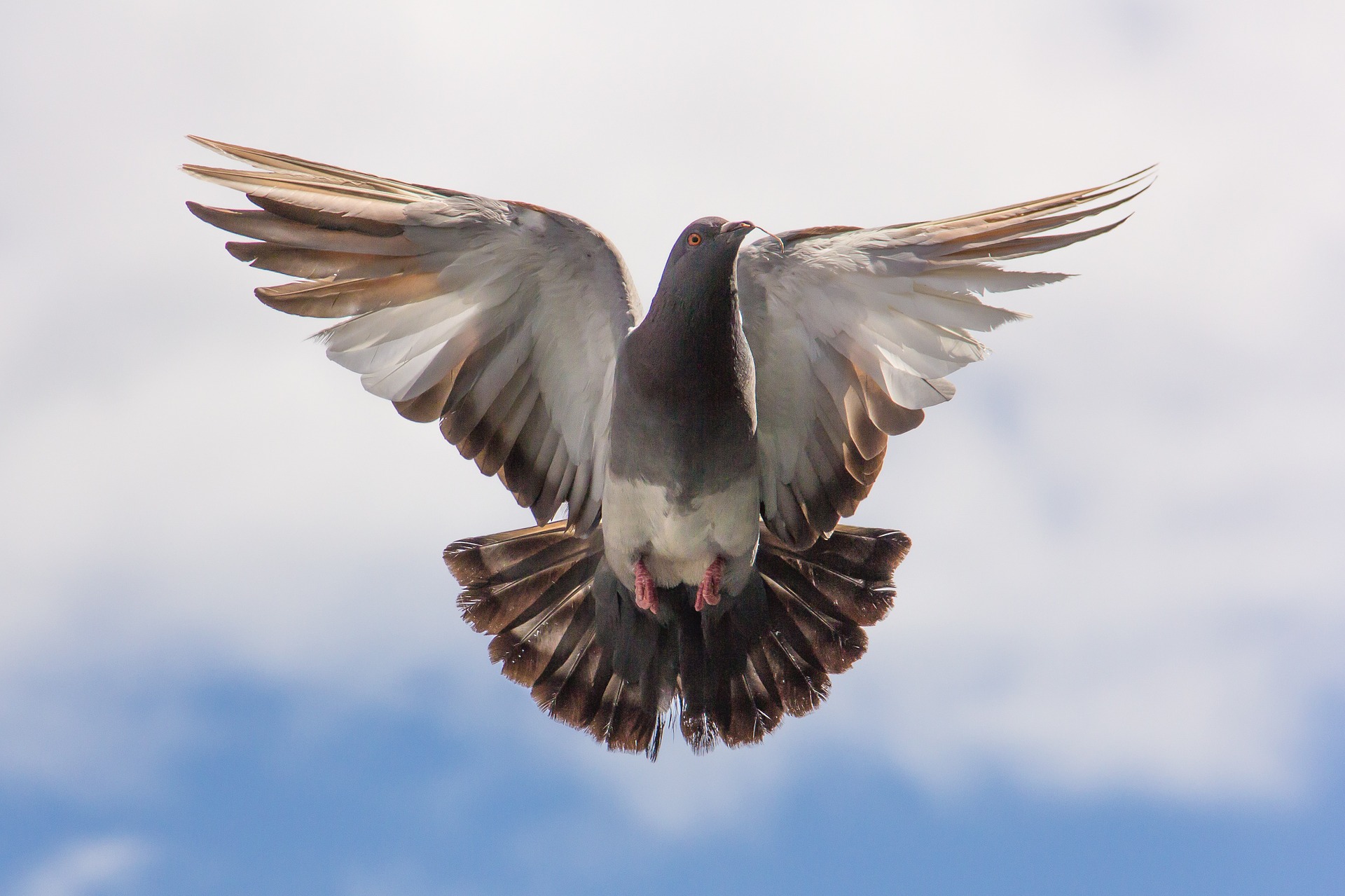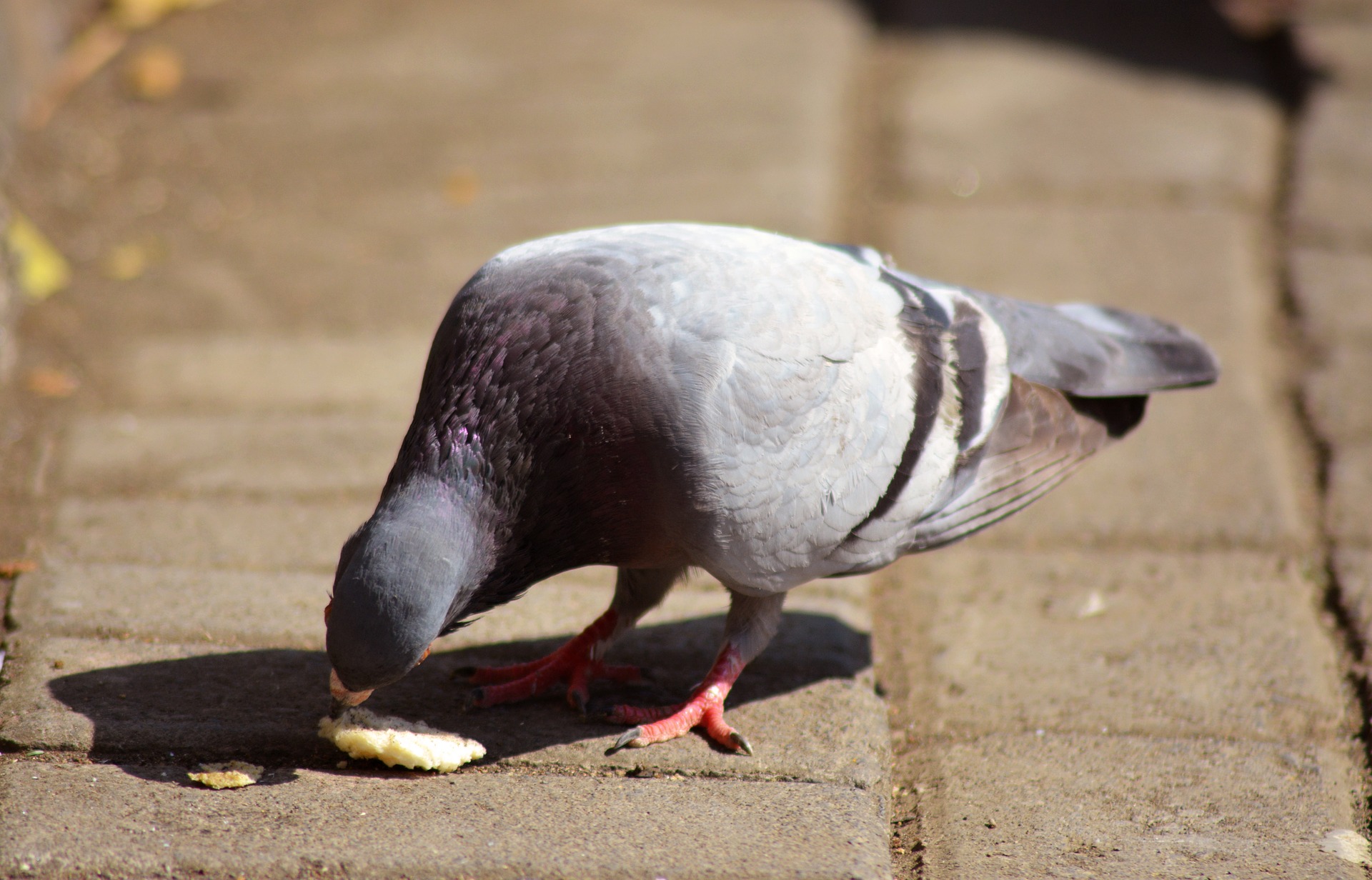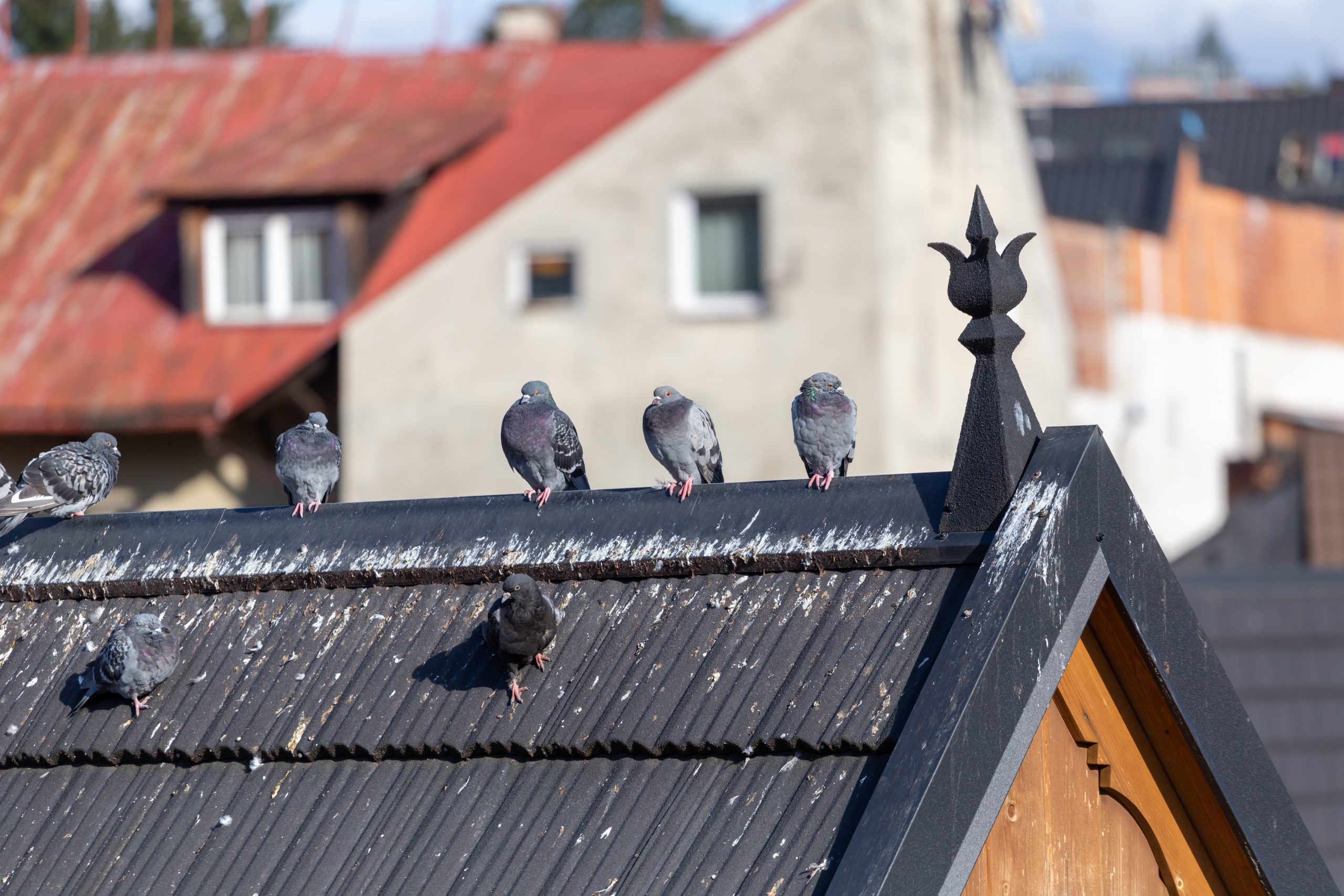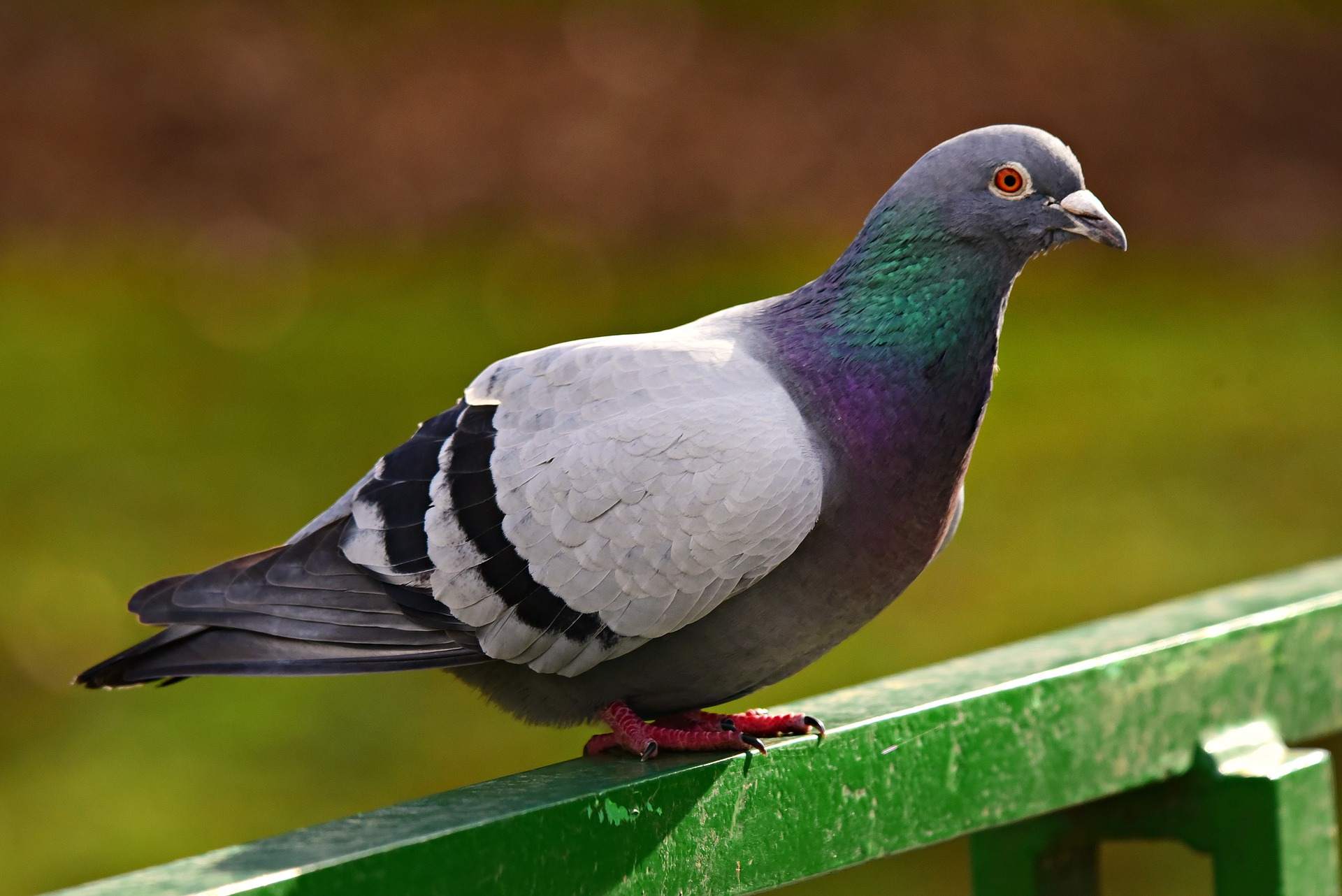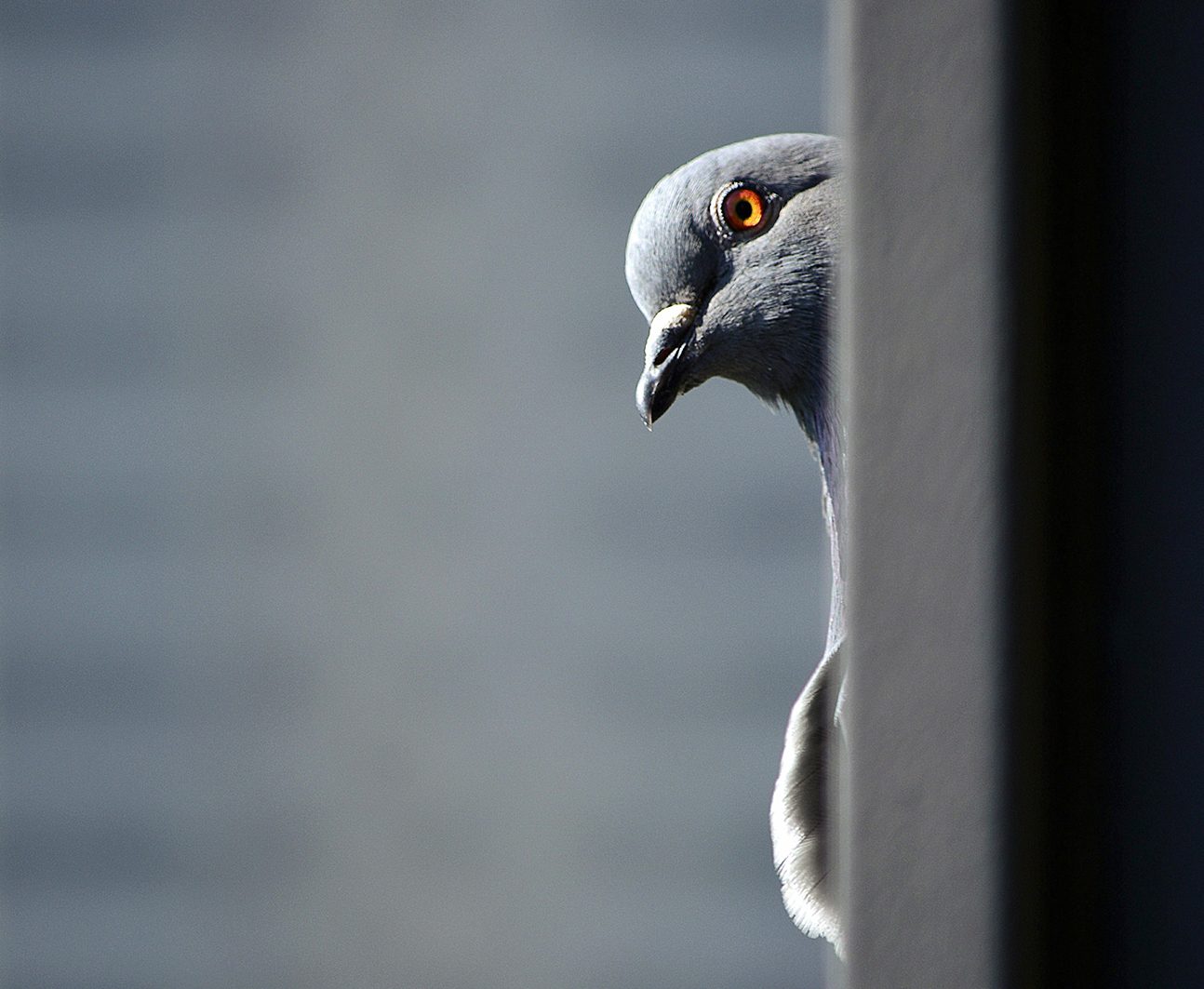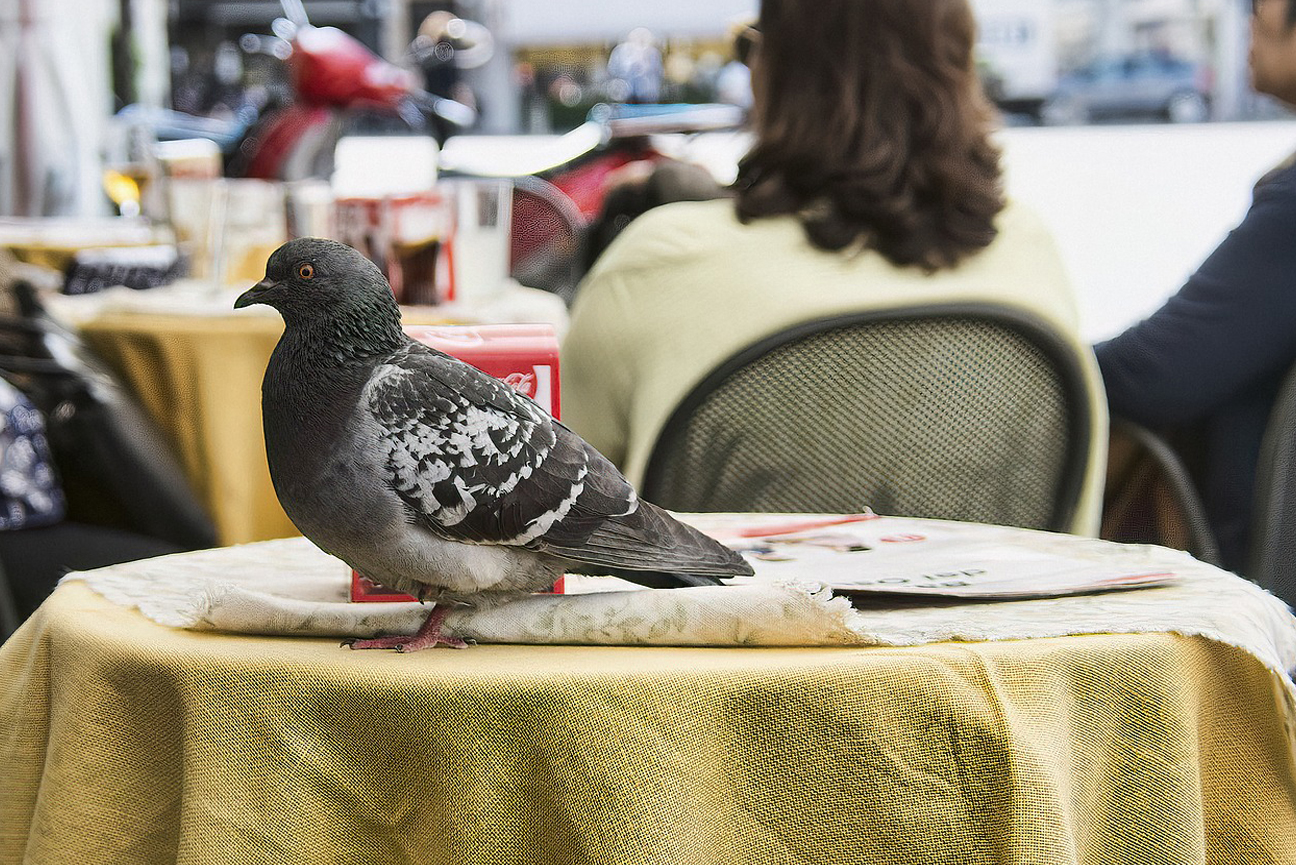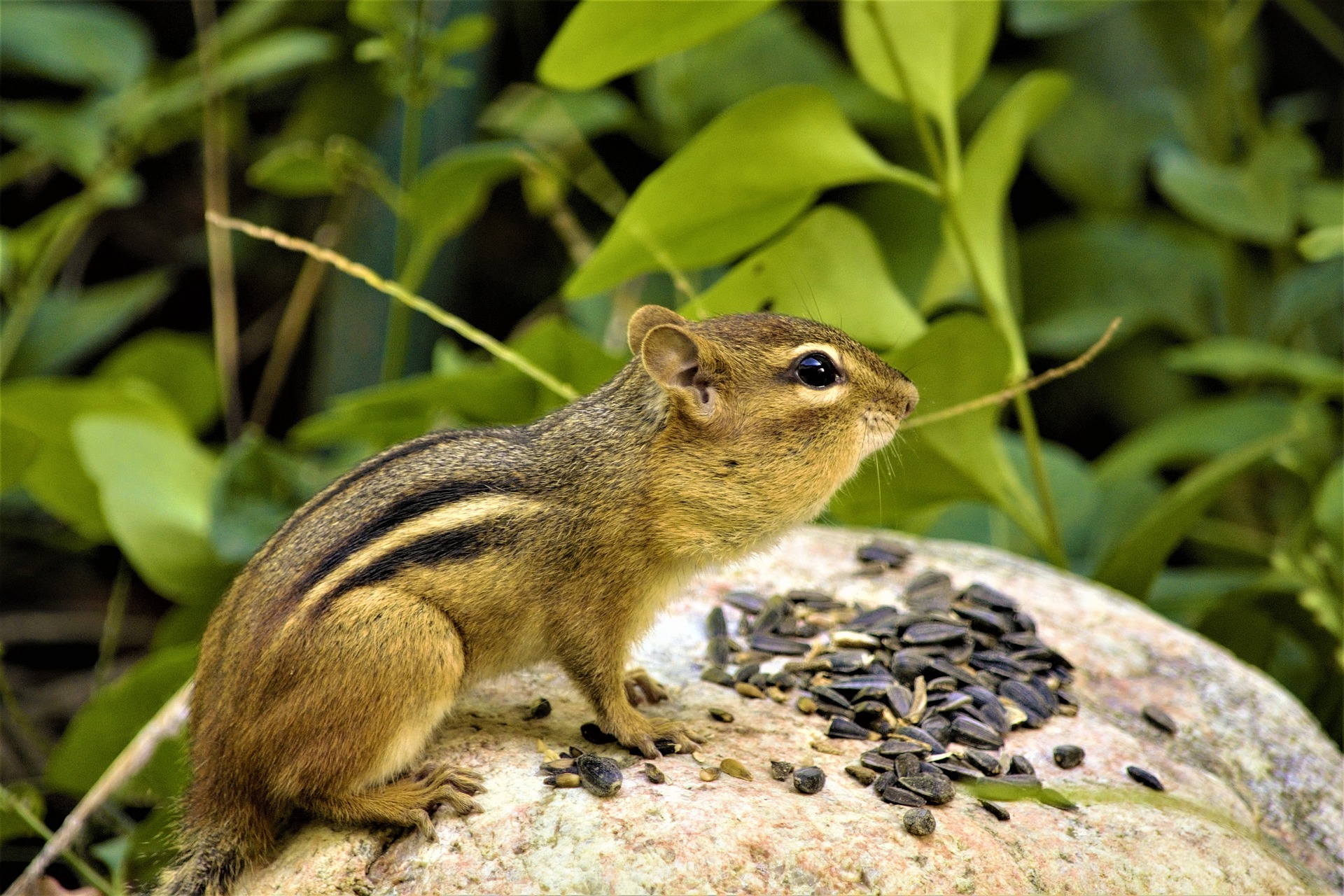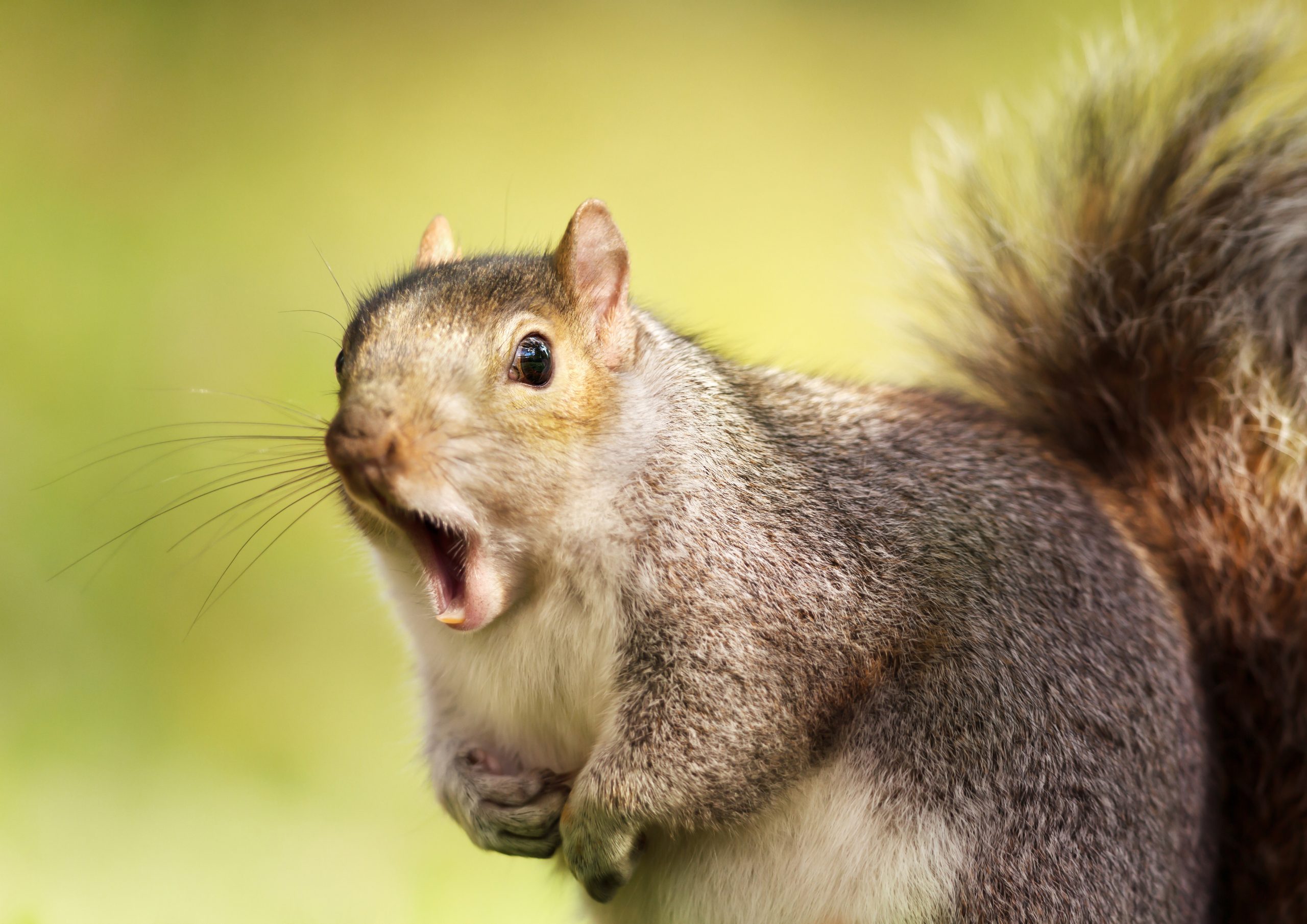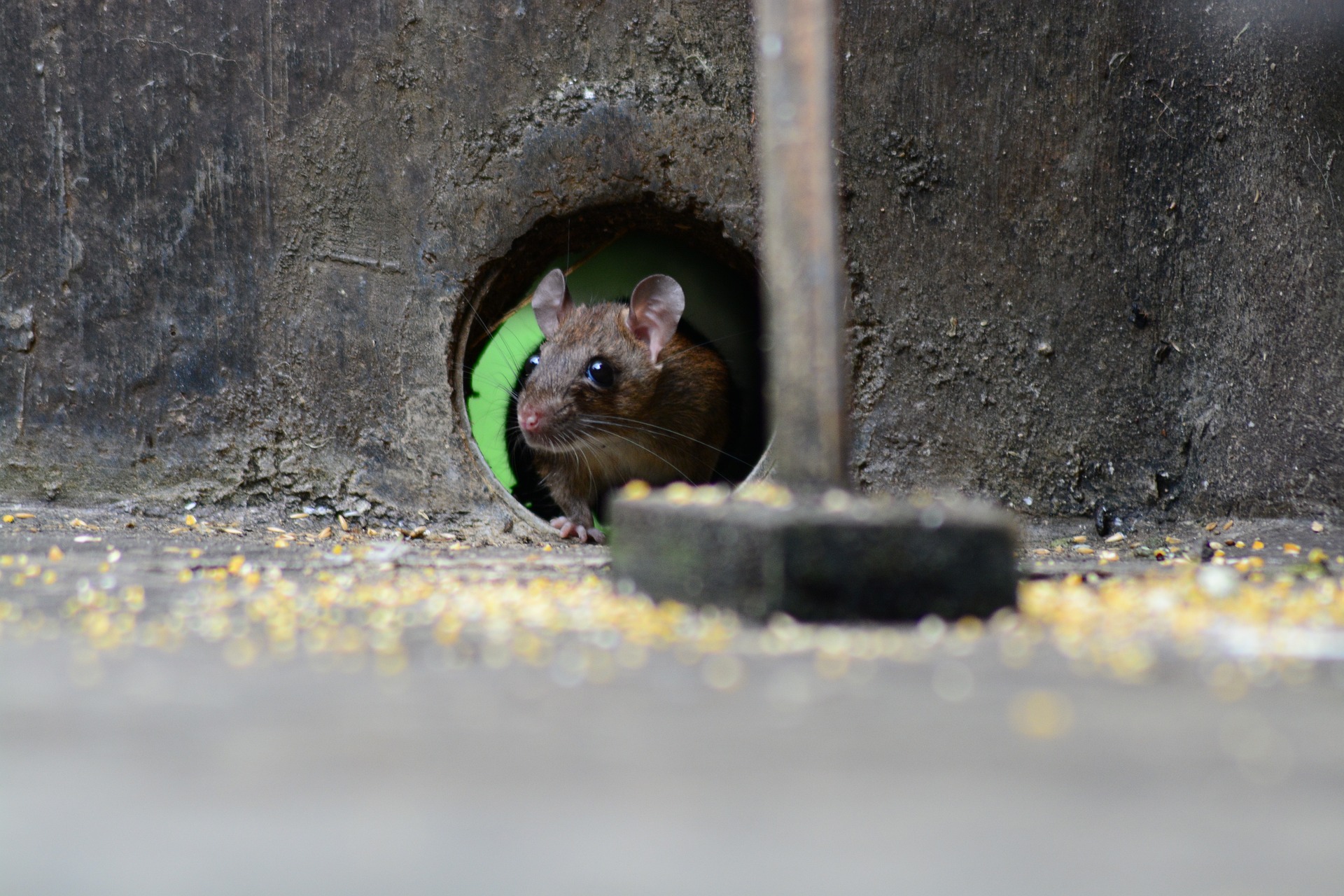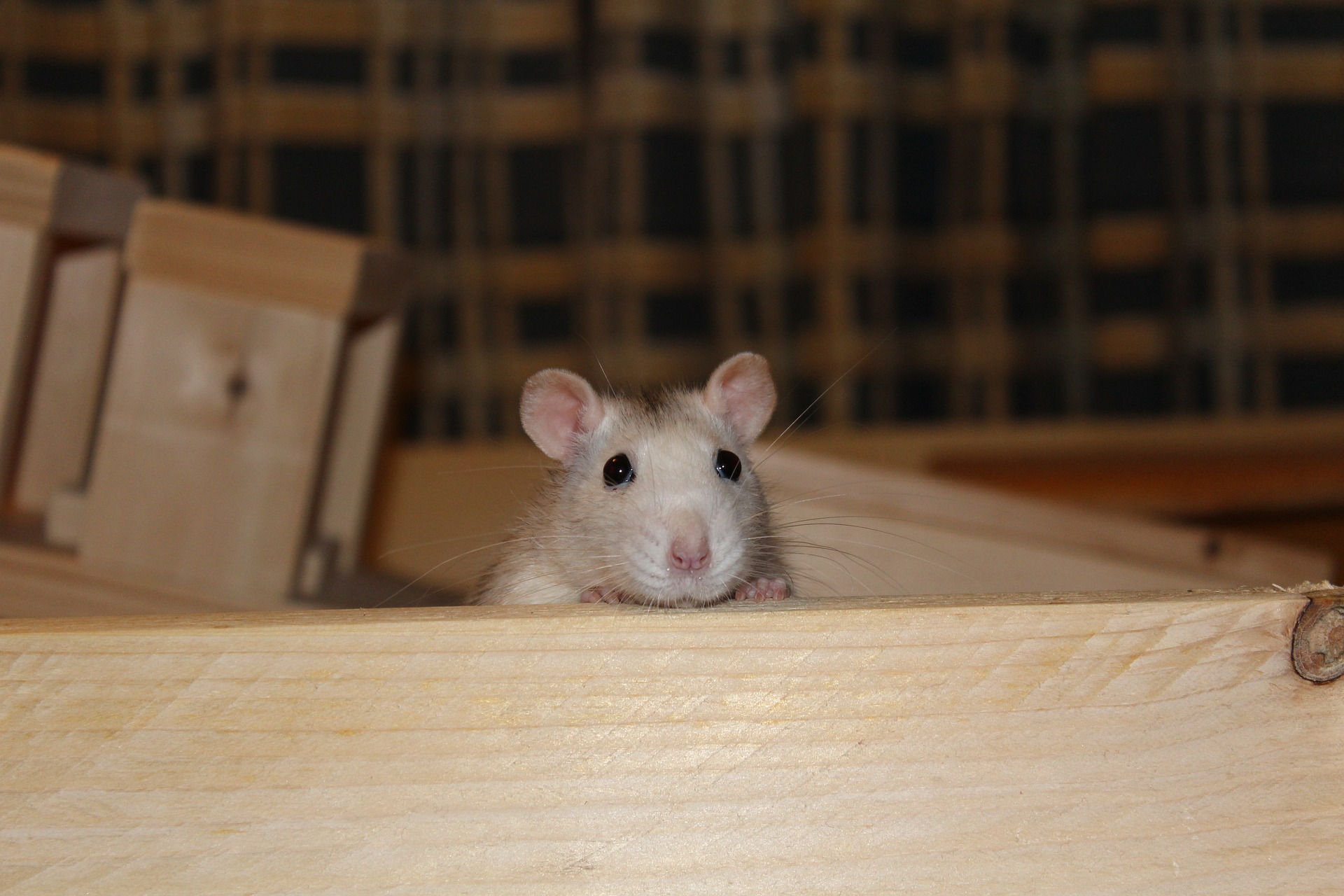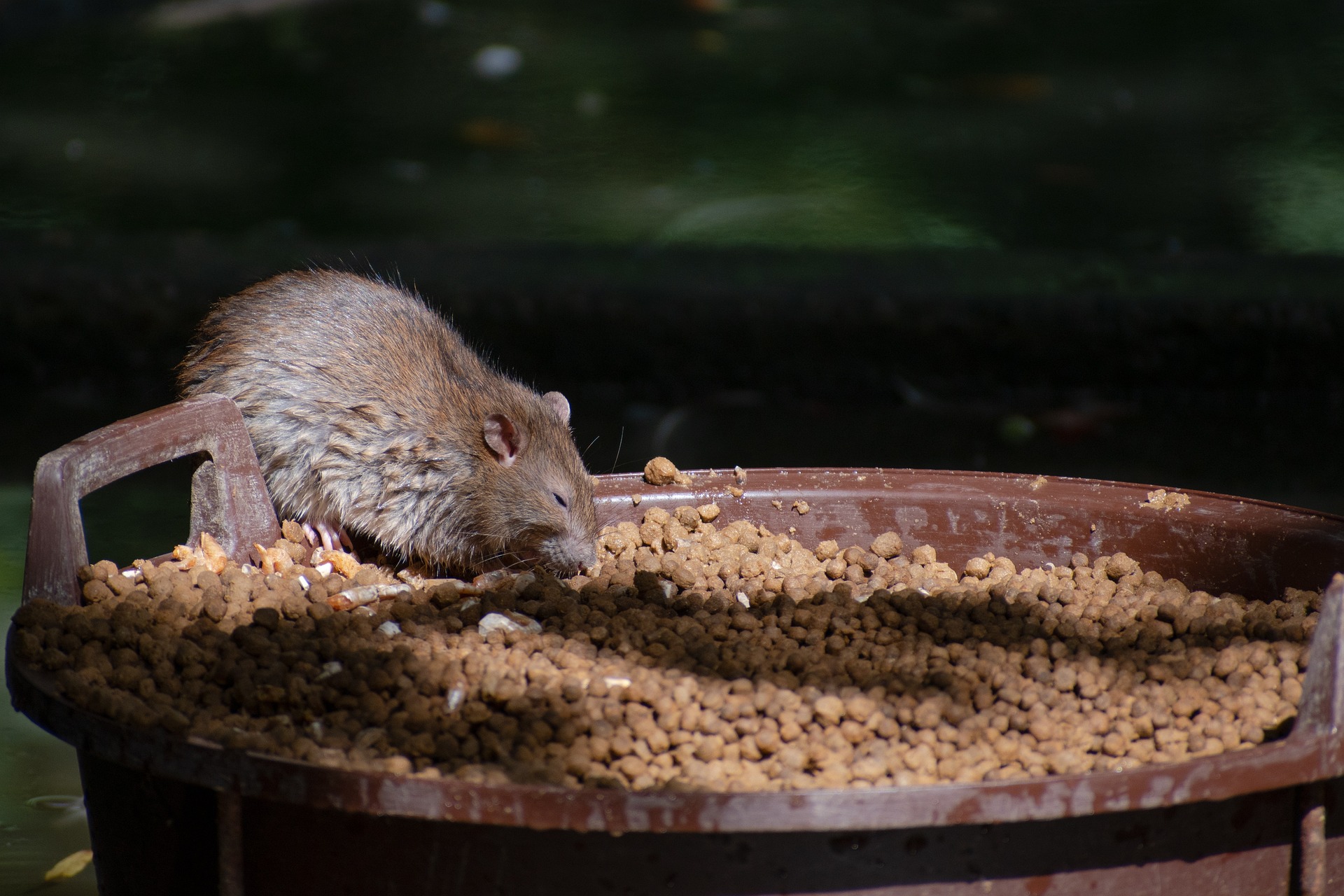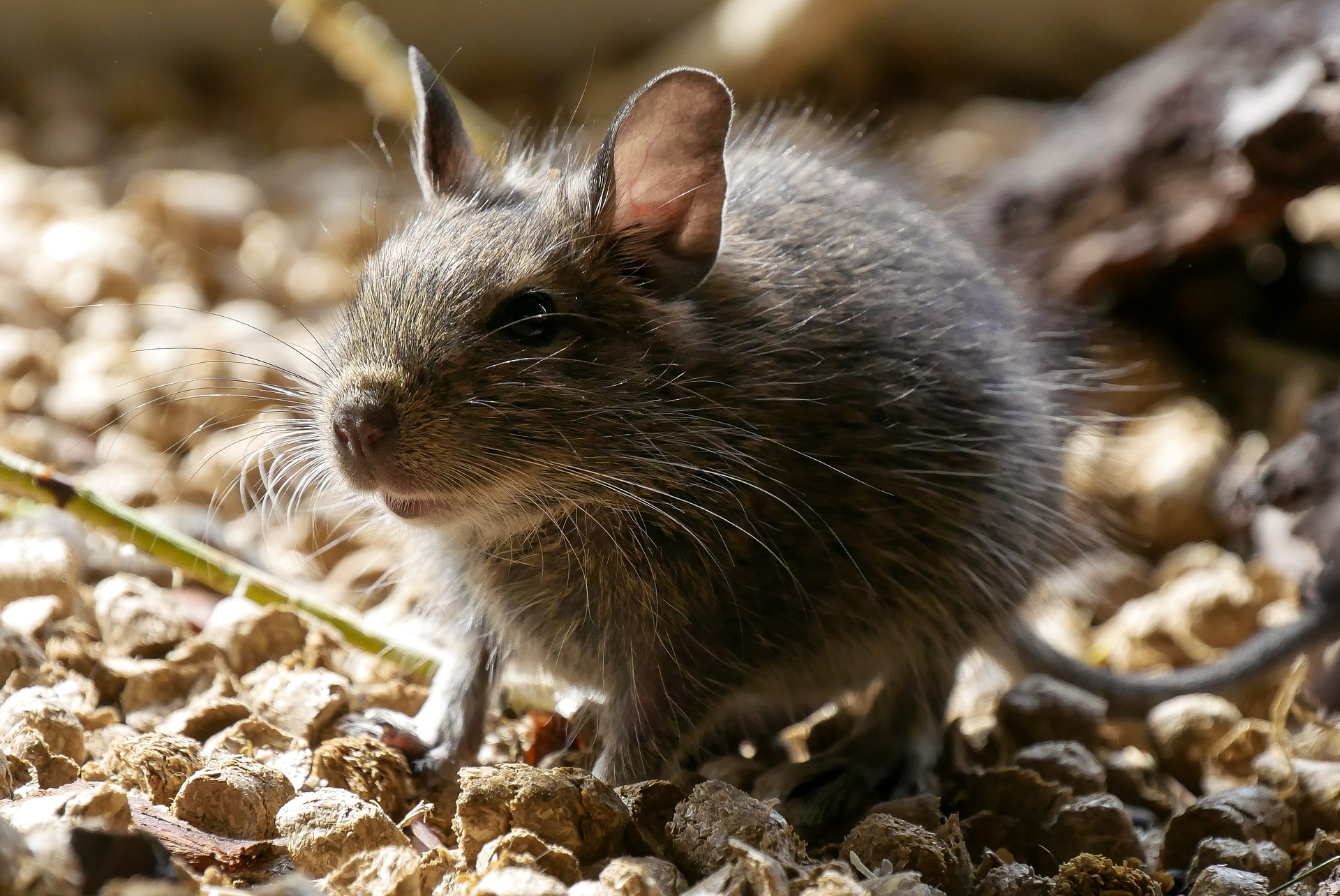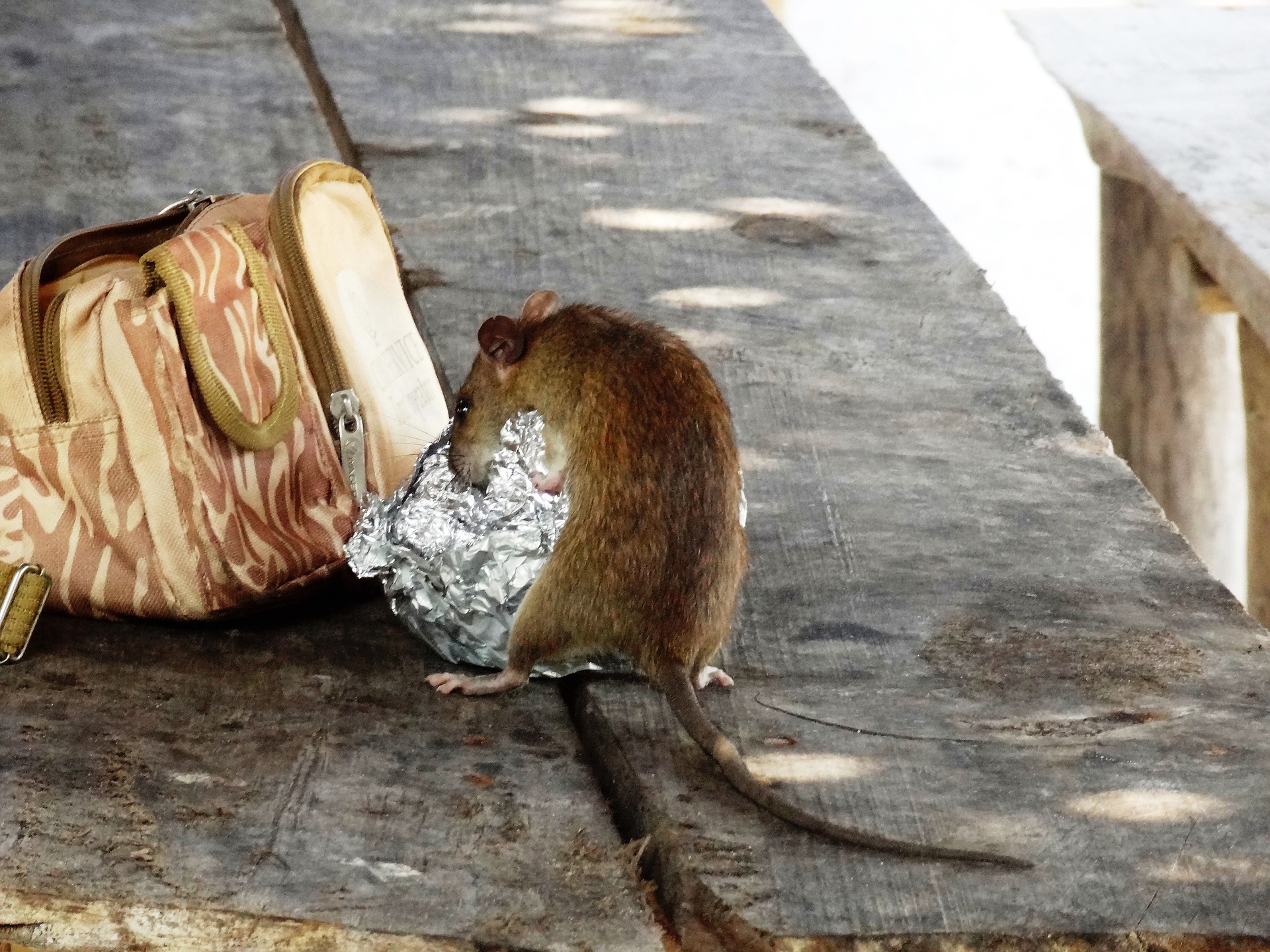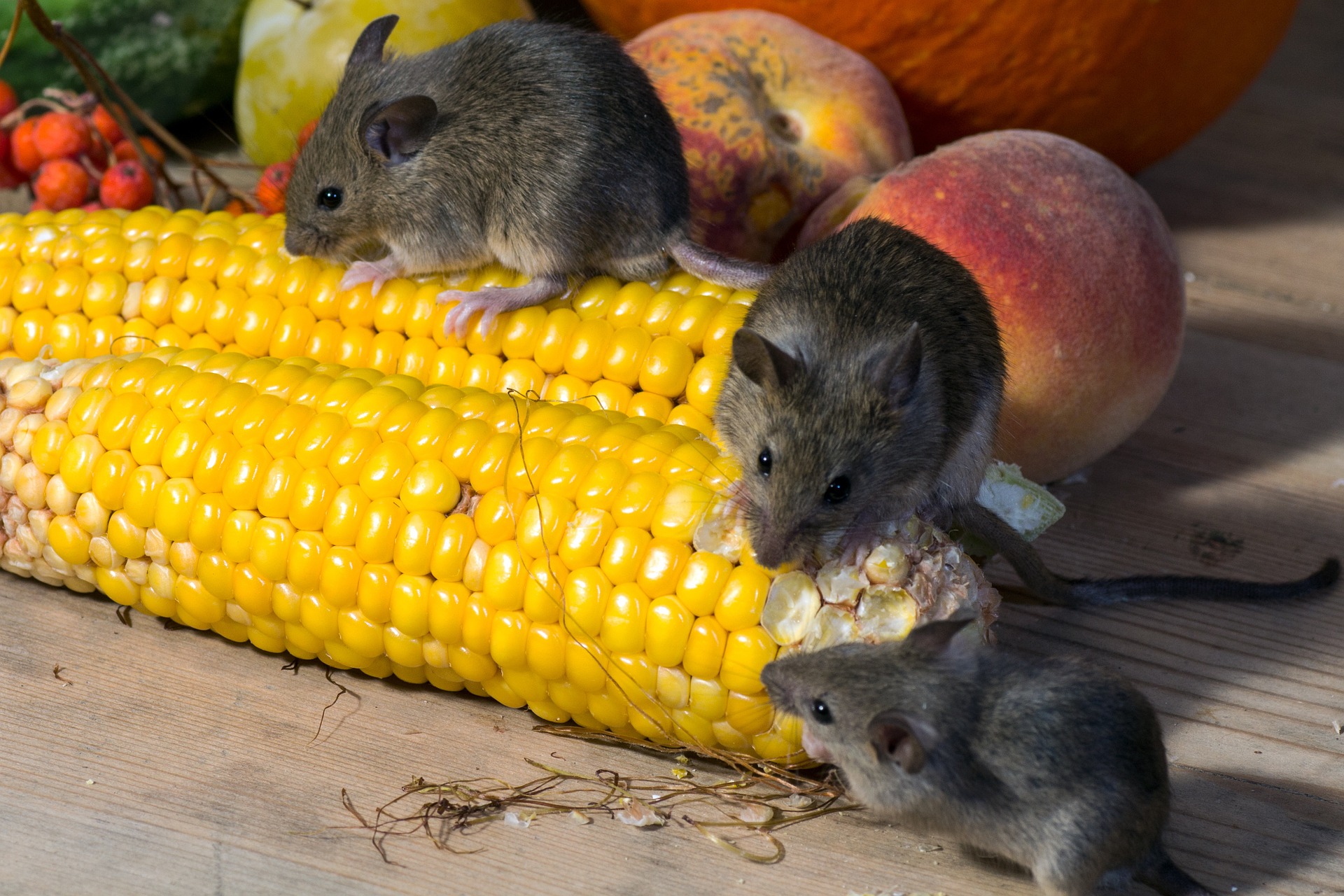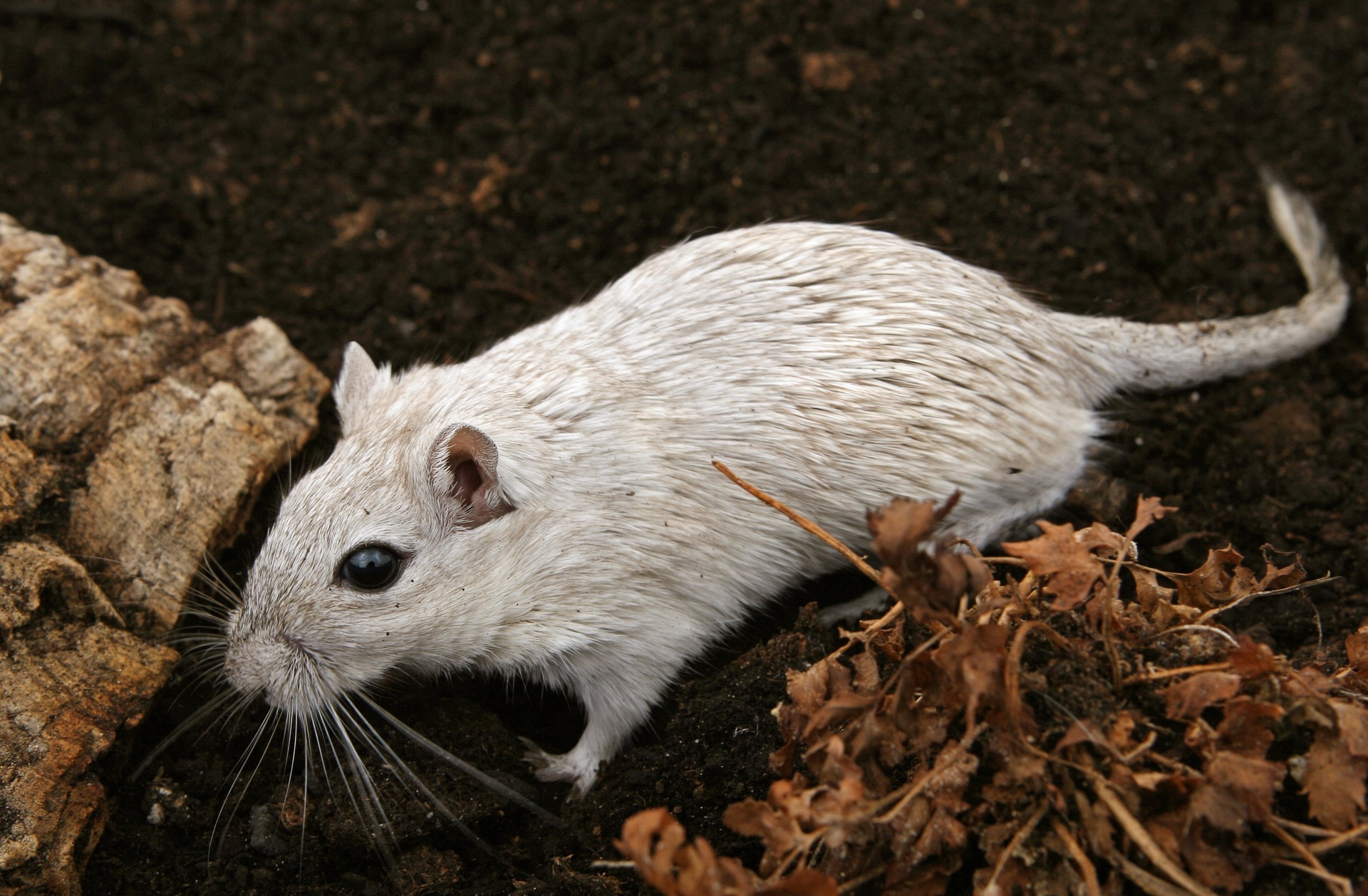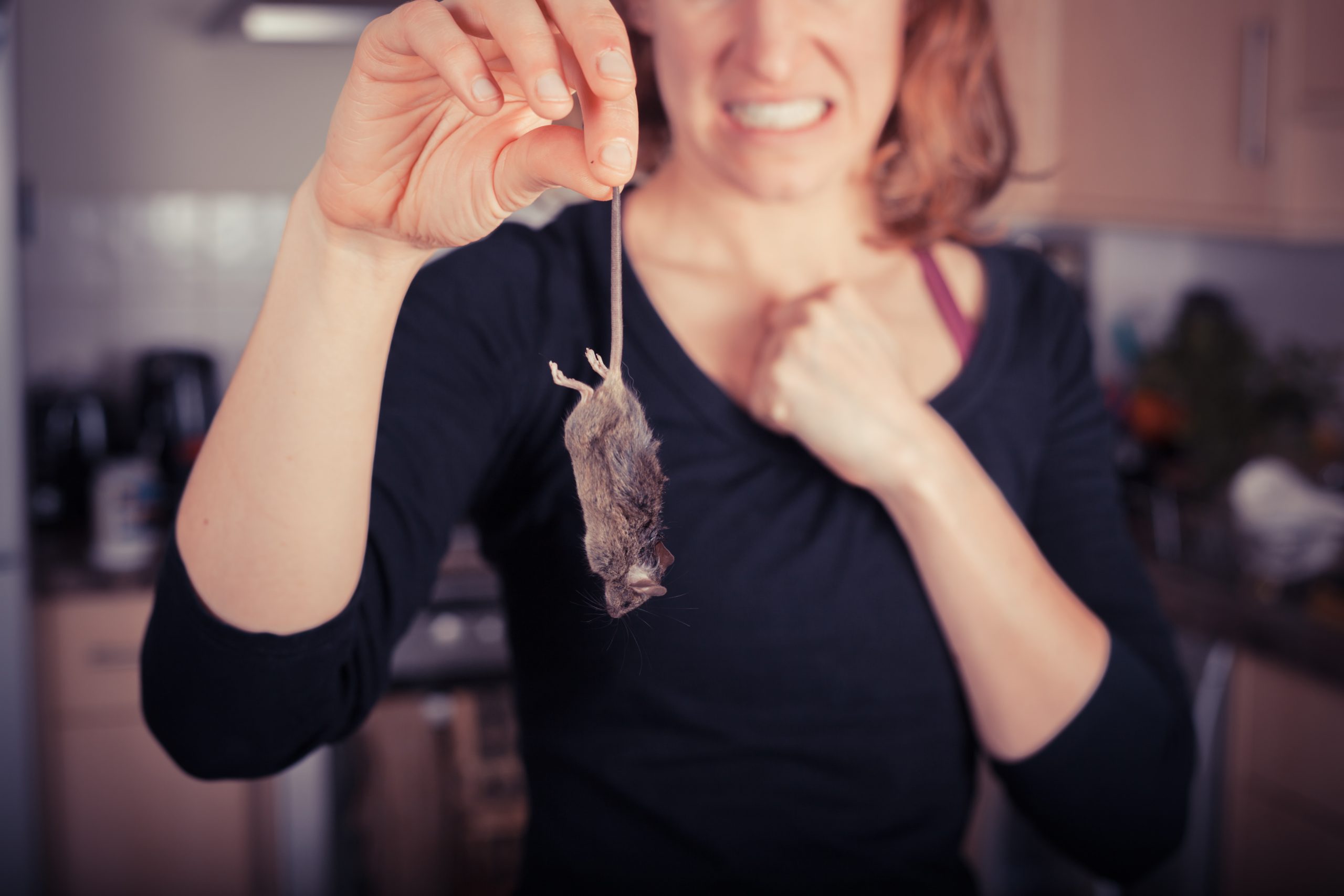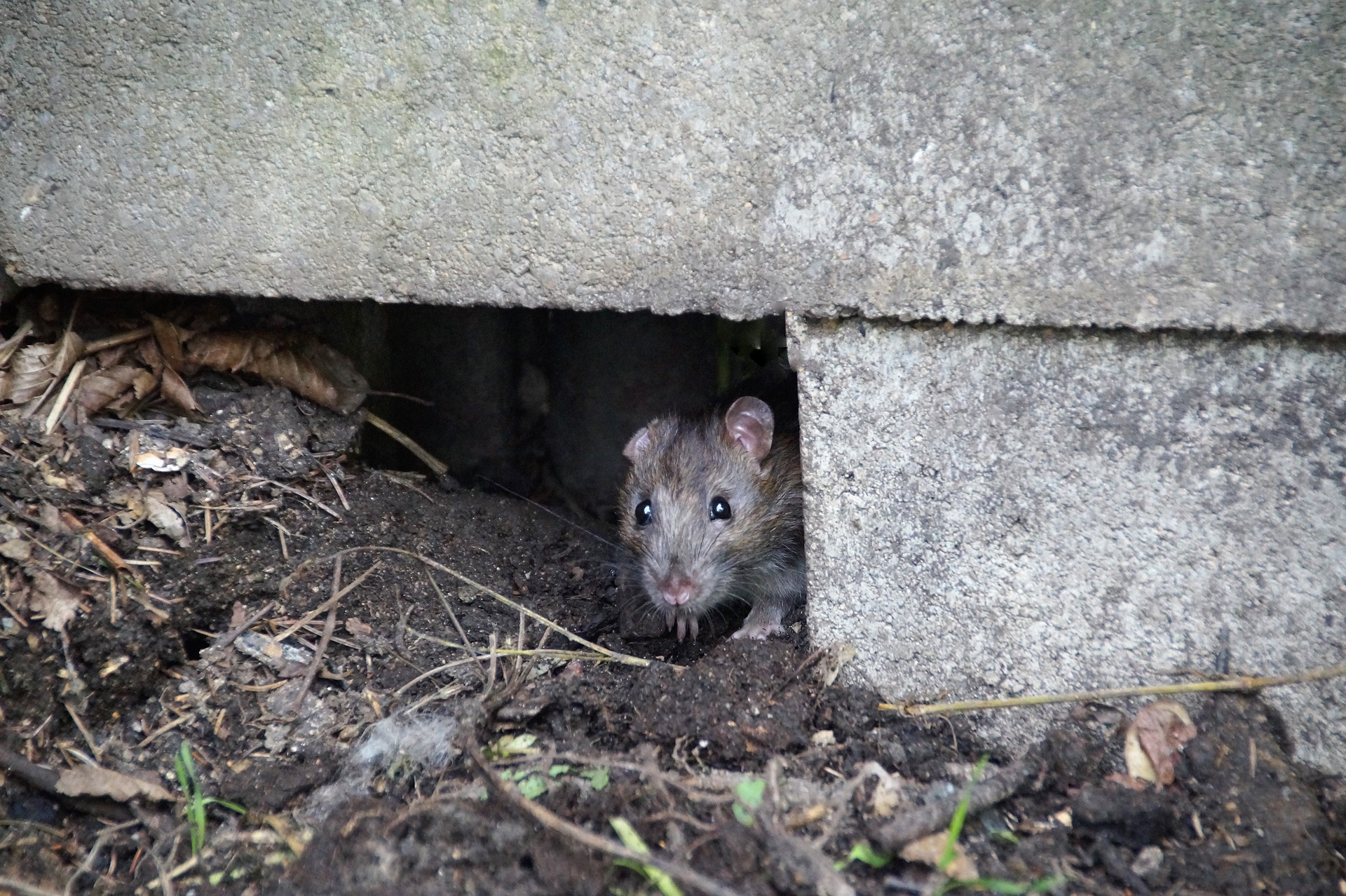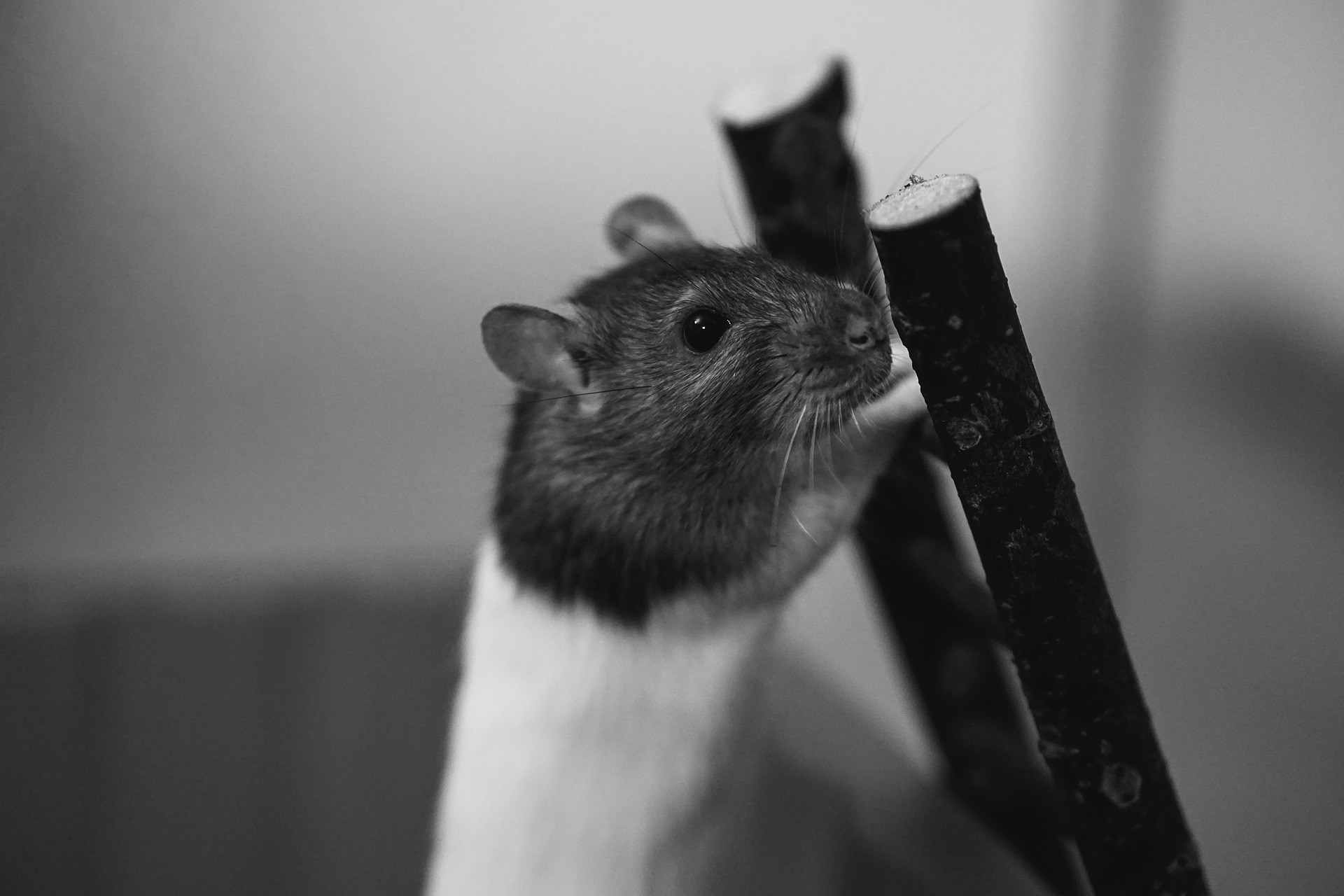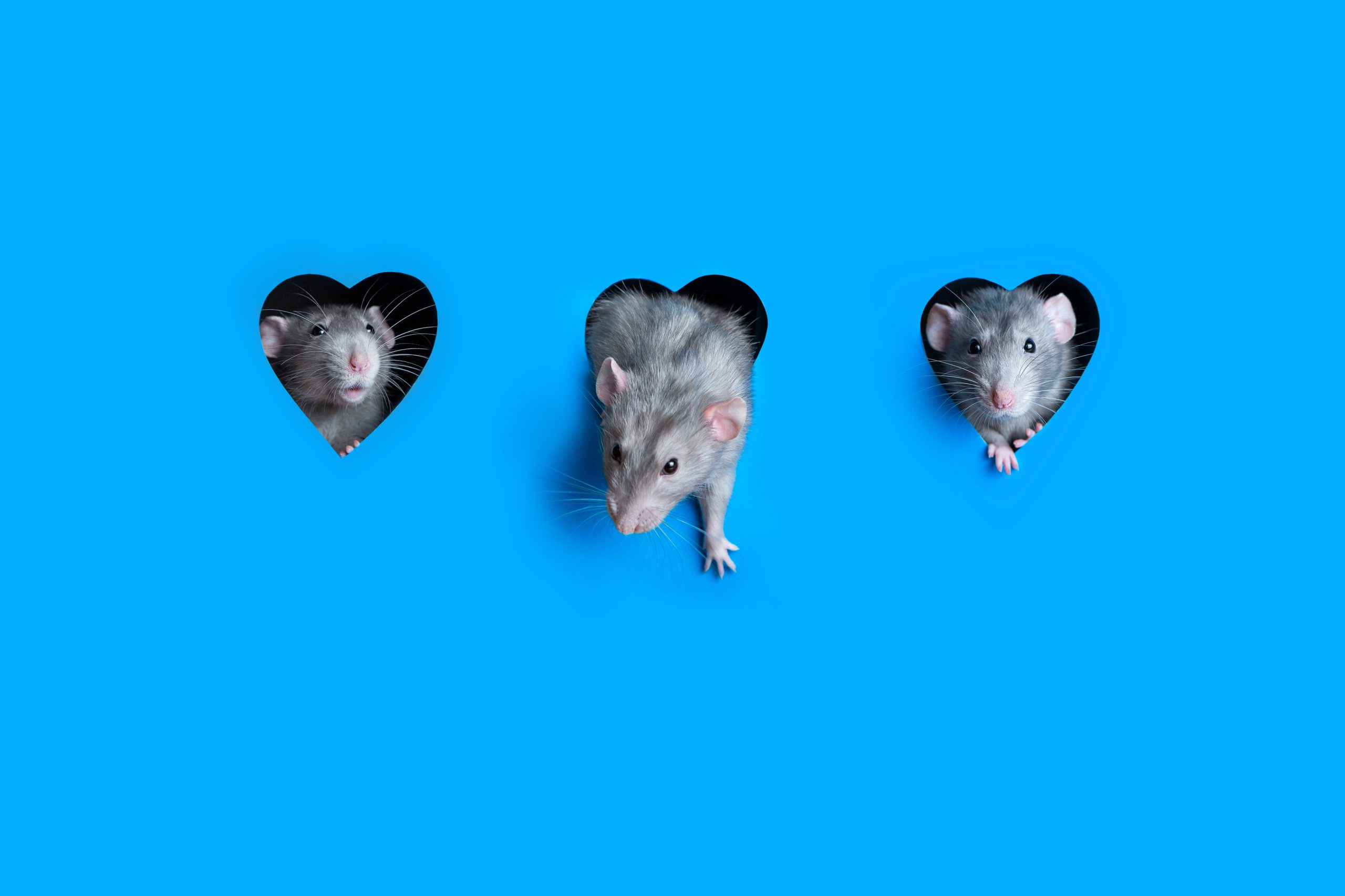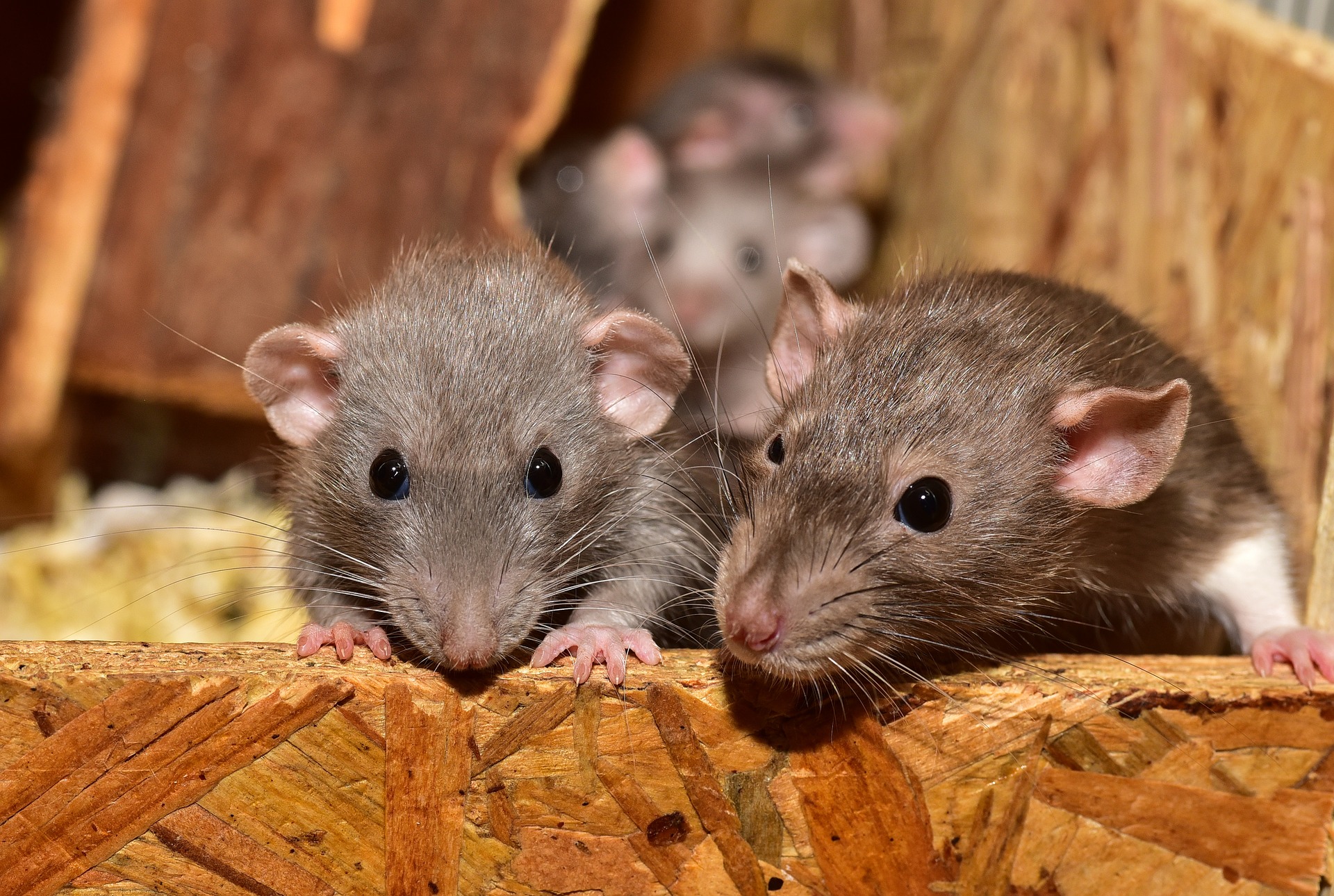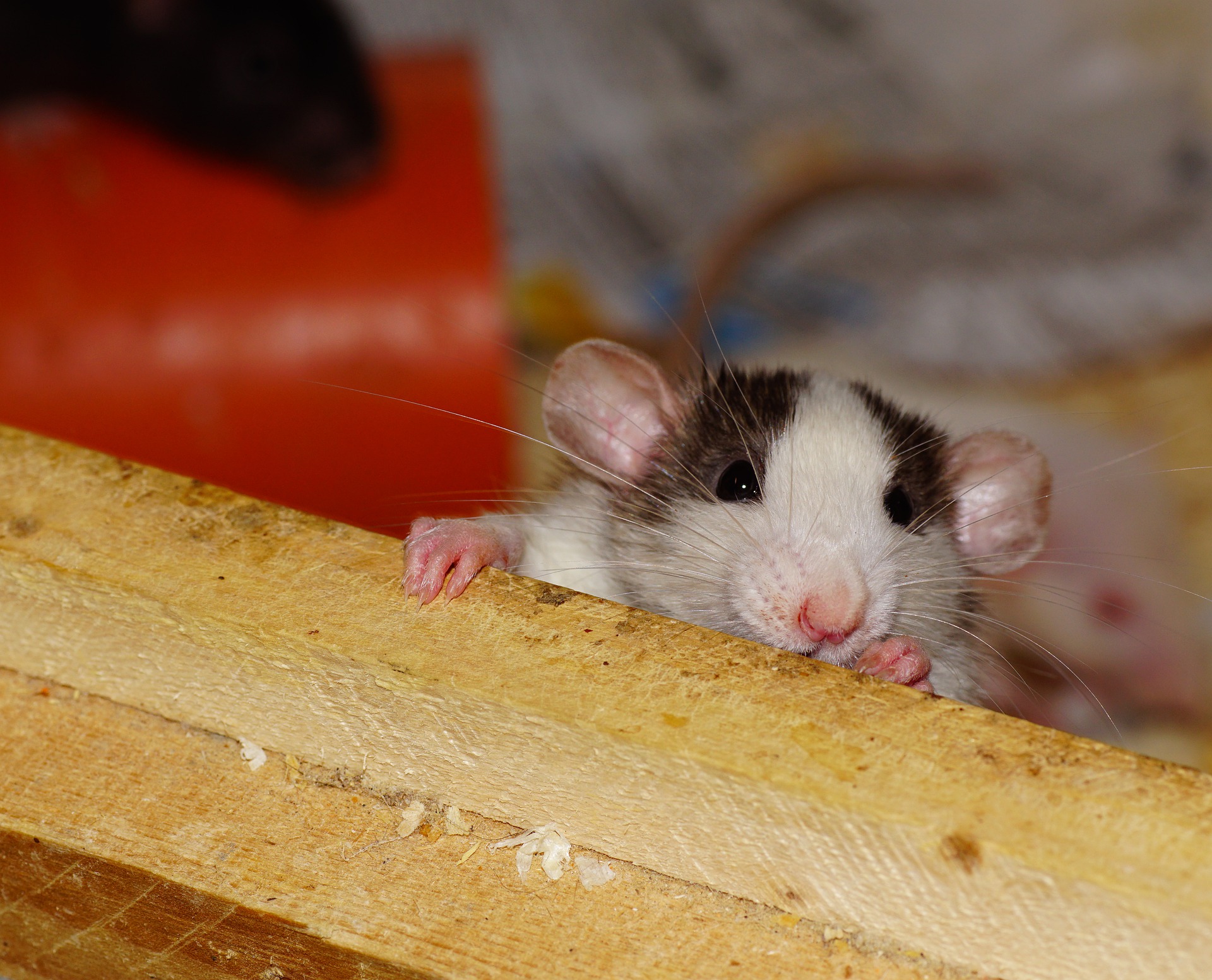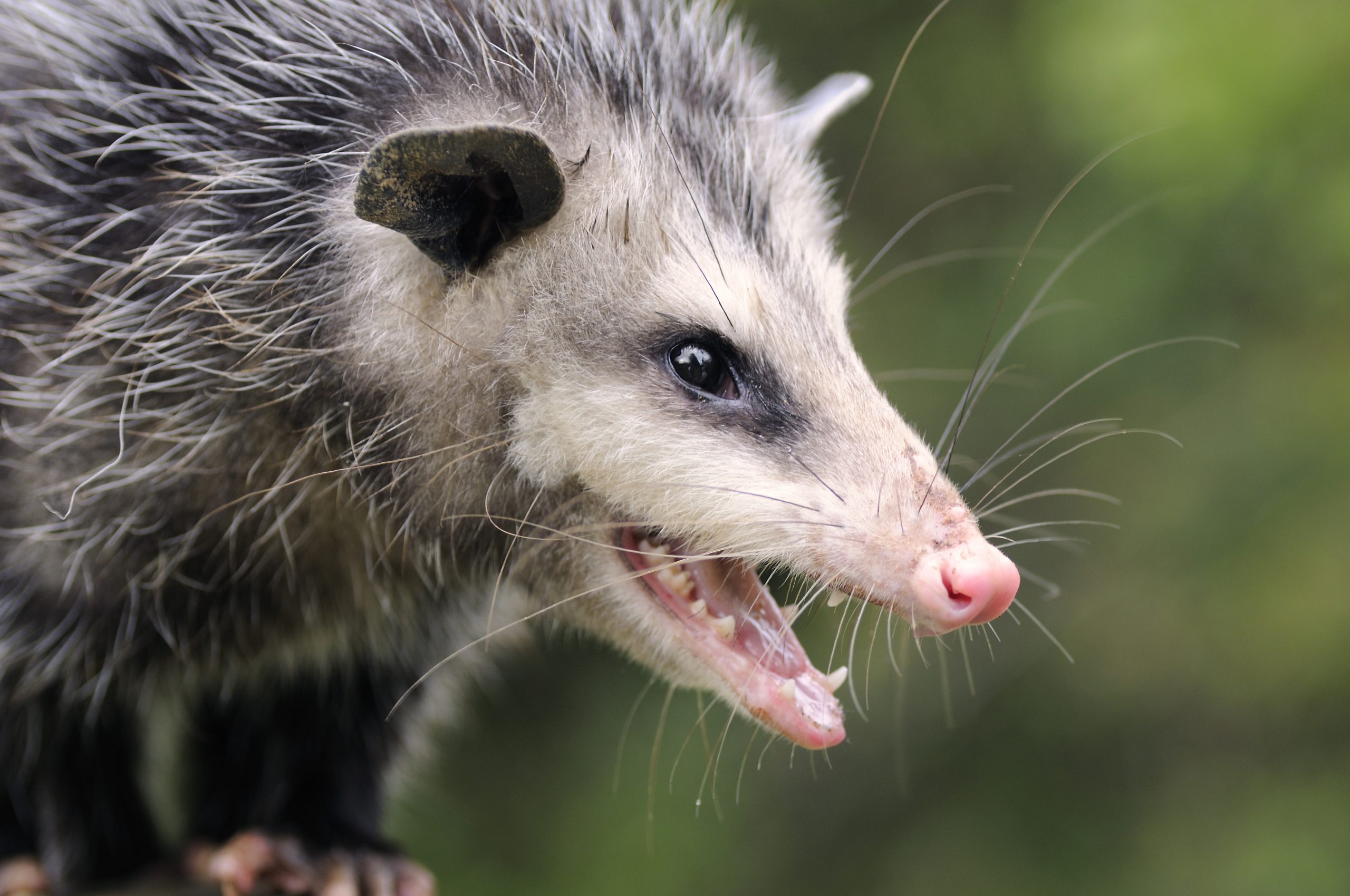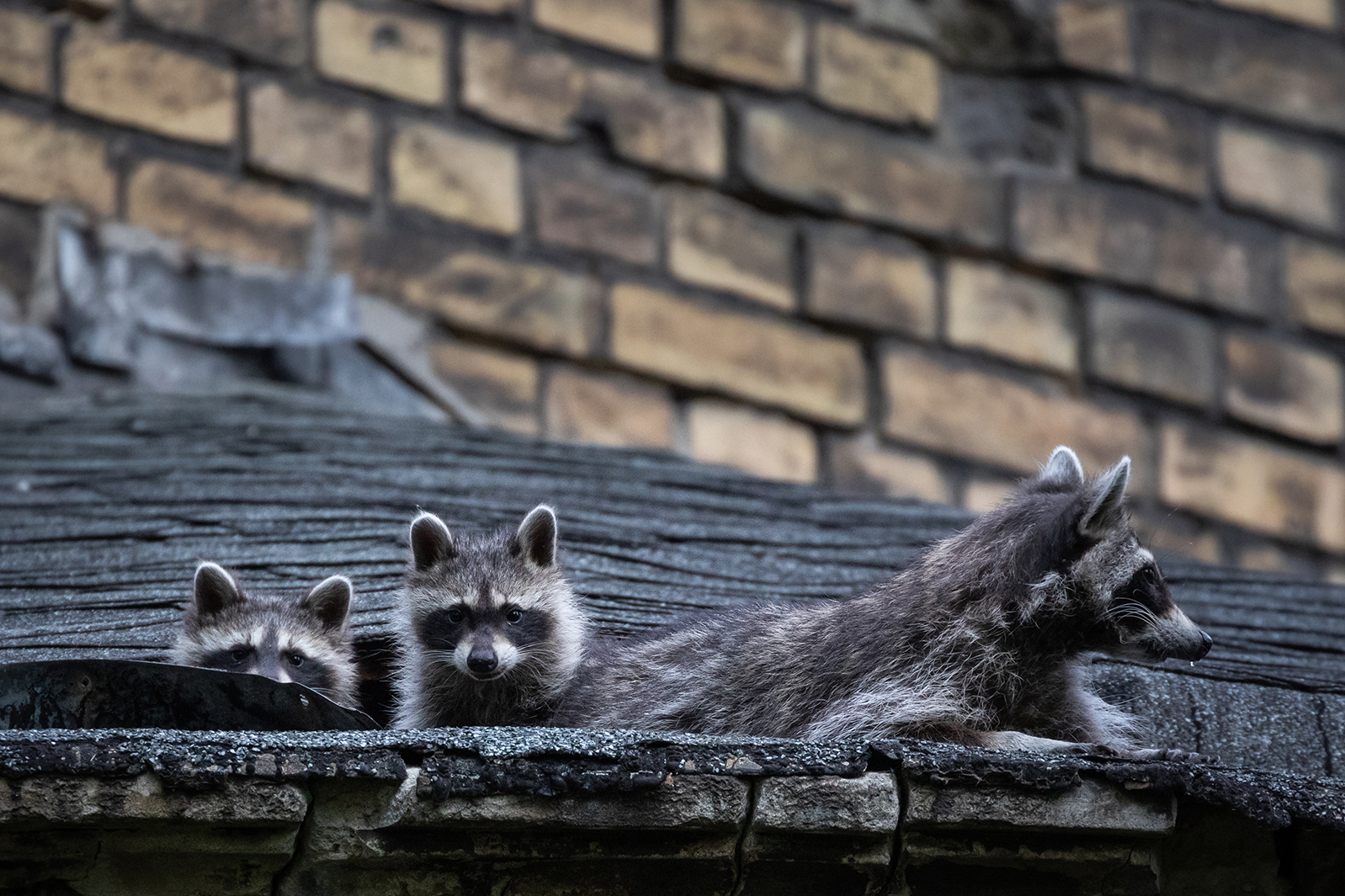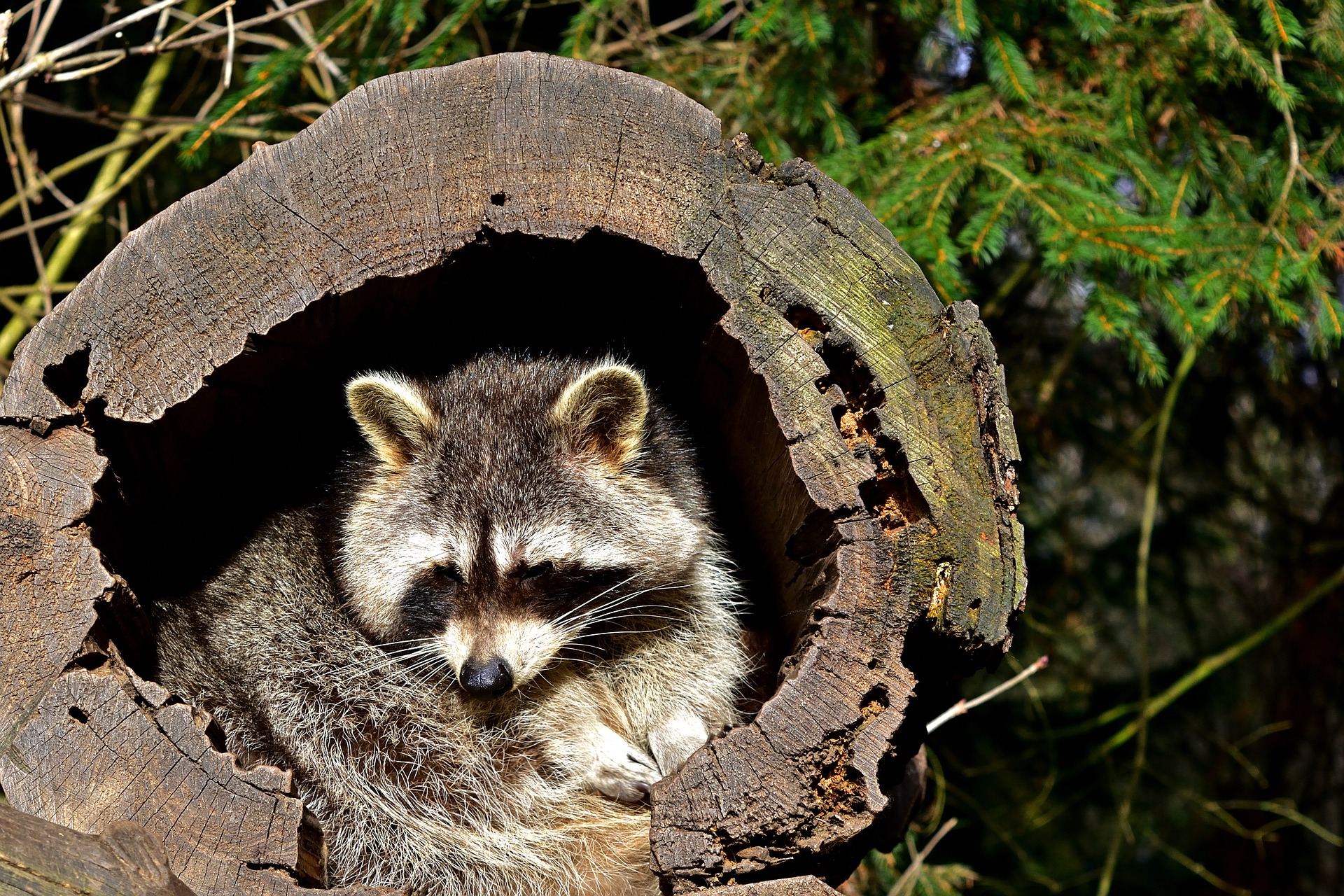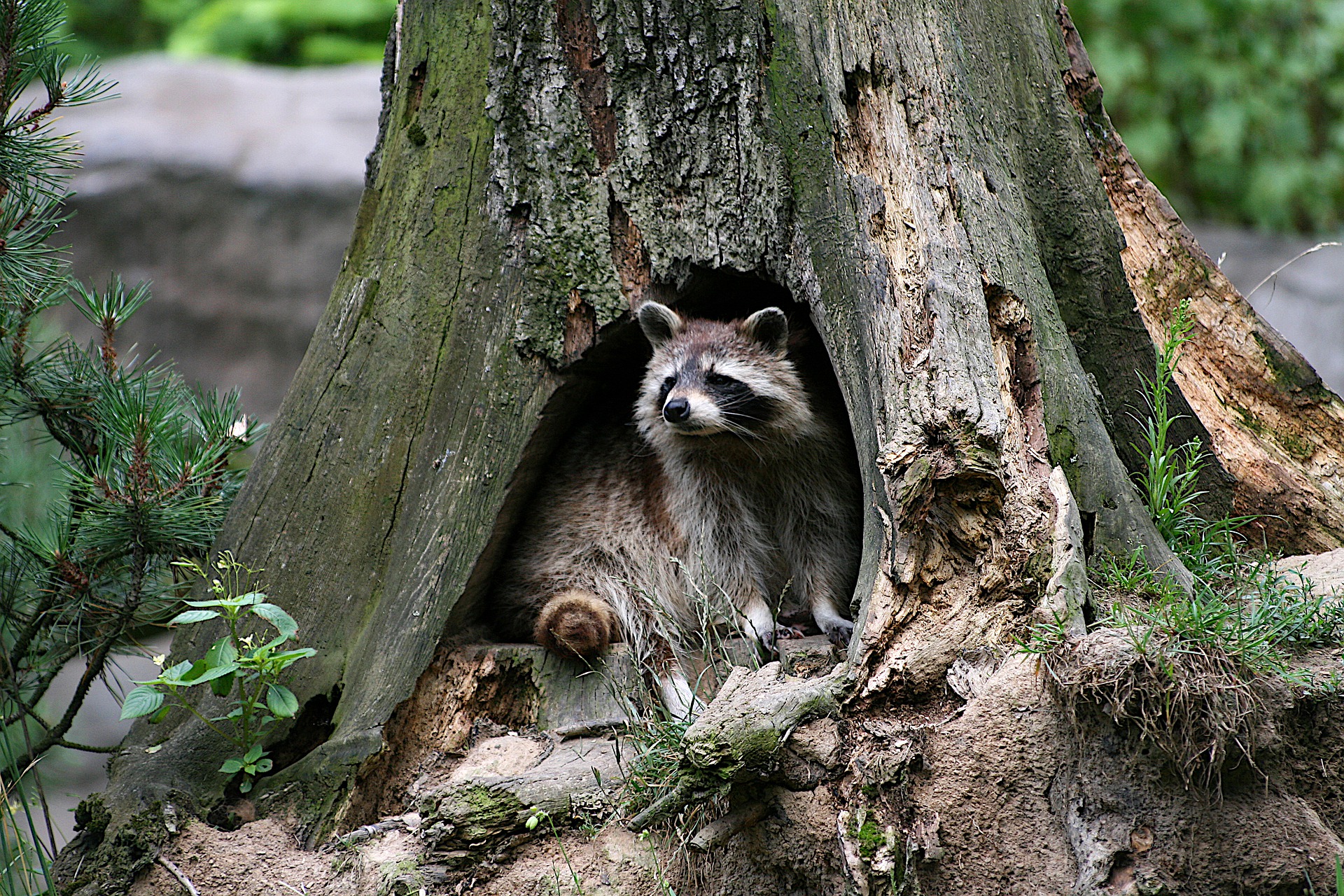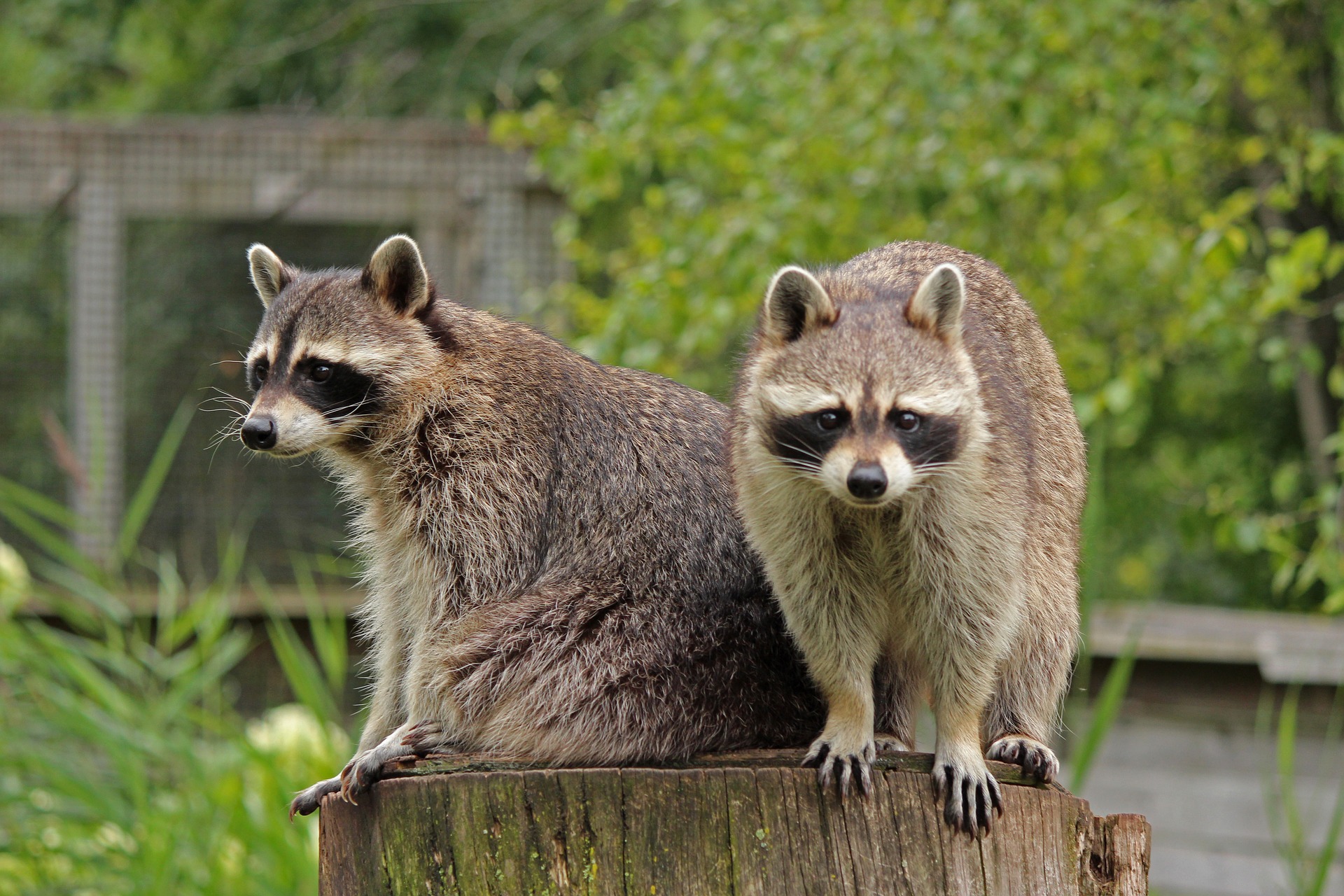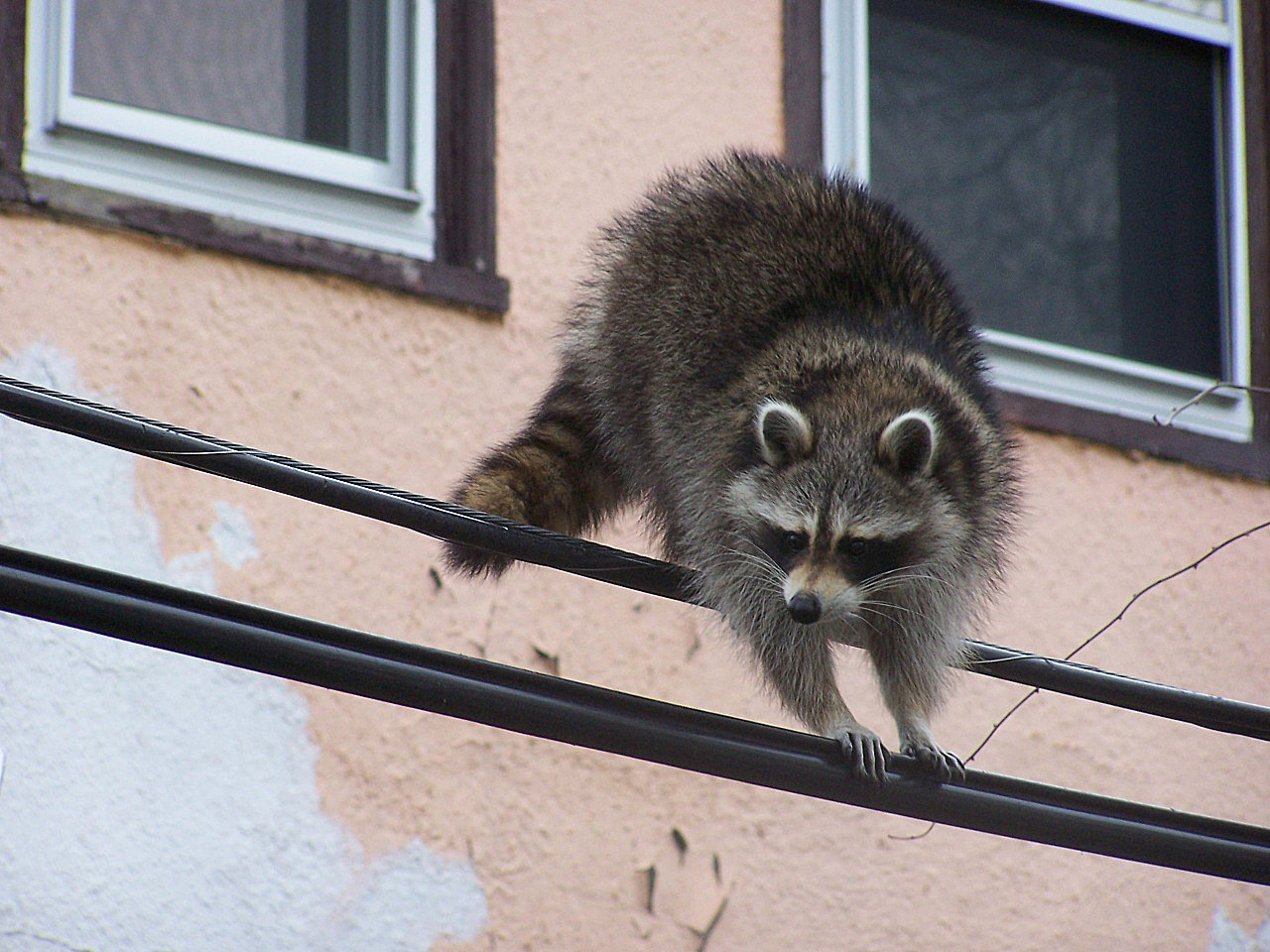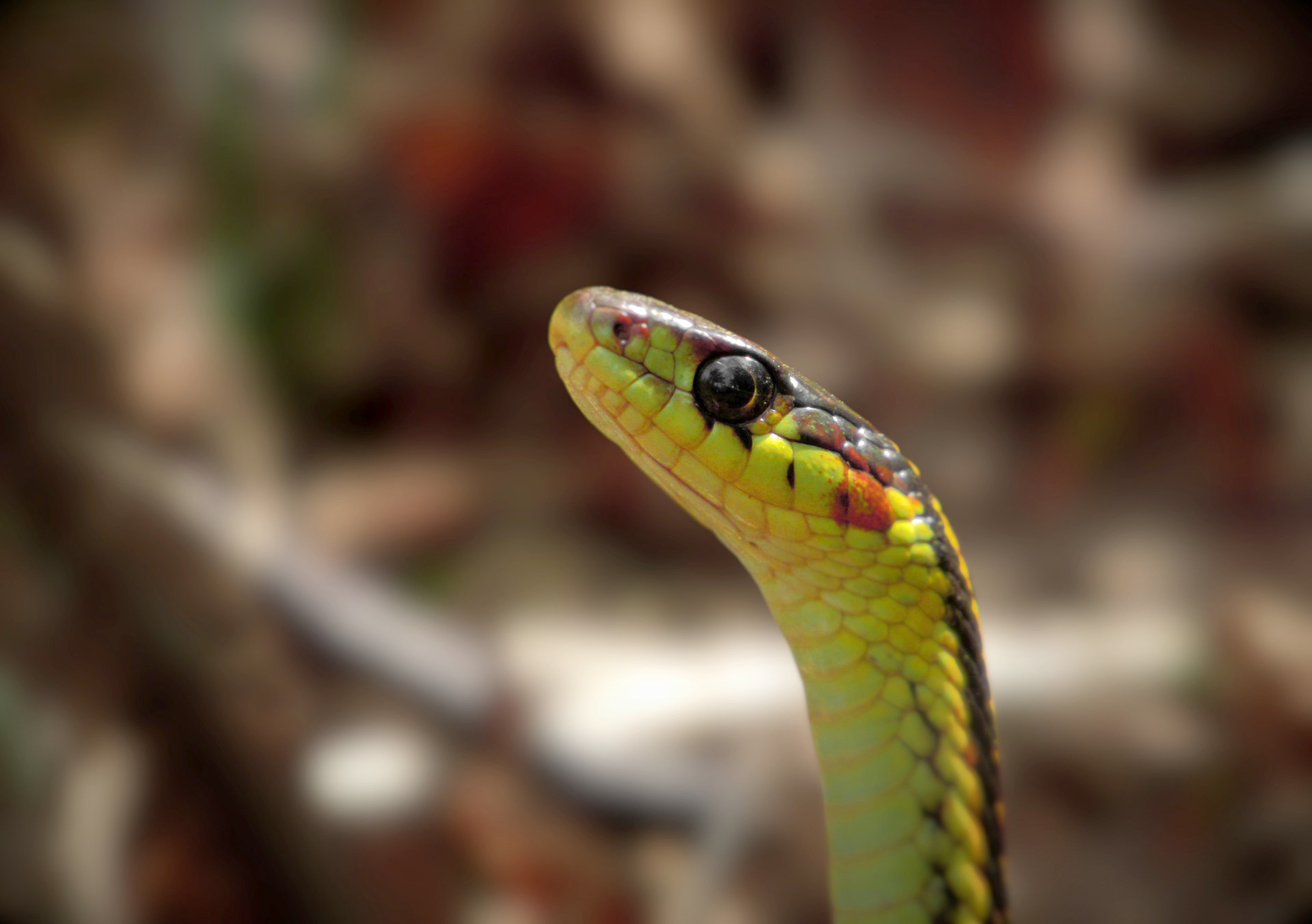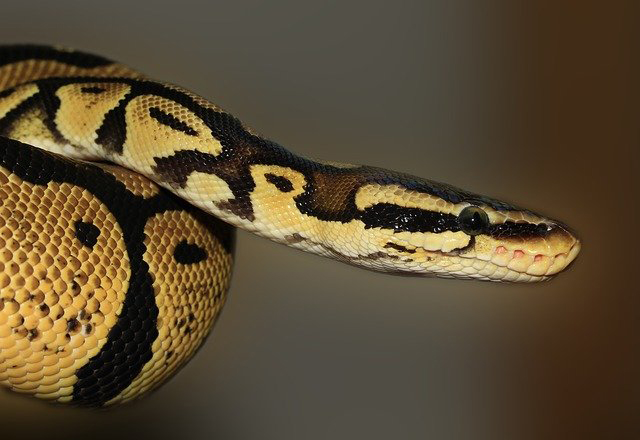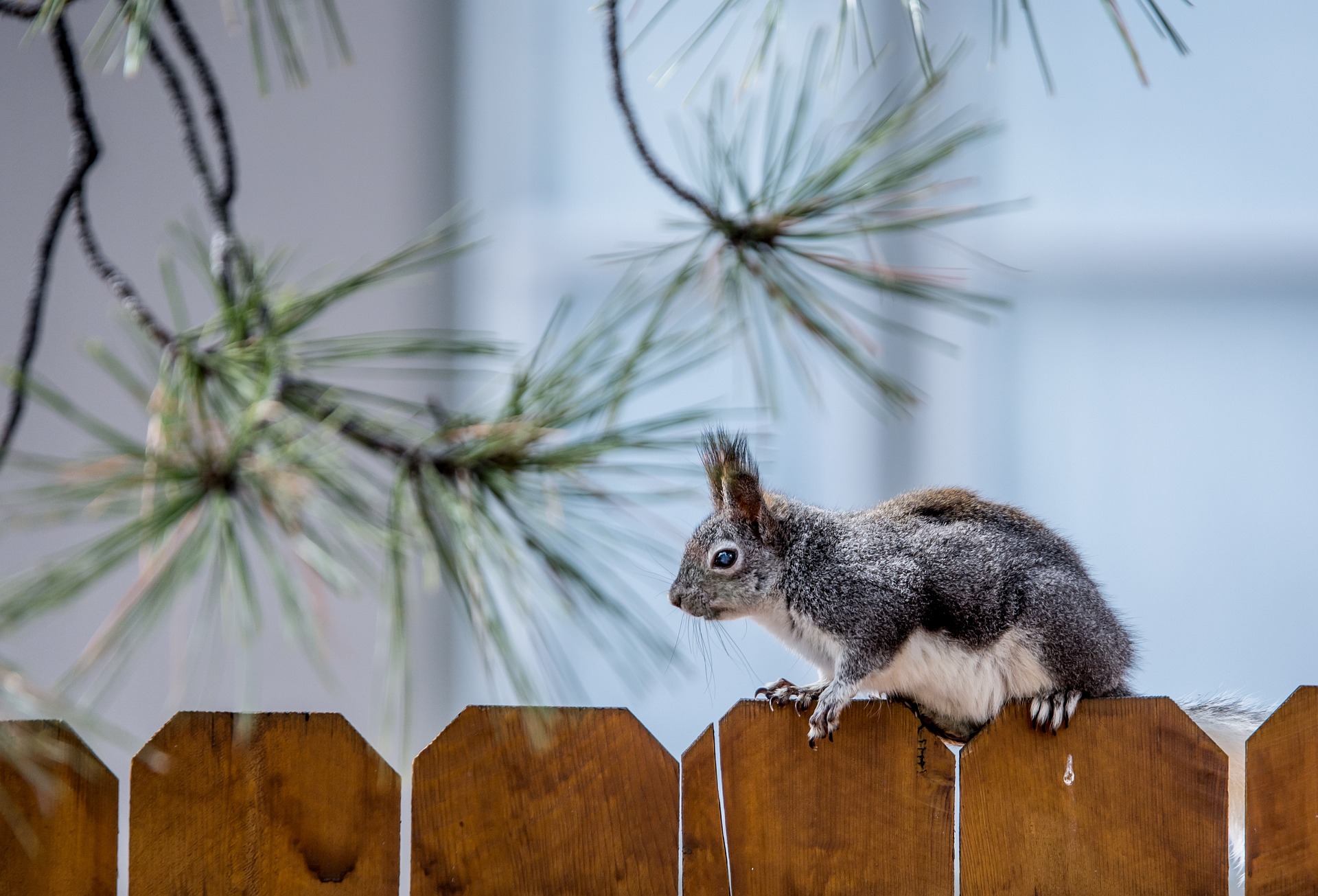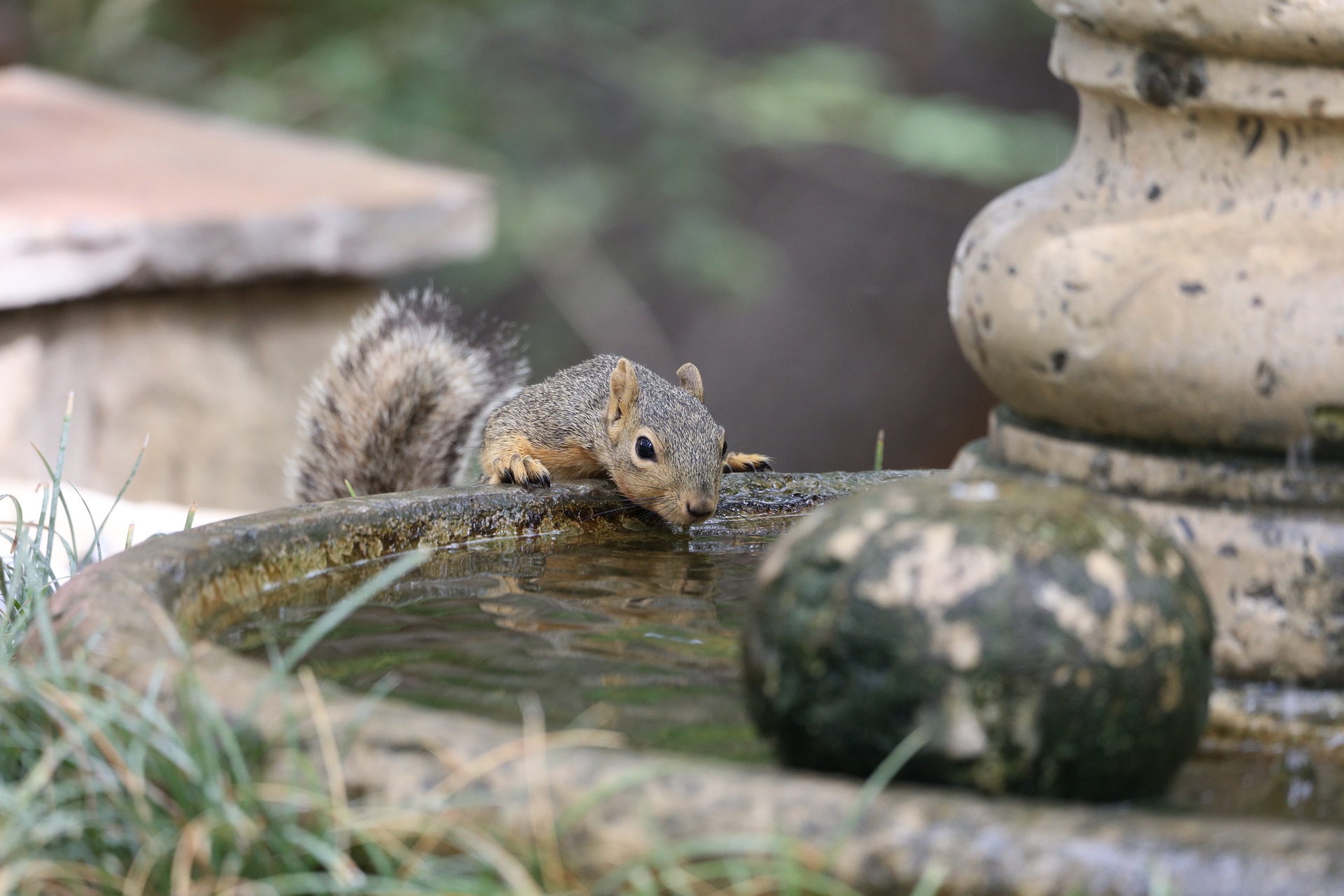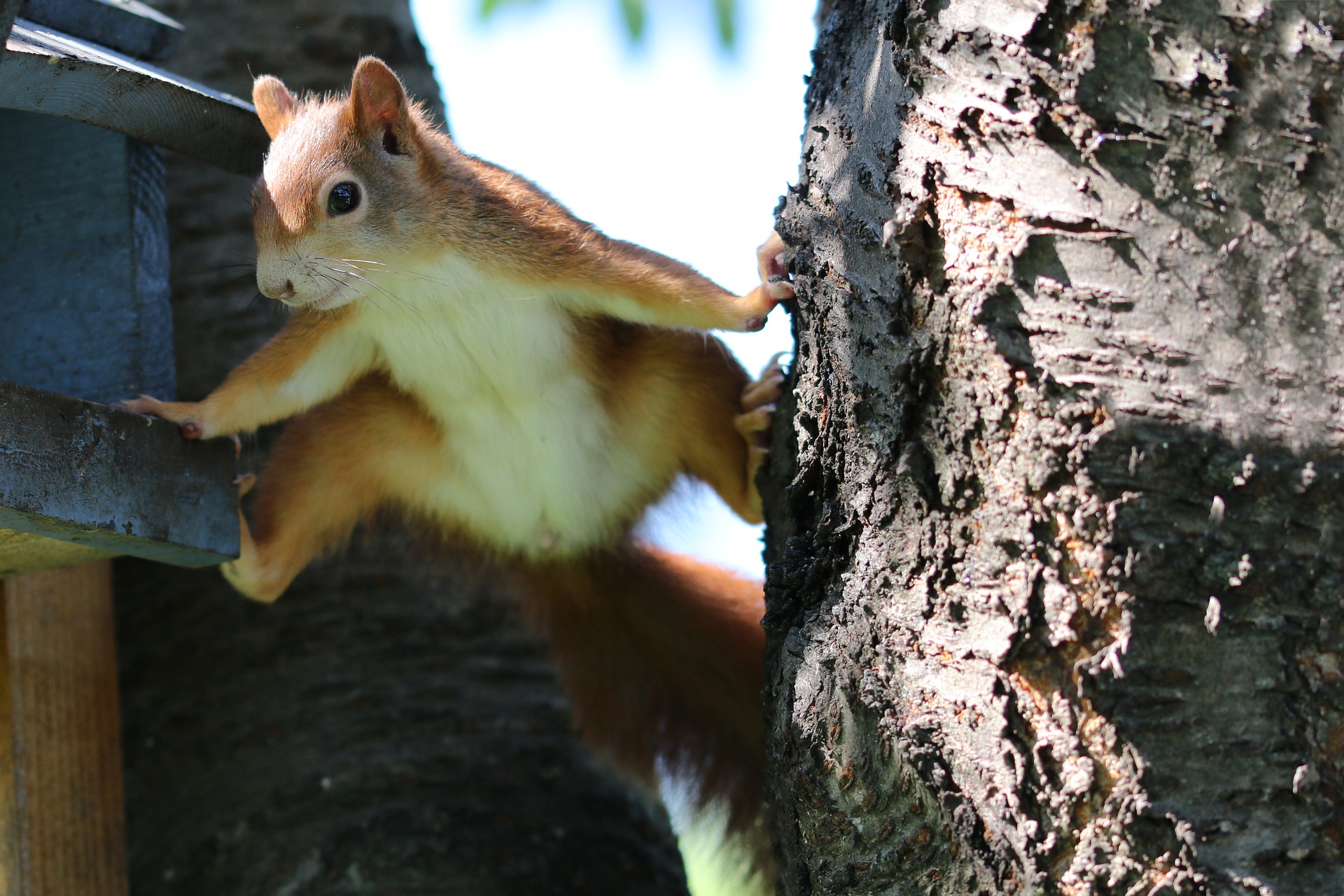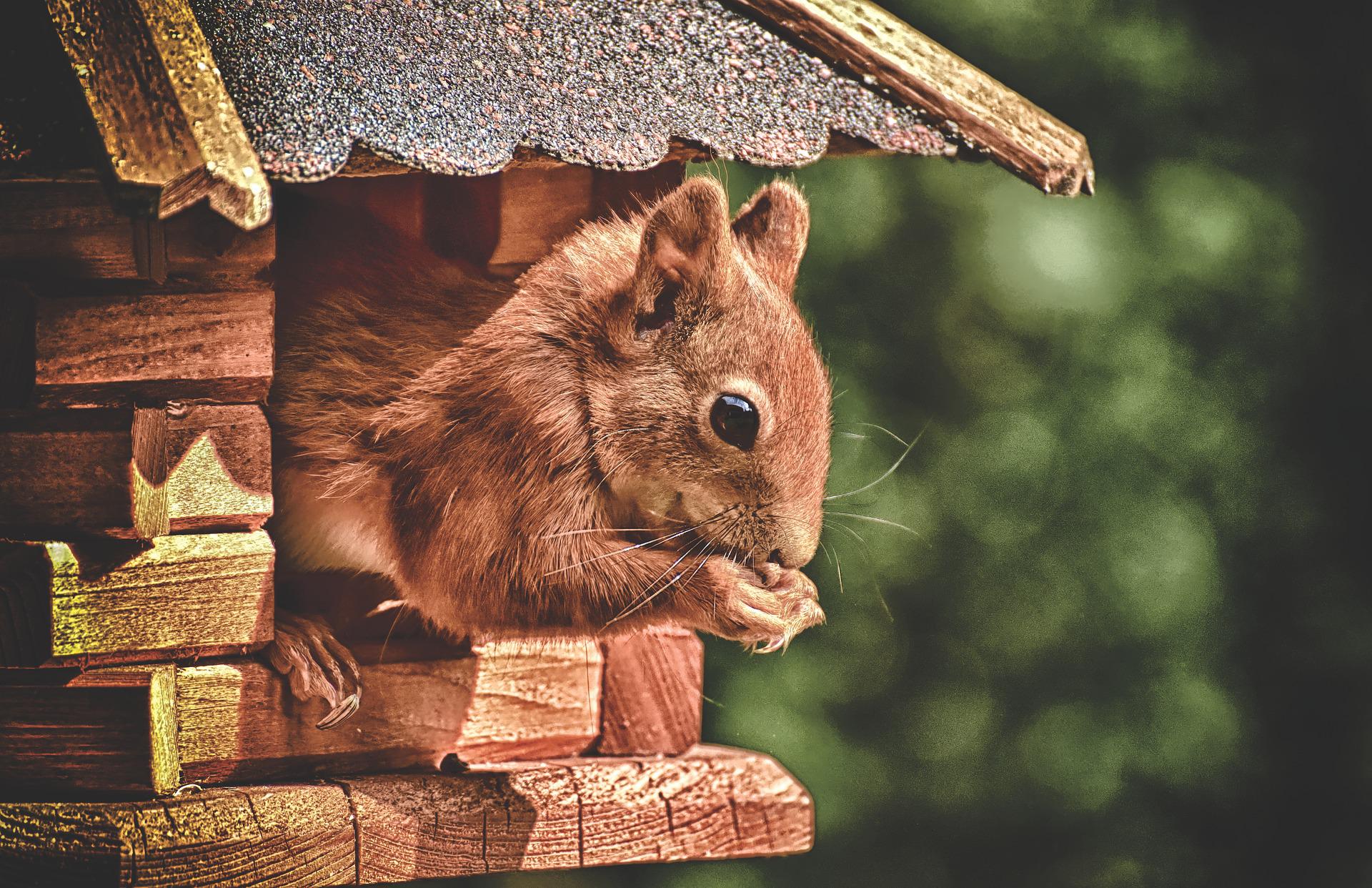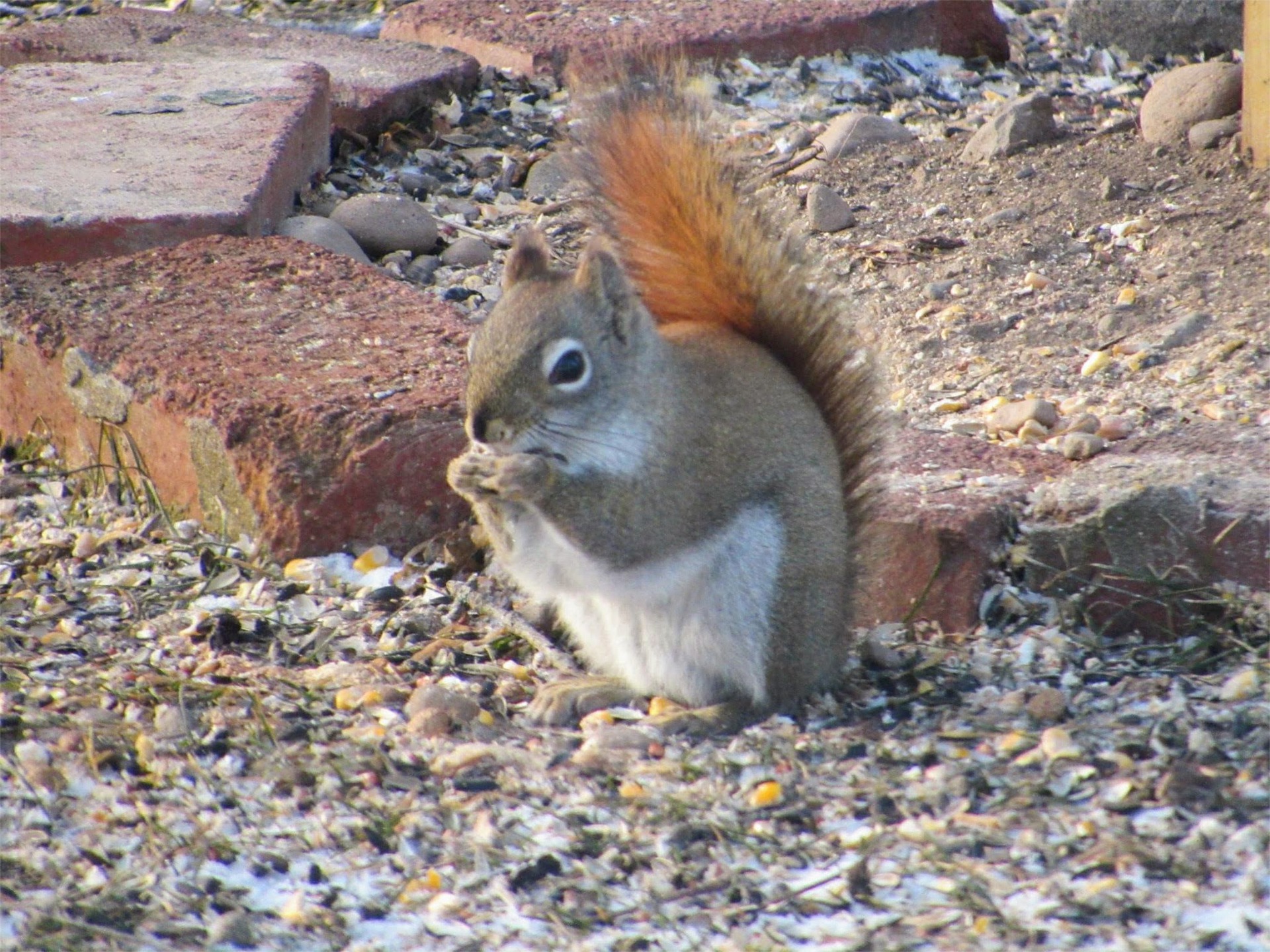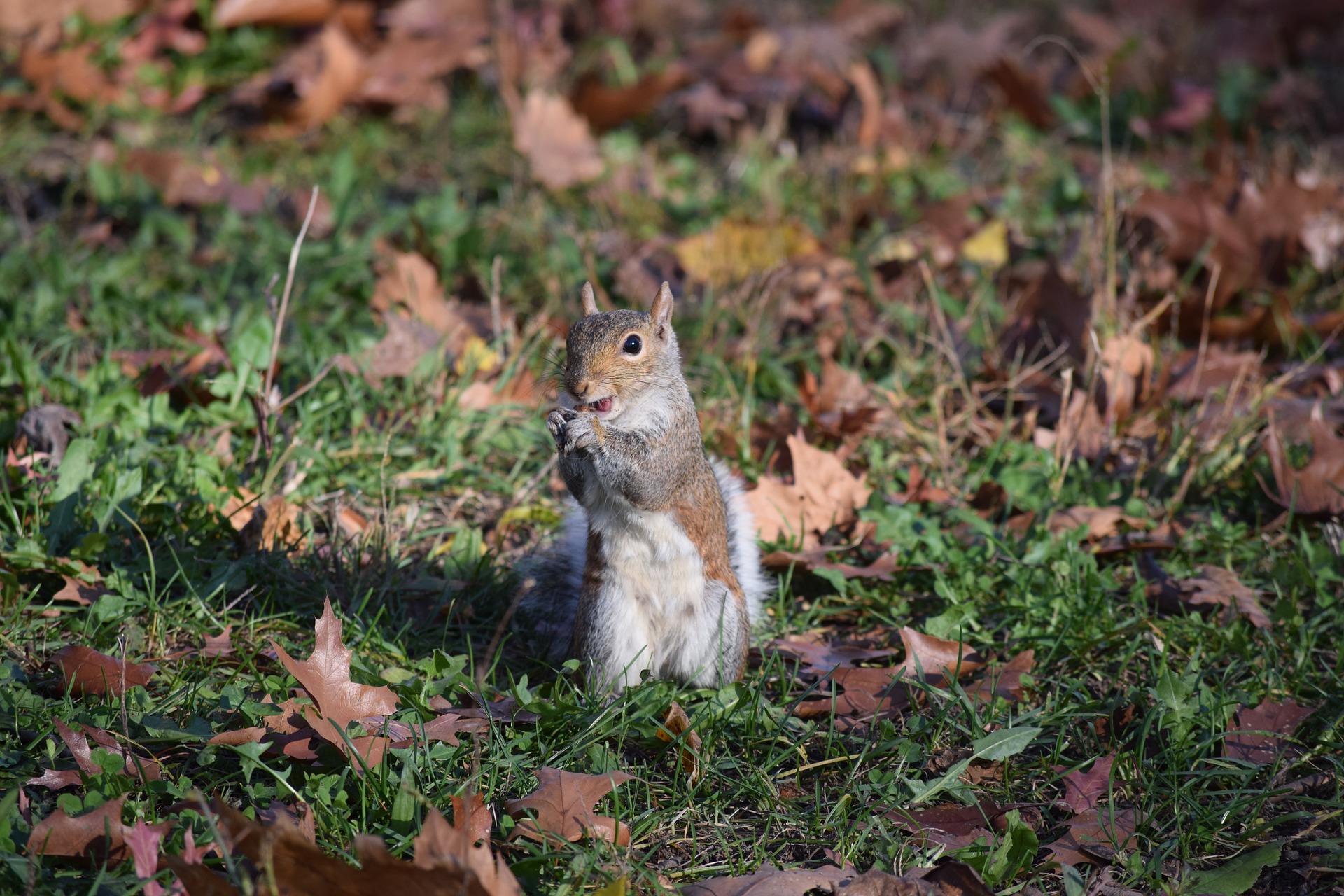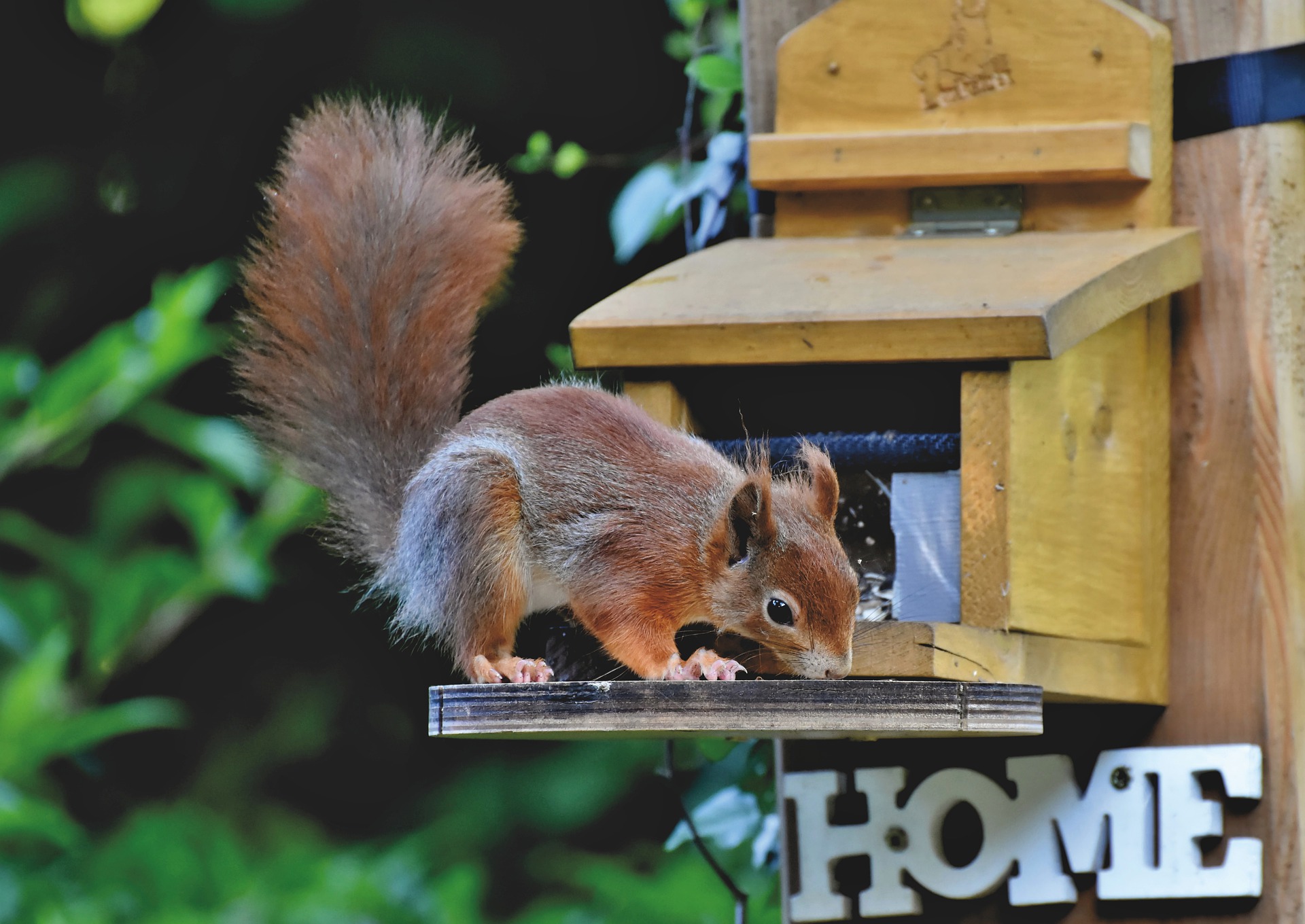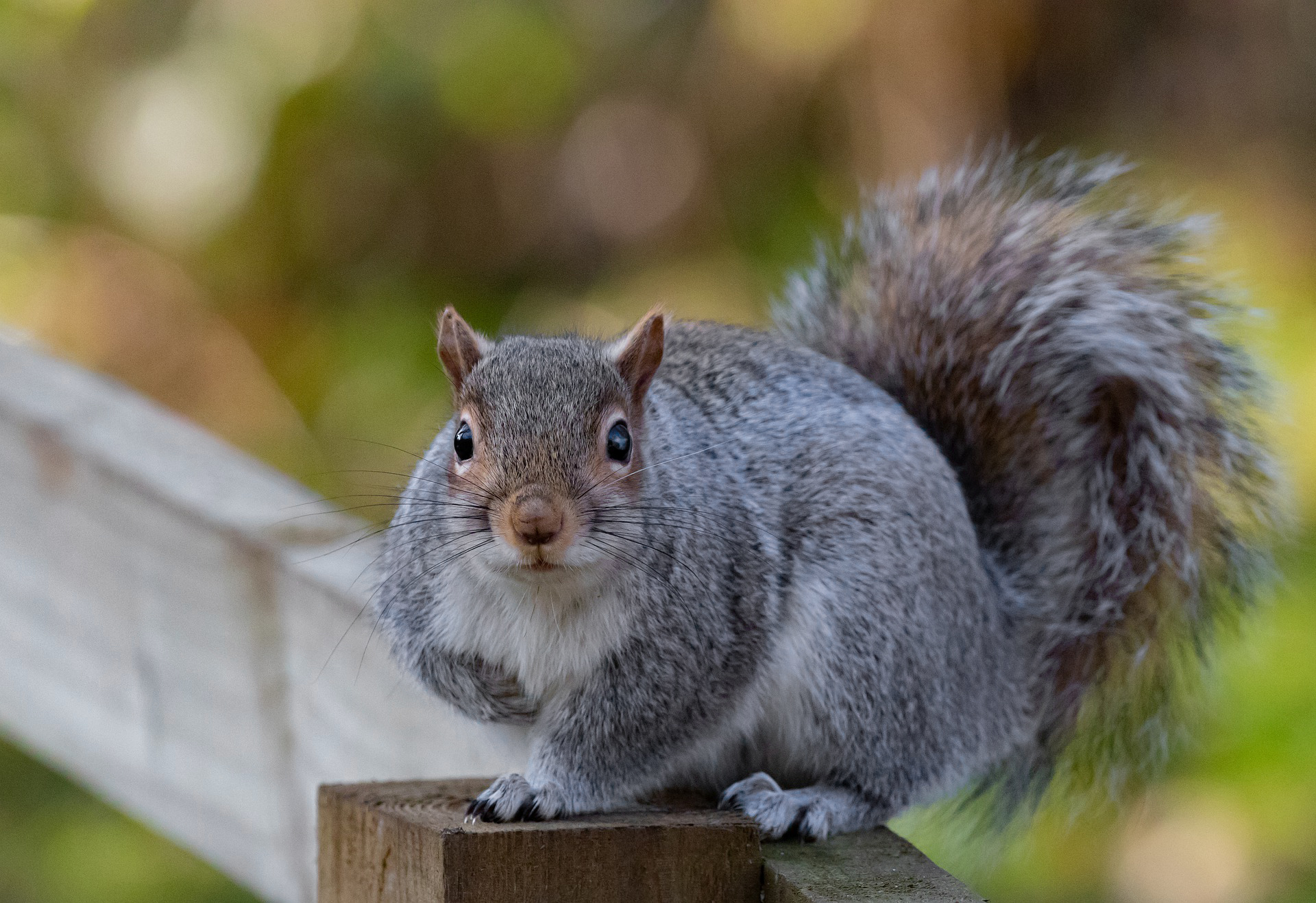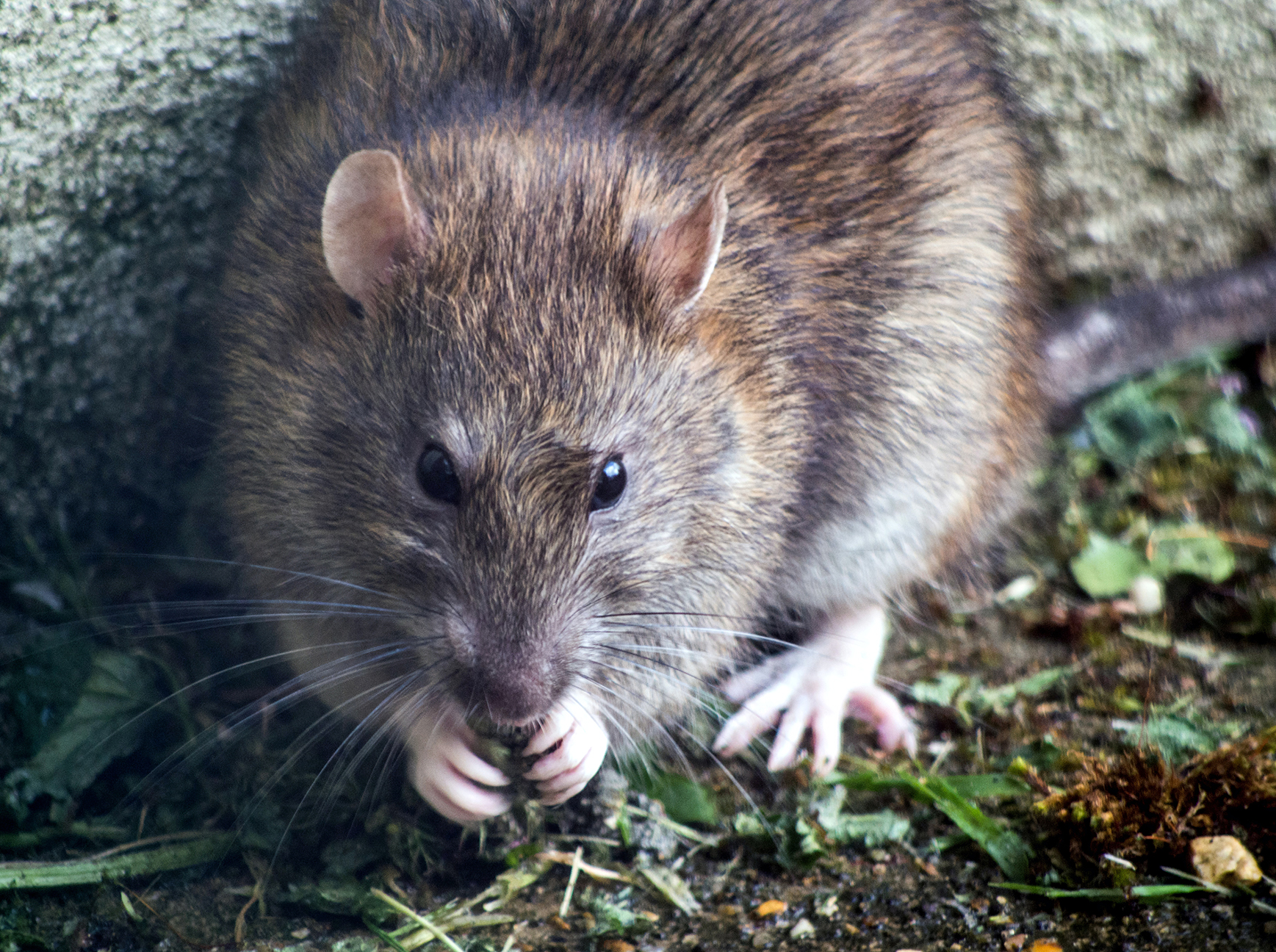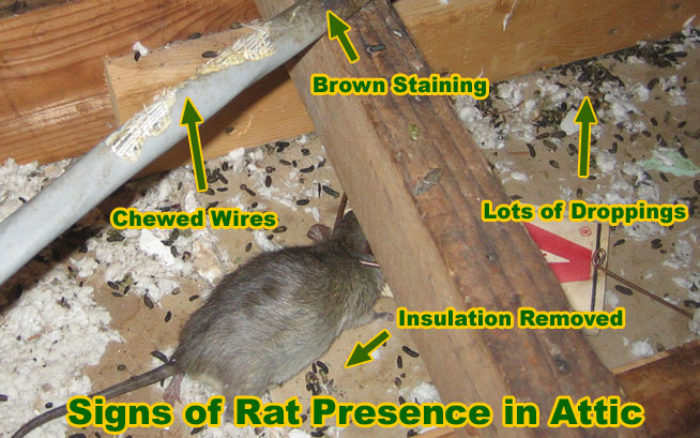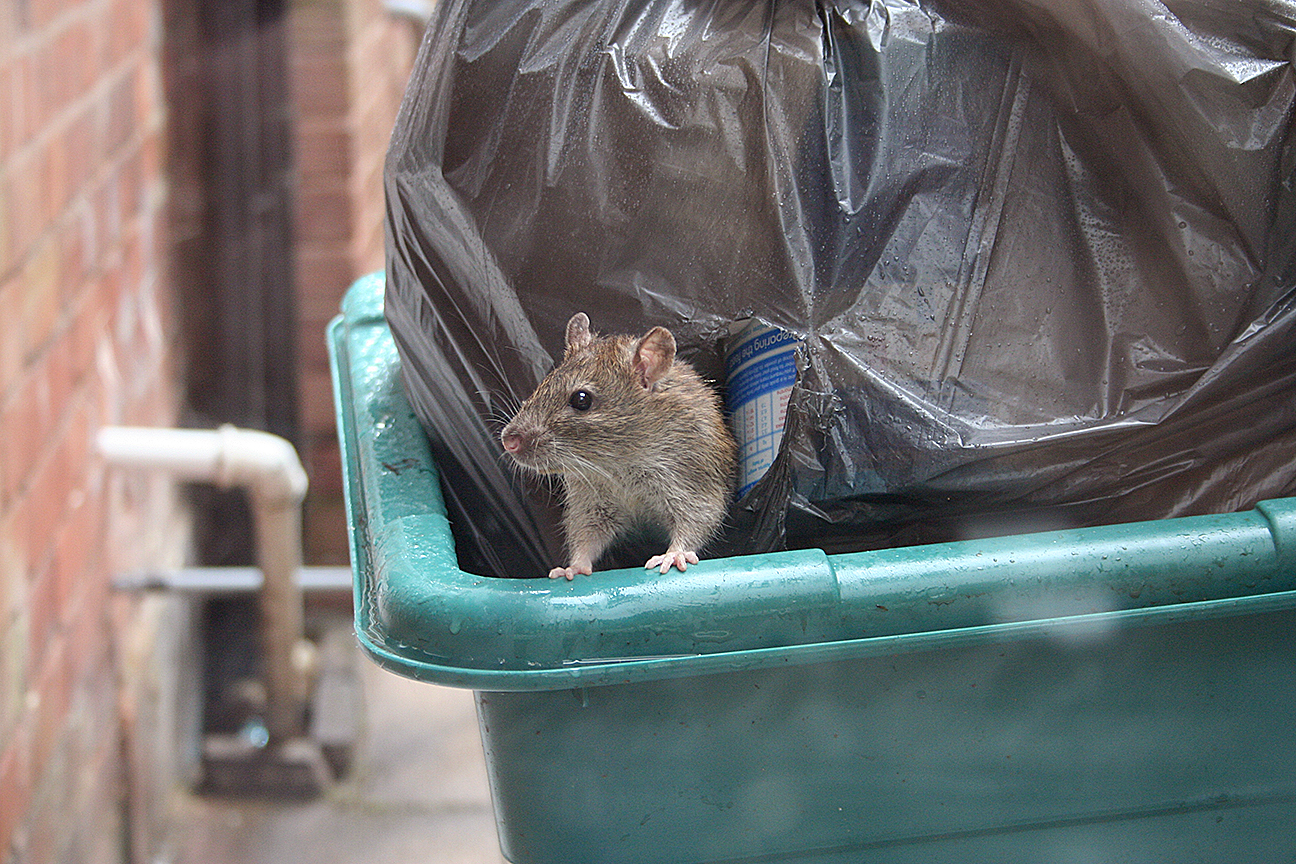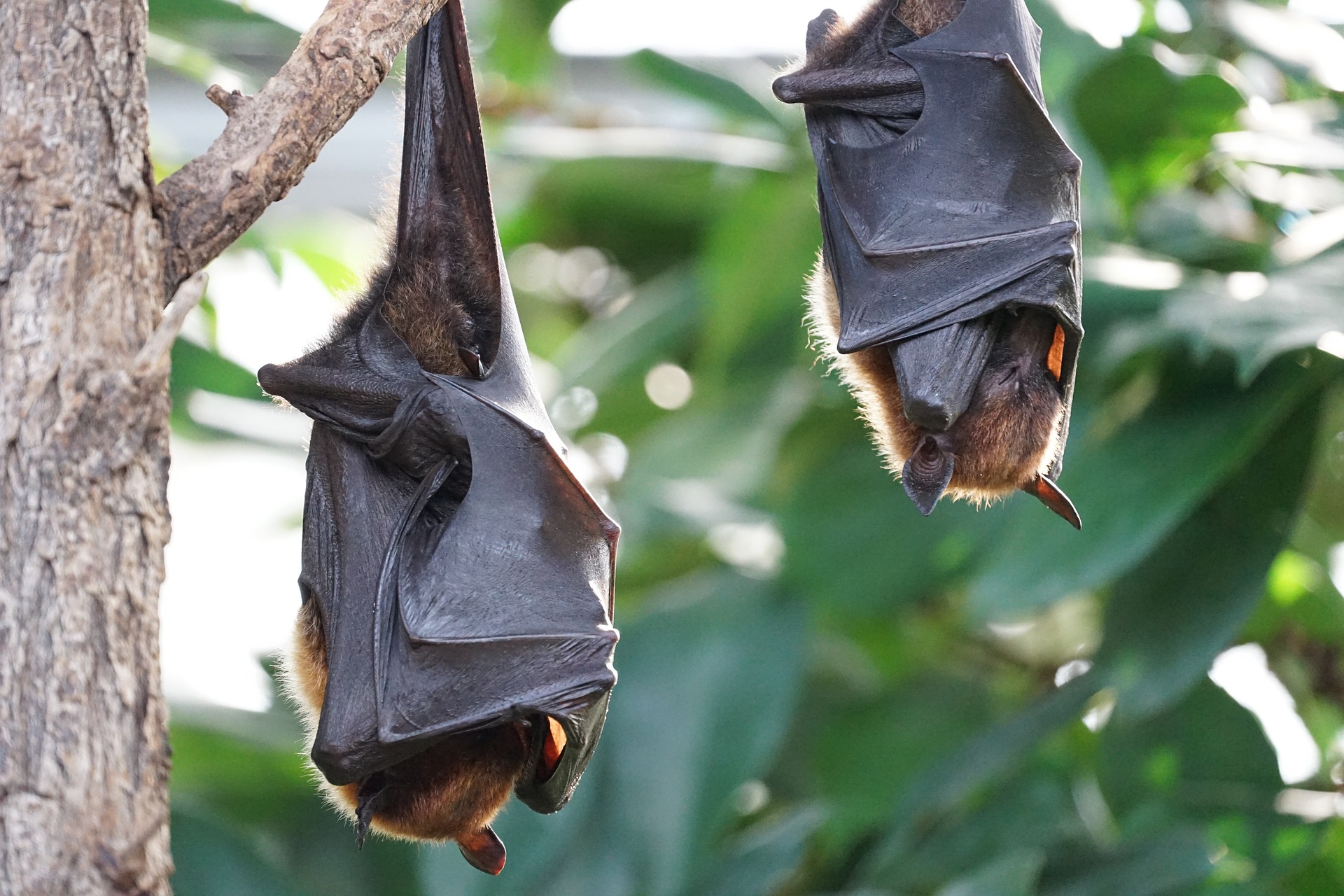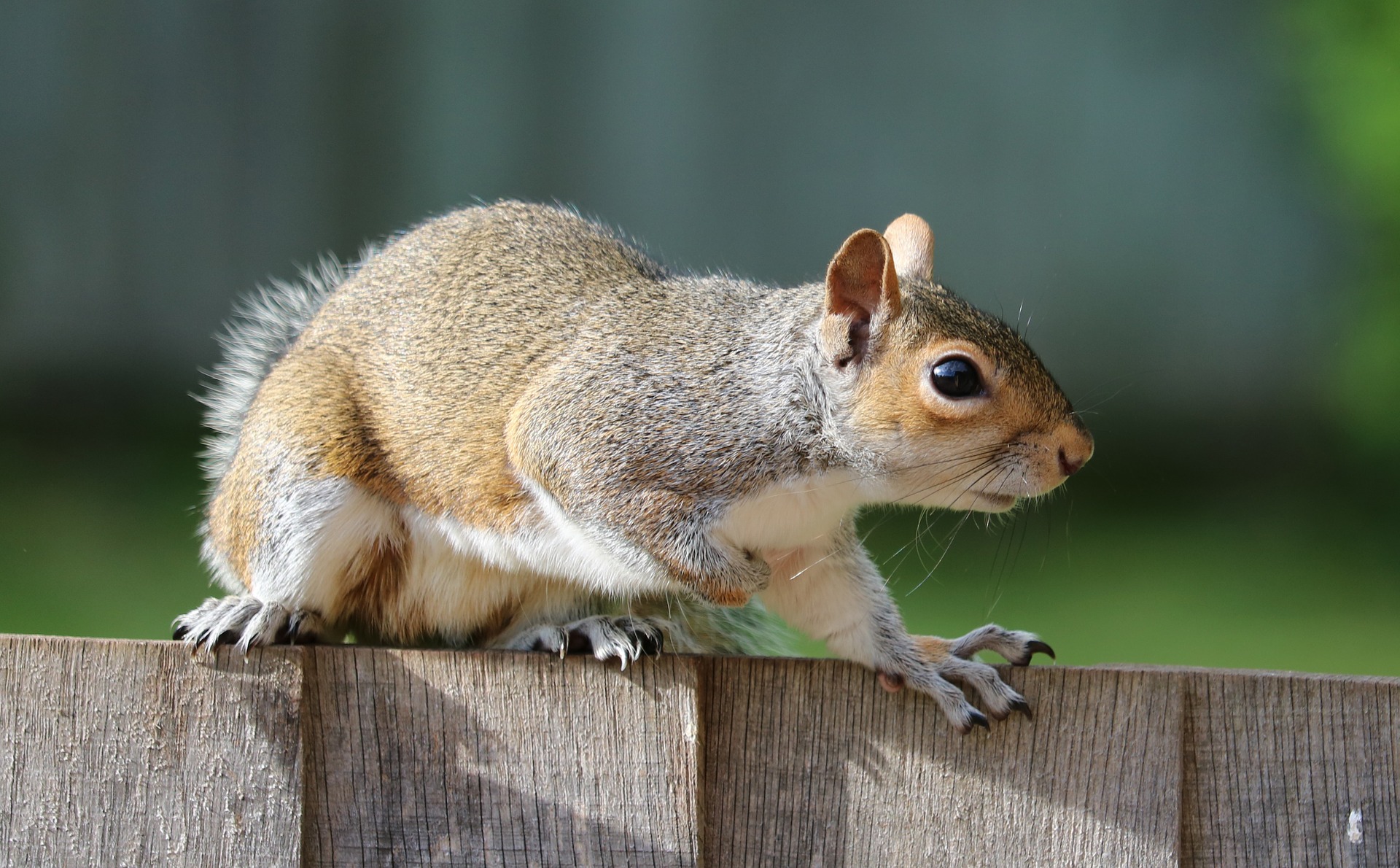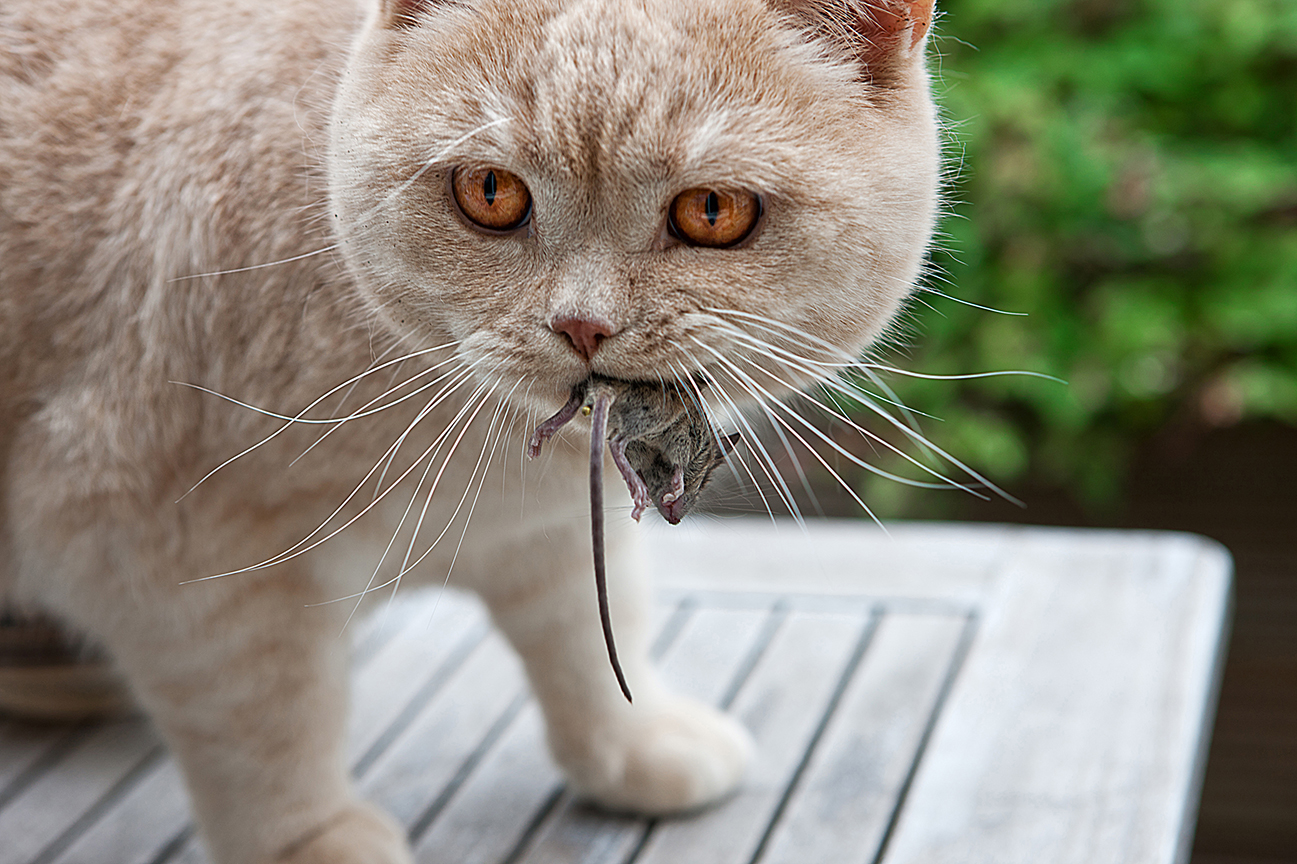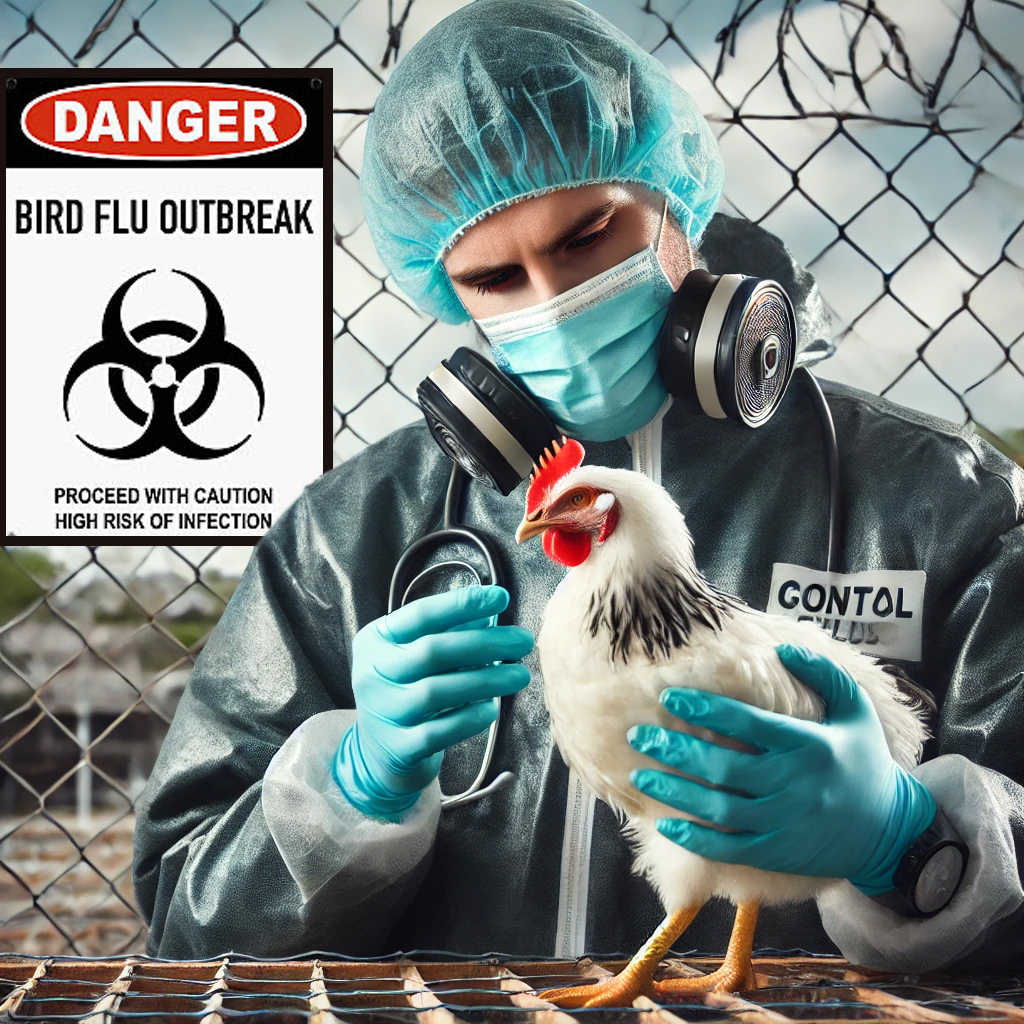
Understanding Bird Flu (Avian Influenza): Risks, Symptoms, and Prevention
Bird flu, also known as avian influenza, is a highly contagious viral infection that primarily affects birds but can also pose risks to humans and other animals. With the rise in cases among wild bird populations and poultry farms, it's important to understand the risks, symptoms, and best practices to prevent the spread of this disease. Whether you're a wildlife enthusiast, a backyard poultry farmer, or a concerned citizen, this guide will provide everything you need to know about bird flu.
What is Bird Flu?
Bird flu is caused by influenza viruses that infect birds, particularly wild waterfowl like ducks, geese, and swans. While many of these birds carry the virus without symptoms, the disease can spread rapidly to domestic poultry, leading to severe illness and high mortality rates.
There are different strains of avian influenza, but the most concerning ones include H5N1, H7N9, and H5N8, which have been responsible for major outbreaks in poultry farms and sporadic cases in humans. The virus can spread through direct contact with infected birds, contaminated surfaces, or inhalation of virus particles in bird droppings and secretions.
Which Birds Are Most at Risk?
While wild birds often act as carriers, certain bird species are more susceptible to severe illness. These include:
- Domestic Poultry – Chickens, turkeys, ducks, and quail are particularly vulnerable and can suffer high mortality rates.
- Waterfowl – Wild ducks, geese, and swans often carry the virus without showing symptoms.
- Shorebirds & Wading Birds – Gulls, herons, and egrets can spread the virus over long distances.
- Birds of Prey – Raptors such as hawks, eagles, and owls can become infected after consuming sick birds.
- Game Birds – Pheasants, partridges, and wild turkeys can contract the virus from contaminated environments.
- Corvids – Crows, ravens, and magpies are also susceptible but are not primary spreaders.
Birds Less Affected by Bird Flu
Some birds, like pigeons and songbirds (sparrows, finches, robins), have lower susceptibility to avian influenza and are not considered major carriers.
Signs & Symptoms of Bird Flu in Birds
Infected birds may exhibit a variety of symptoms, including:
- Sudden death without prior illness
- Respiratory distress (coughing, sneezing, nasal discharge)
- Swollen head, neck, or eyes
- Lethargy and loss of coordination
- Decreased egg production or misshapen eggs
- Ruffled feathers and general weakness
Can Bird Flu Affect Humans?
Although rare, certain strains of bird flu (such as H5N1 and H7N9) have been known to infect humans. Transmission occurs through direct contact with infected birds, contaminated surfaces, or inhaling virus particles from bird droppings. Symptoms in humans may include:
- Fever and cough
- Sore throat and muscle aches
- Severe respiratory distress
- Pneumonia and other complications
How to Prevent the Spread of Bird Flu
Prevention is key when it comes to stopping the spread of avian influenza. Here are the best ways to minimize risks:
For Poultry Owners & Farmers:
- Separate Domestic & Wild Birds – Keep domestic poultry enclosed to prevent contact with wild birds.
- Implement Strict Biosecurity Measures – Regularly clean and disinfect coops, feeding areas, and equipment.
- Monitor Bird Health Daily – Look for signs of illness and isolate sick birds immediately.
- Restrict Visitor Access – Limit contact between your poultry and outside visitors or new birds.
For the General Public:
- Avoid Contact with Sick or Dead Birds – Do not touch wild birds that appear ill or have died suddenly.
- Clean Bird Feeders Regularly – Reduce the risk of cross-contamination by disinfecting bird feeders and baths.
- Wash Hands After Handling Birds – Always practice good hygiene after interacting with birds or poultry.
- Report Unusual Bird Deaths – If you notice multiple dead birds in an area, report it to local wildlife authorities.
How We Can Help
At Animal Control NY/NJ, we specialize in humane wildlife trapping, bird control, and biosecurity consultation. Whether you're dealing with a bird flu concern or need assistance keeping your property free from wildlife threats, our expert team is here to help.
Contact Us:
- Phone: (800) 578-4156
- Mobile: (646) 741-4333
- Email: info@animalcontrol.nyc
- Website: animalcontrol.nyc
Final Thoughts
Bird flu remains a serious threat to both wild and domestic birds, with potential risks for humans in certain cases. By staying informed and practicing proper preventive measures, we can minimize its impact and protect bird populations.



